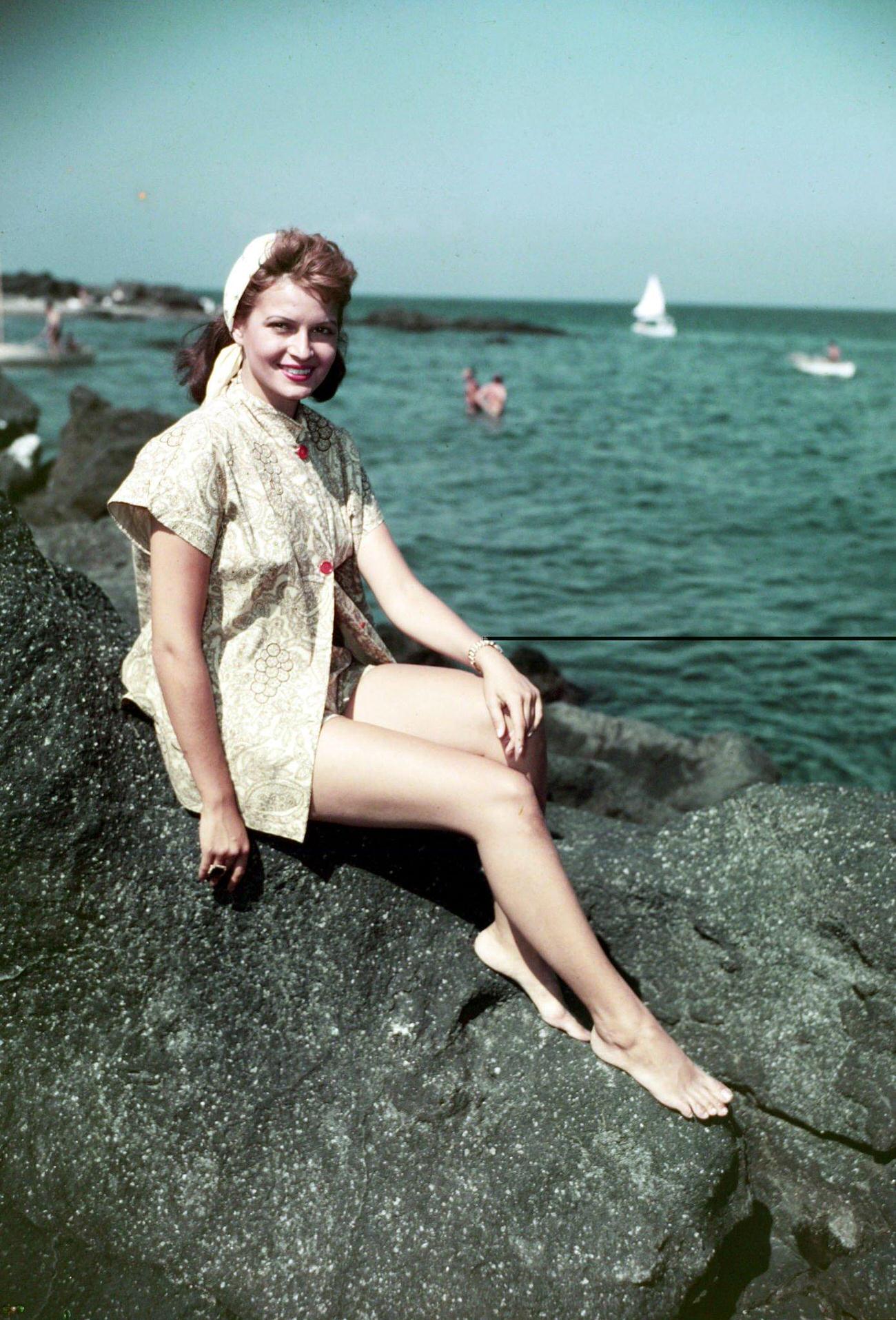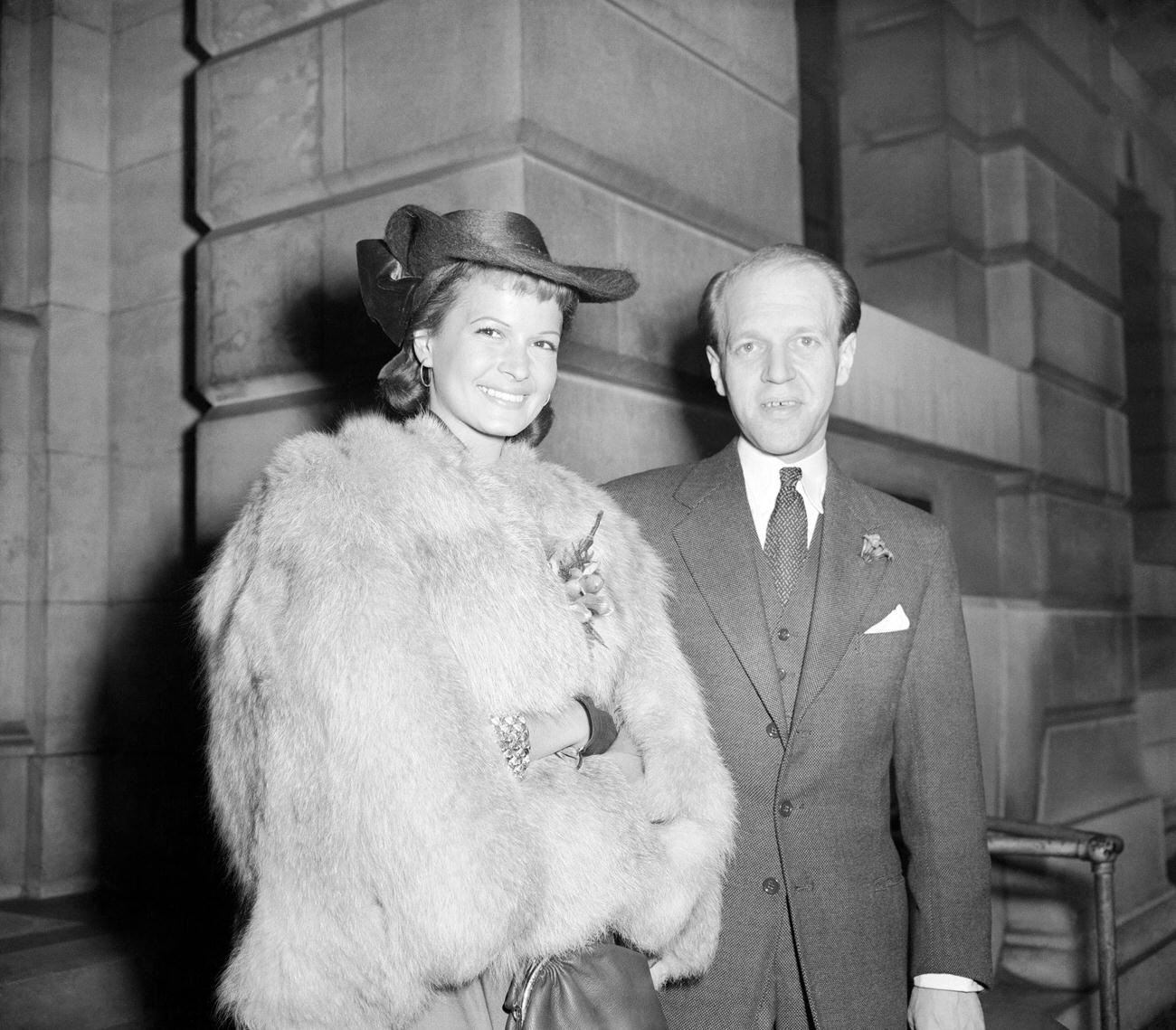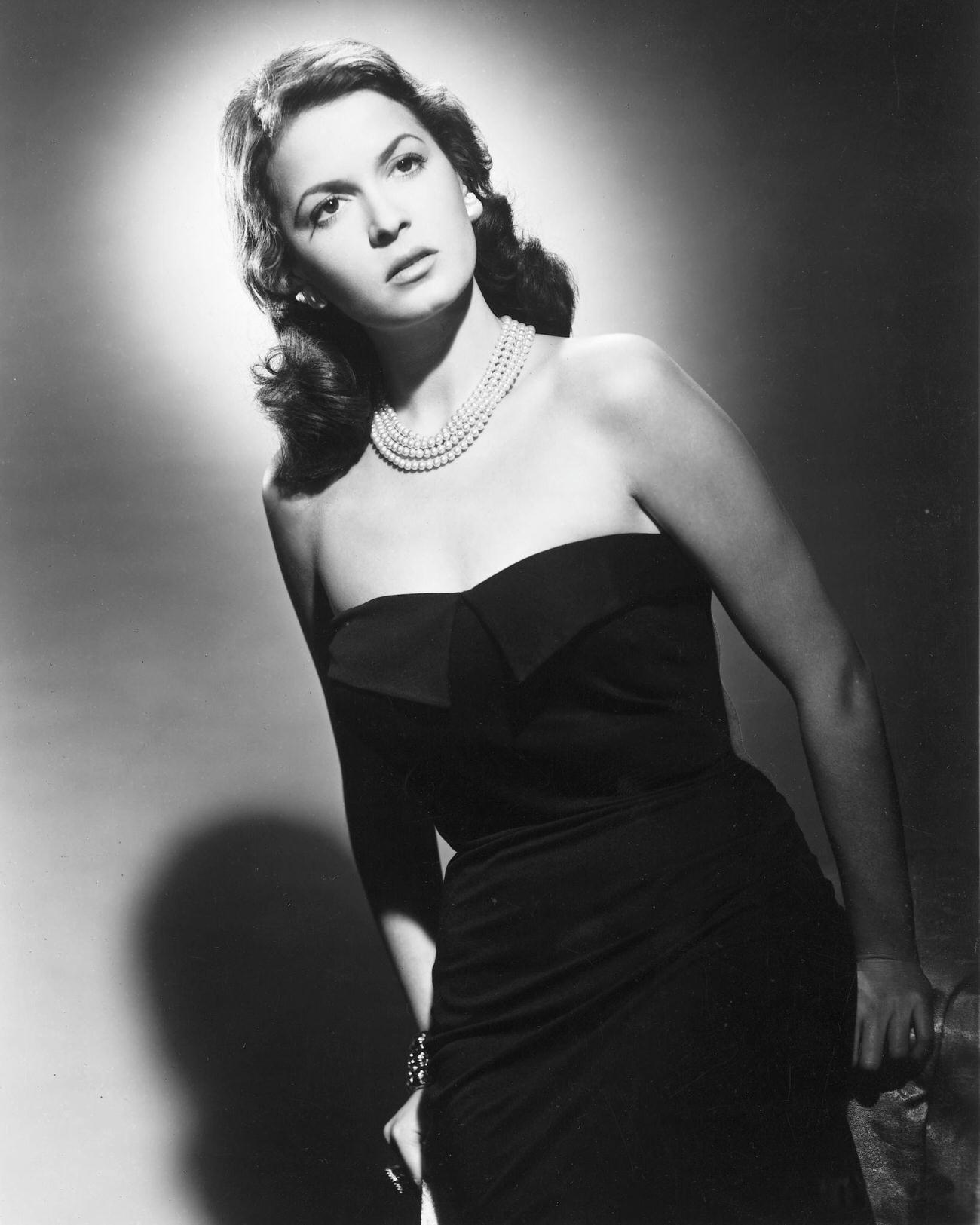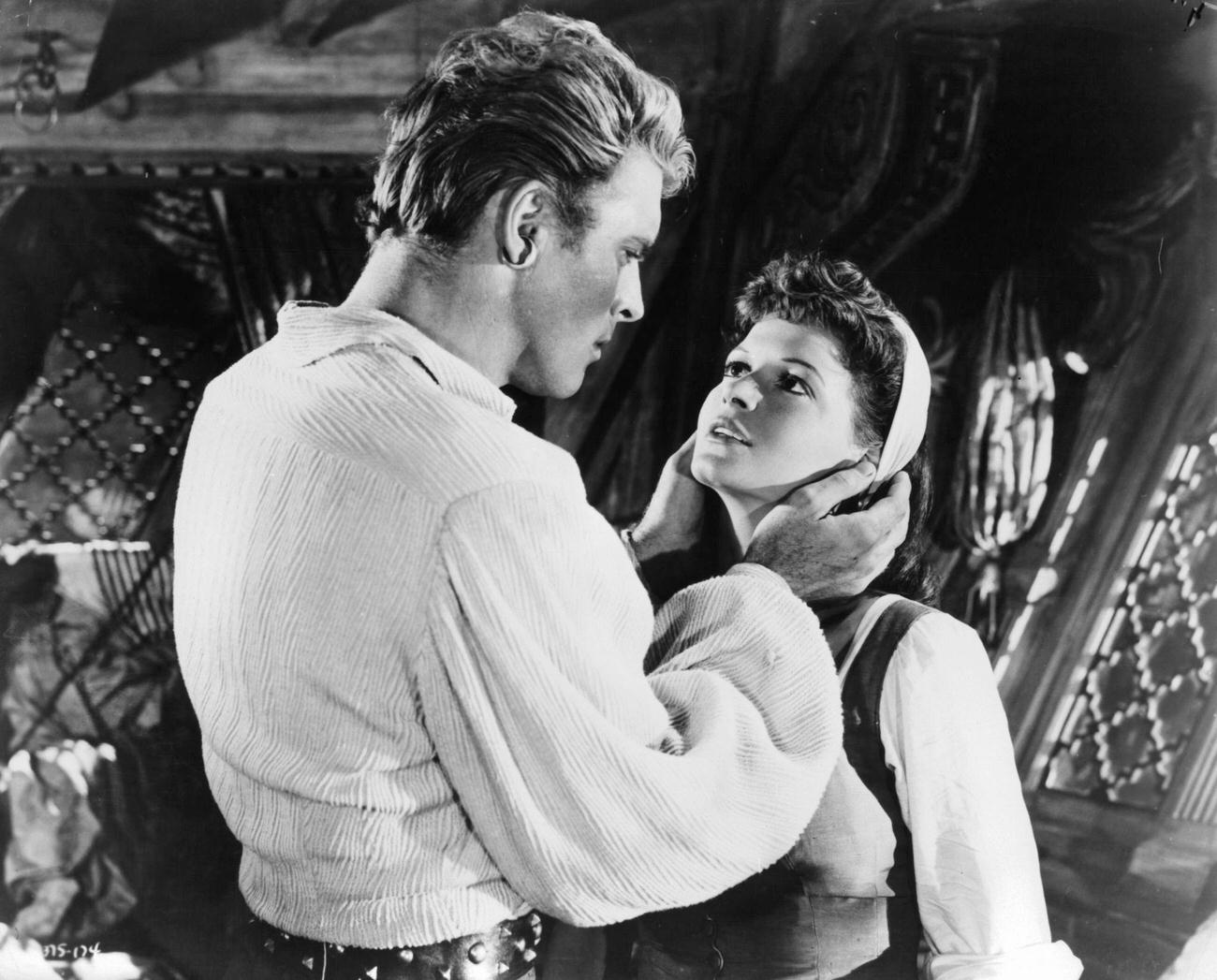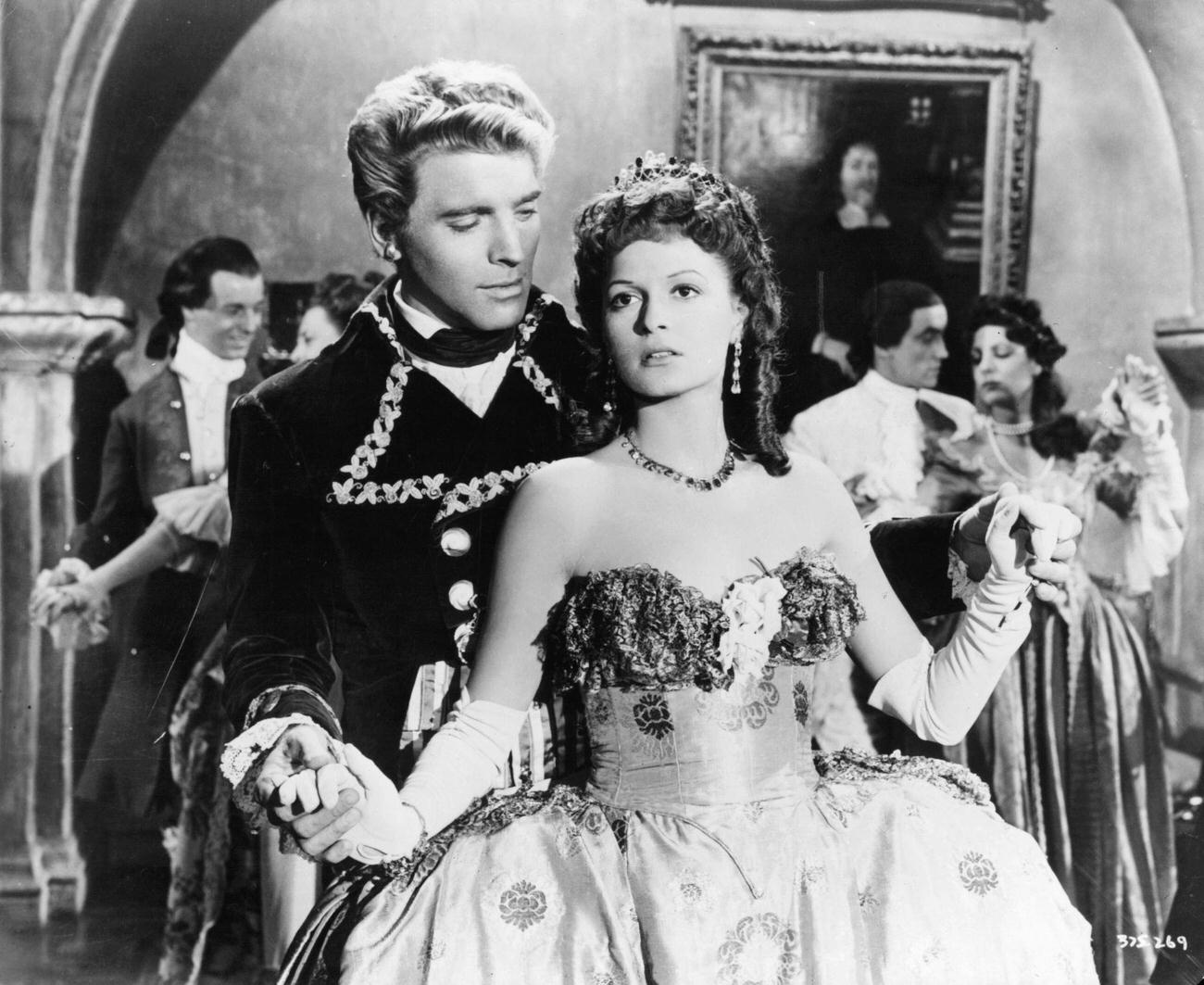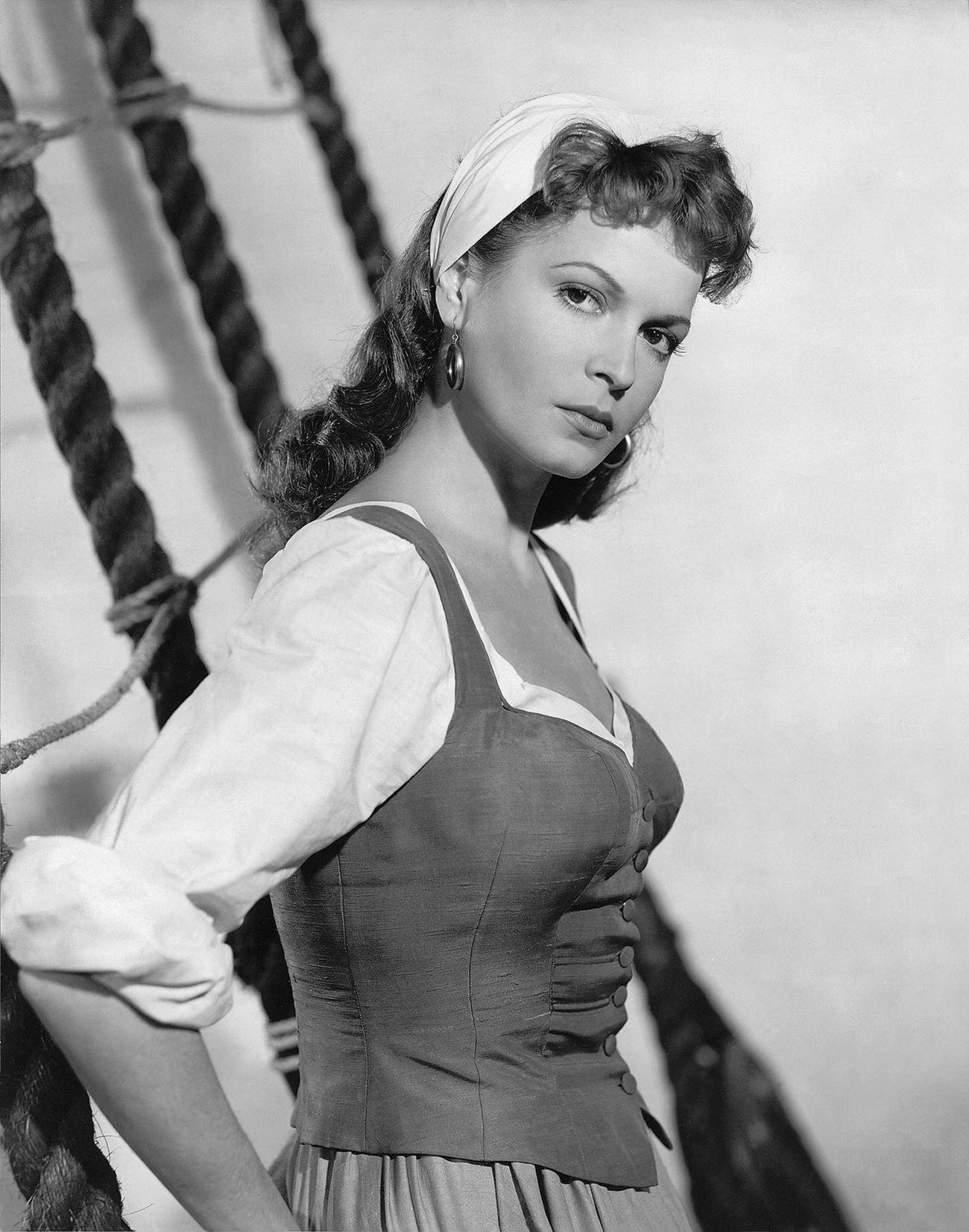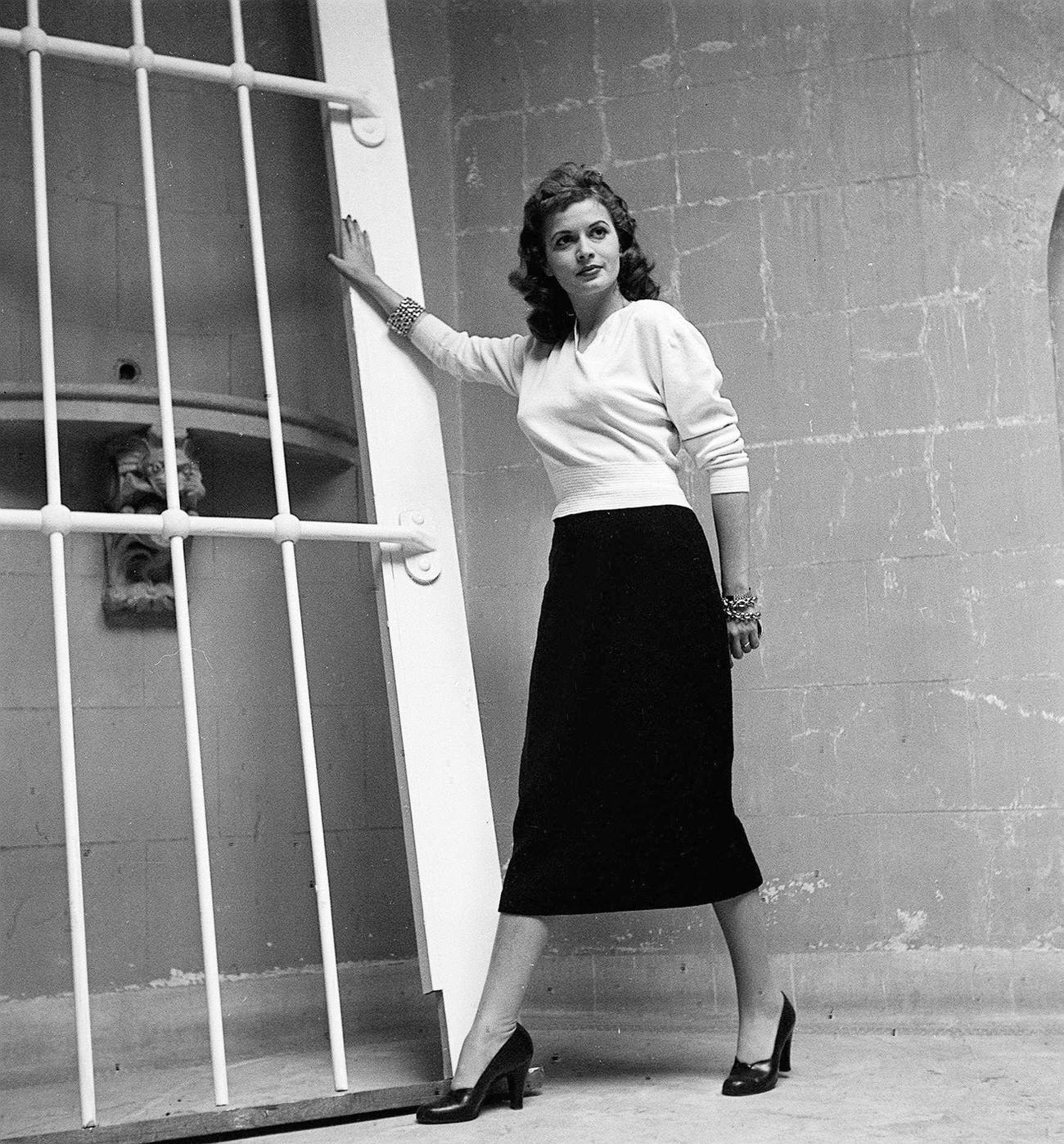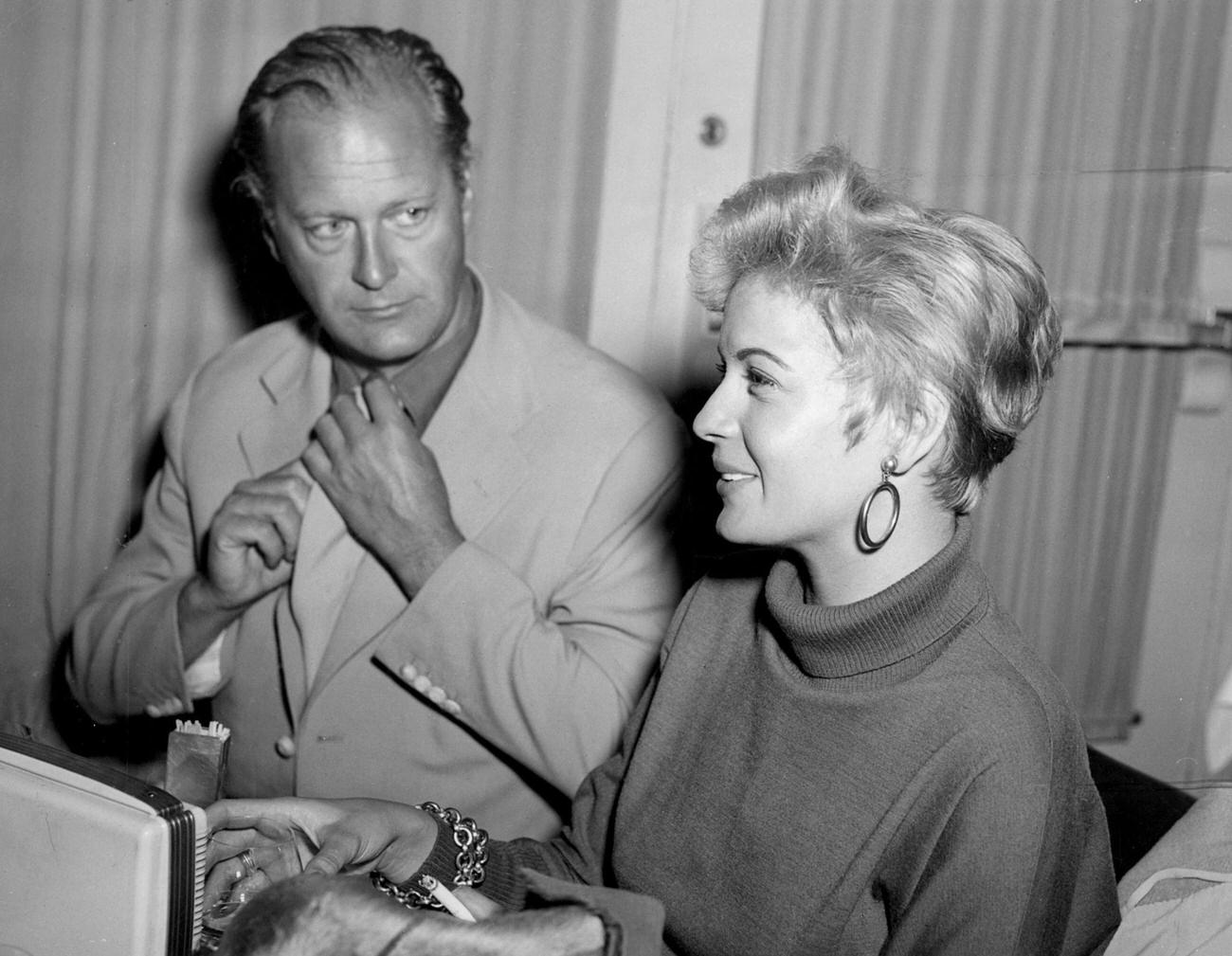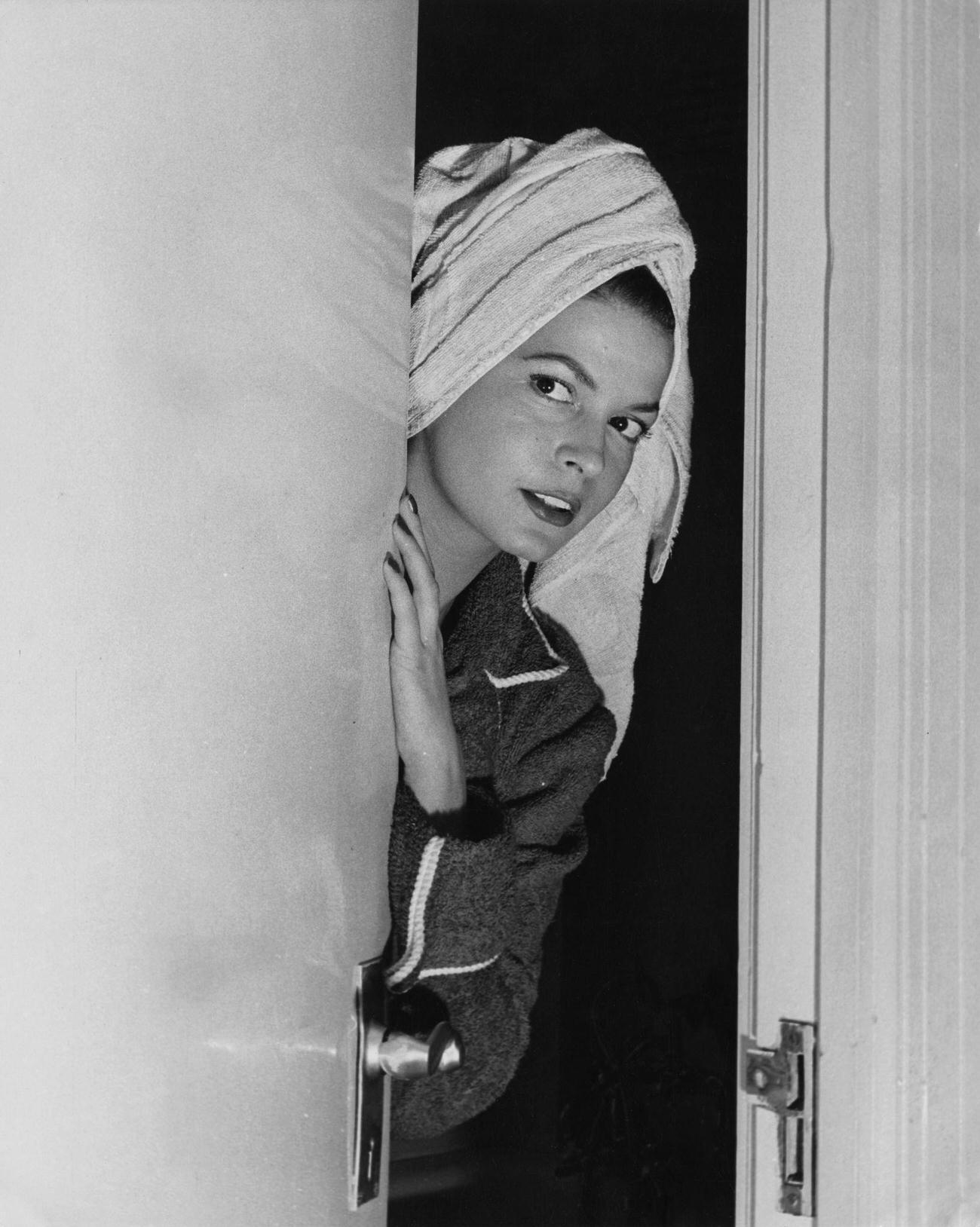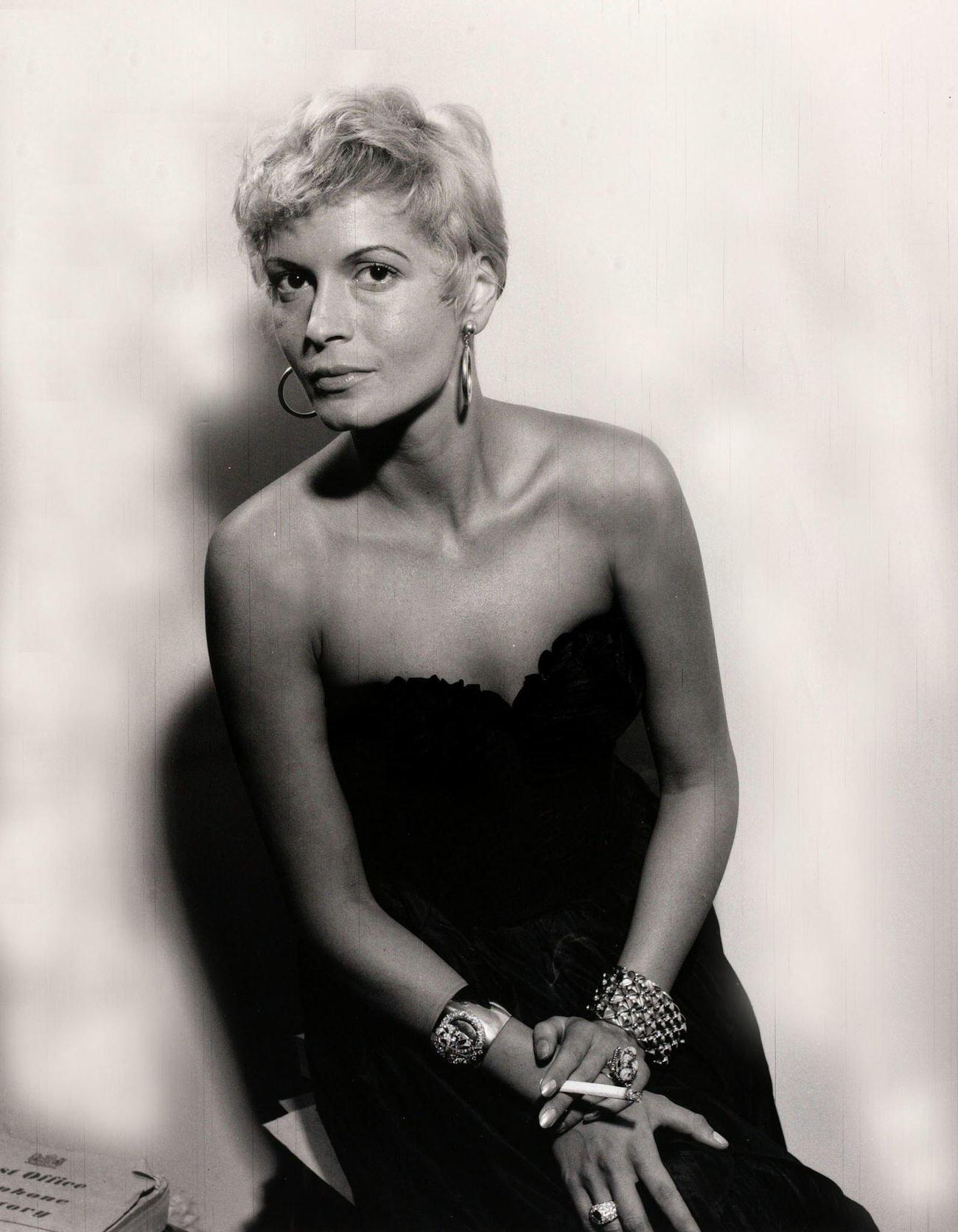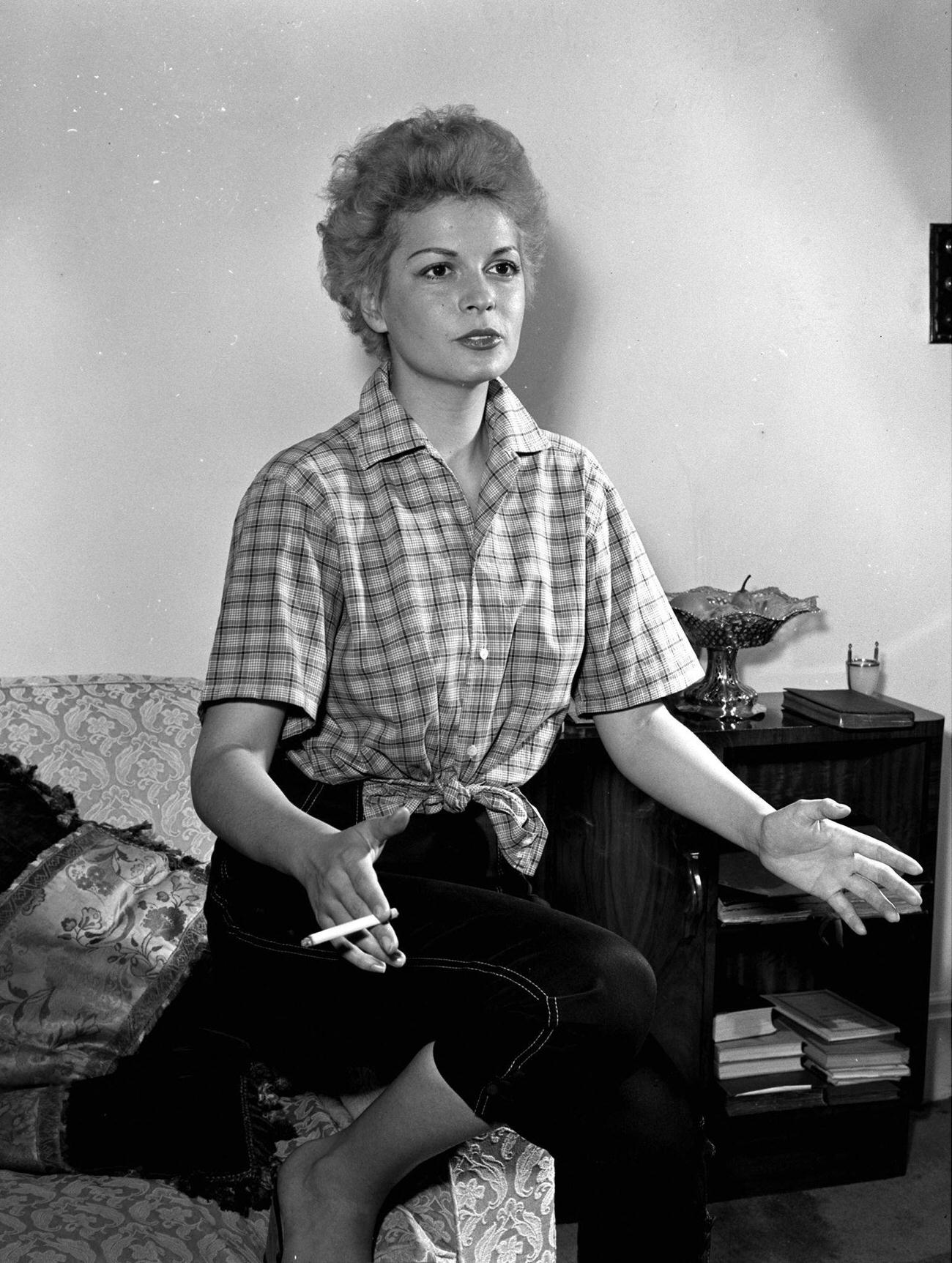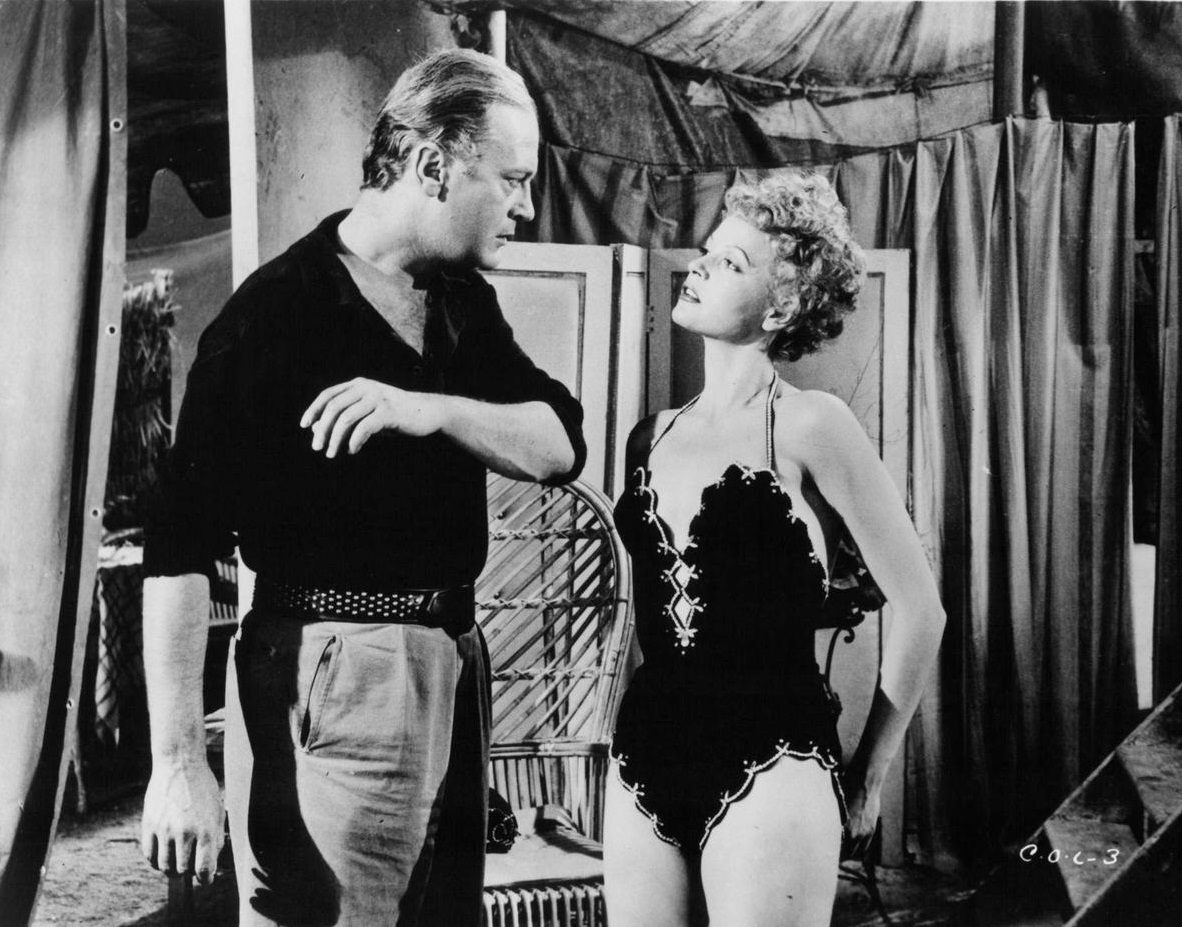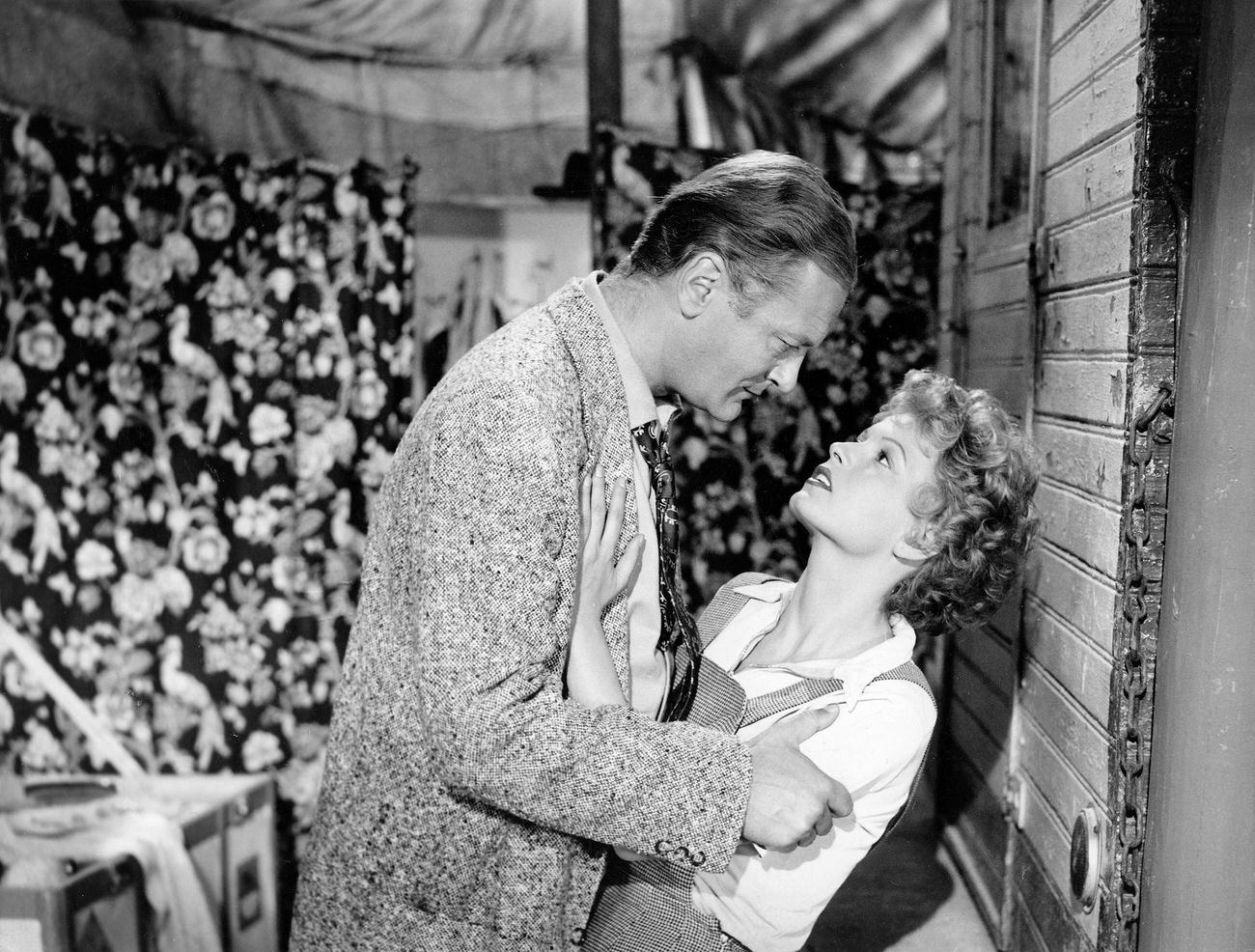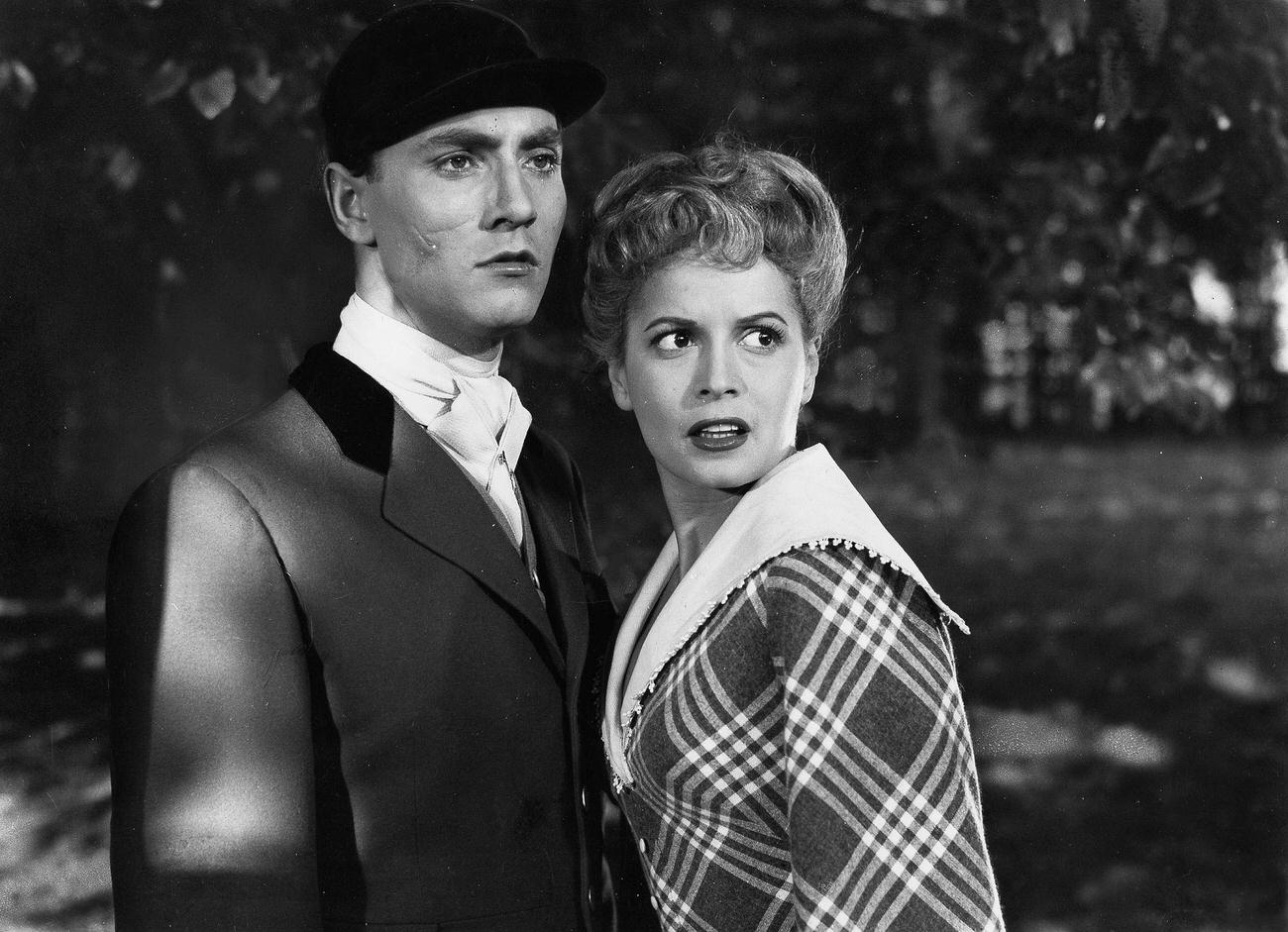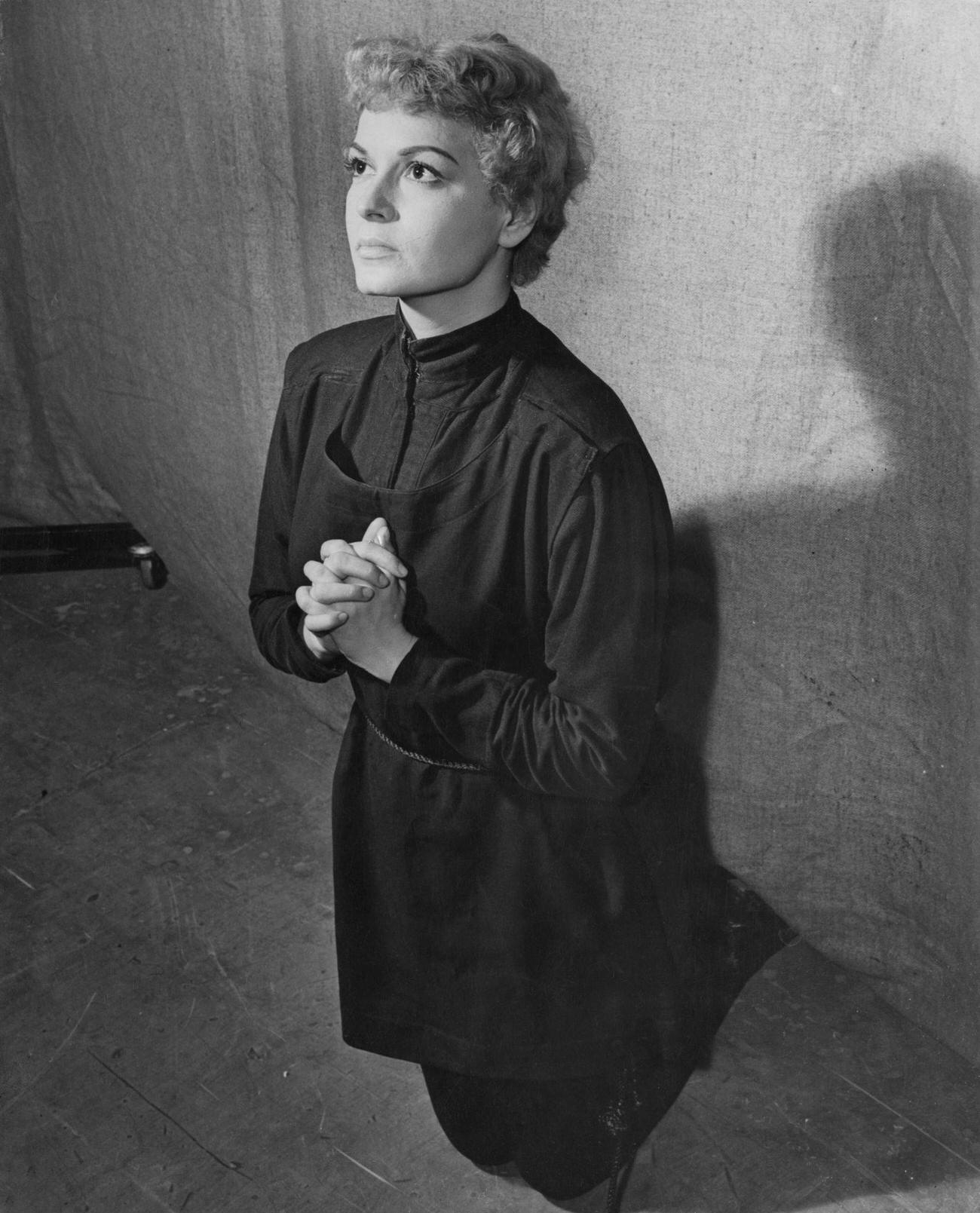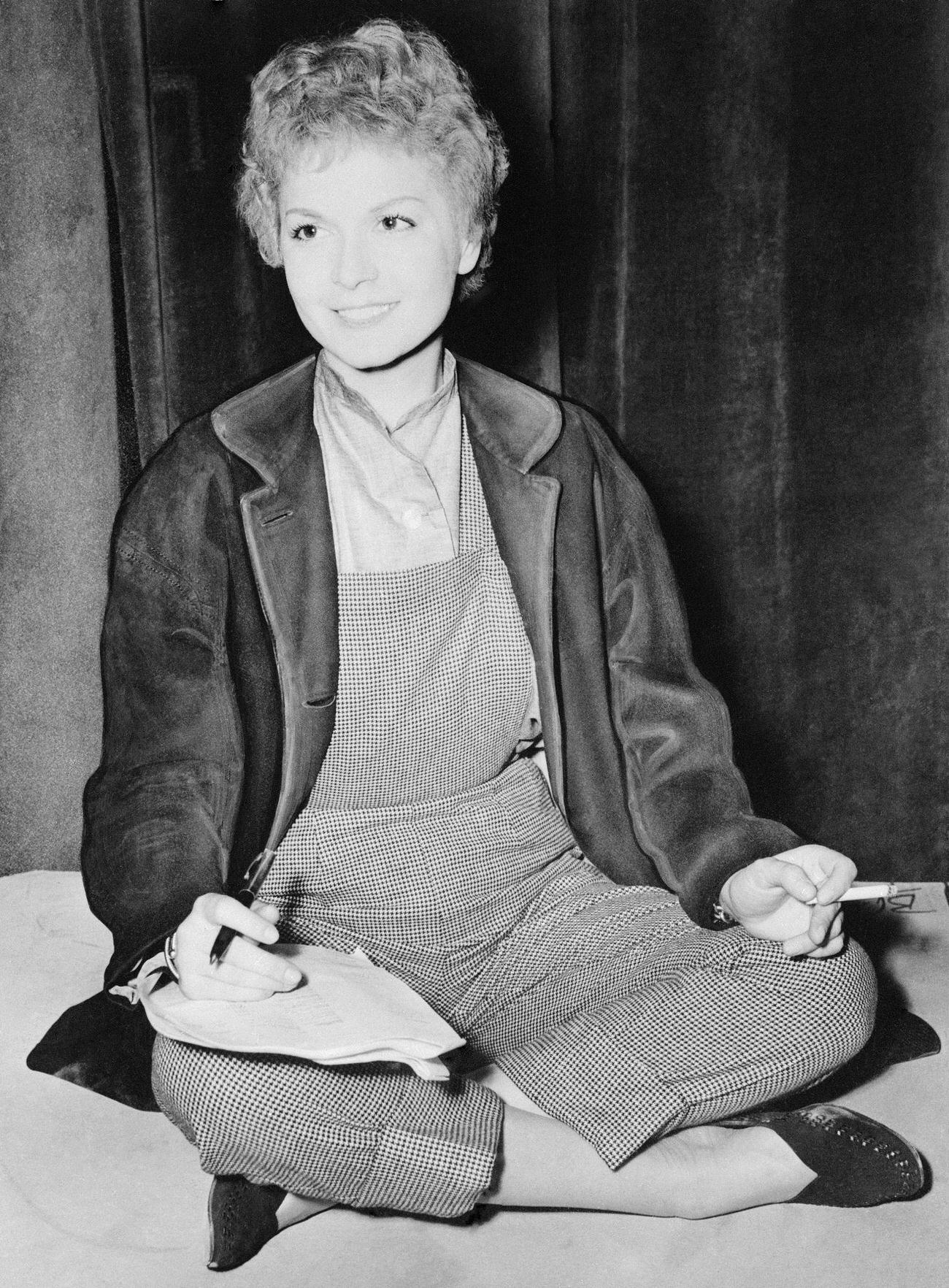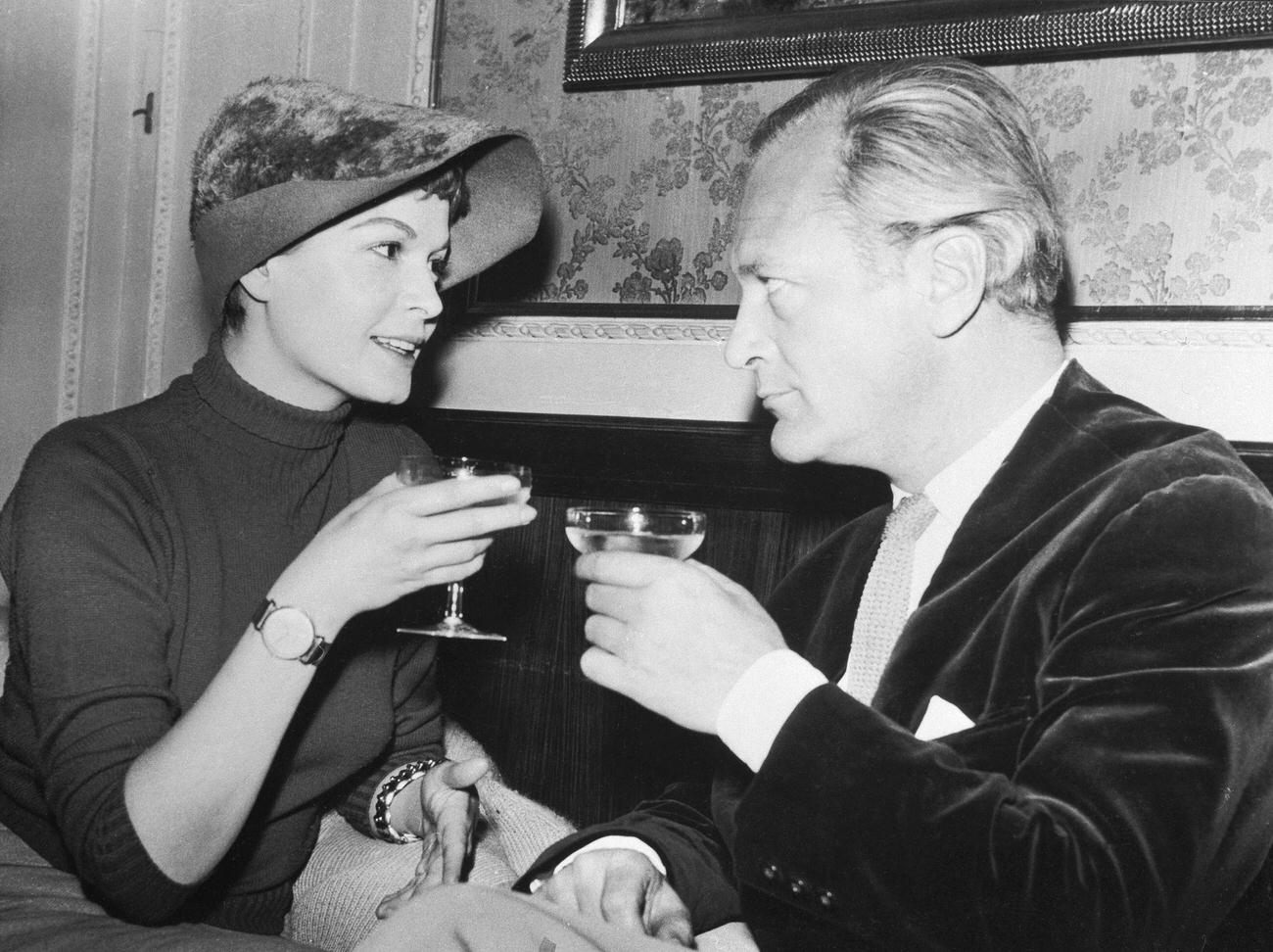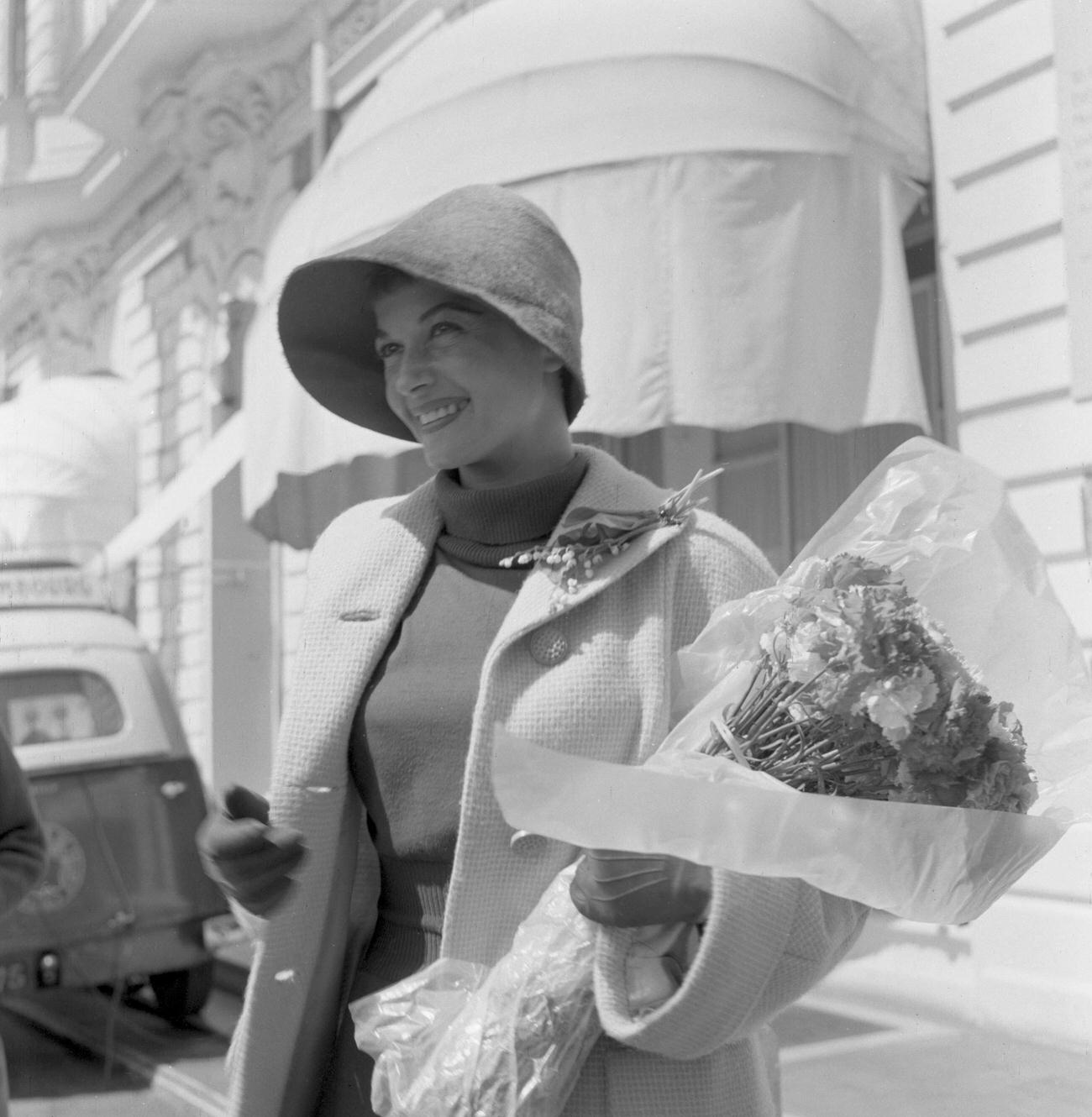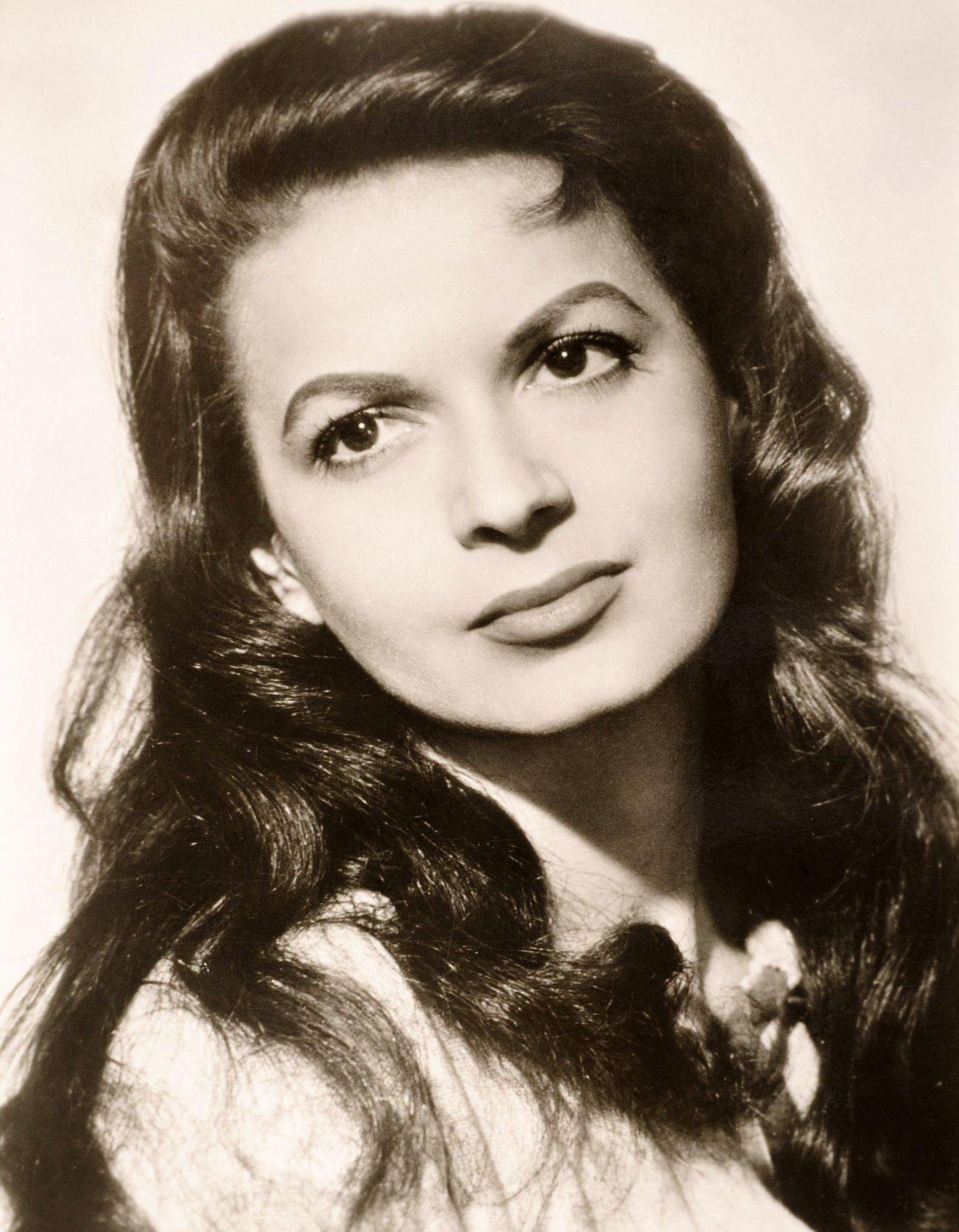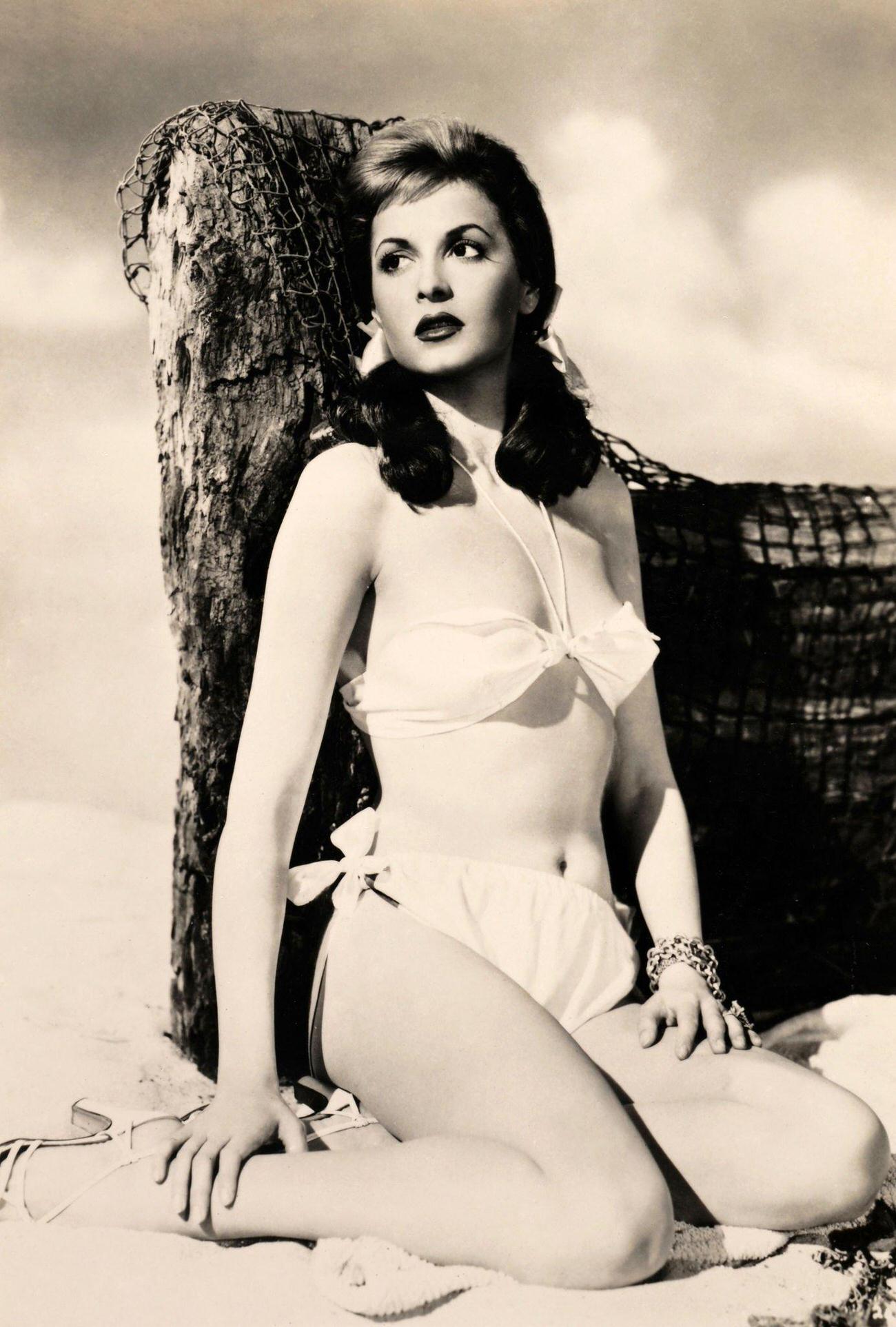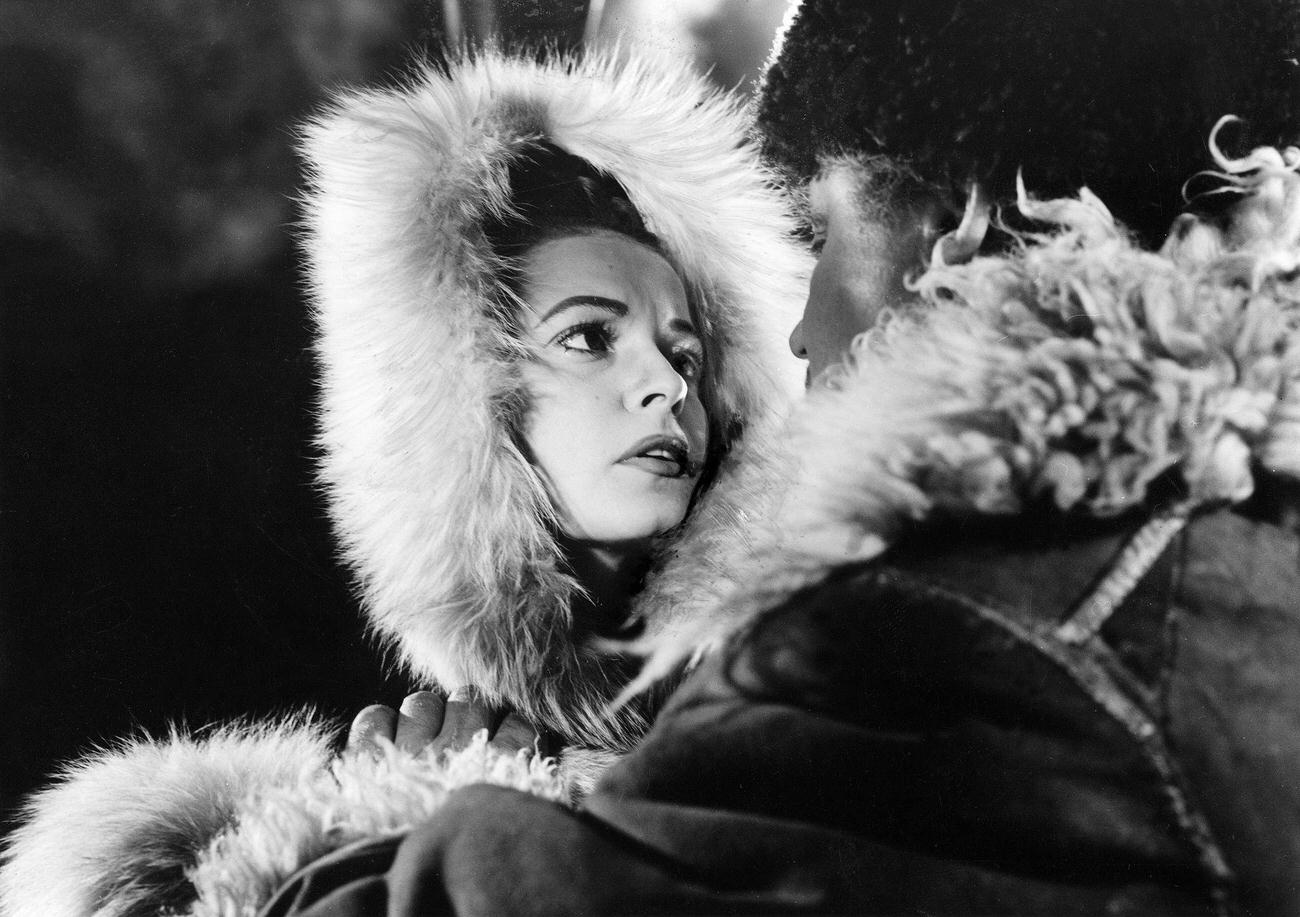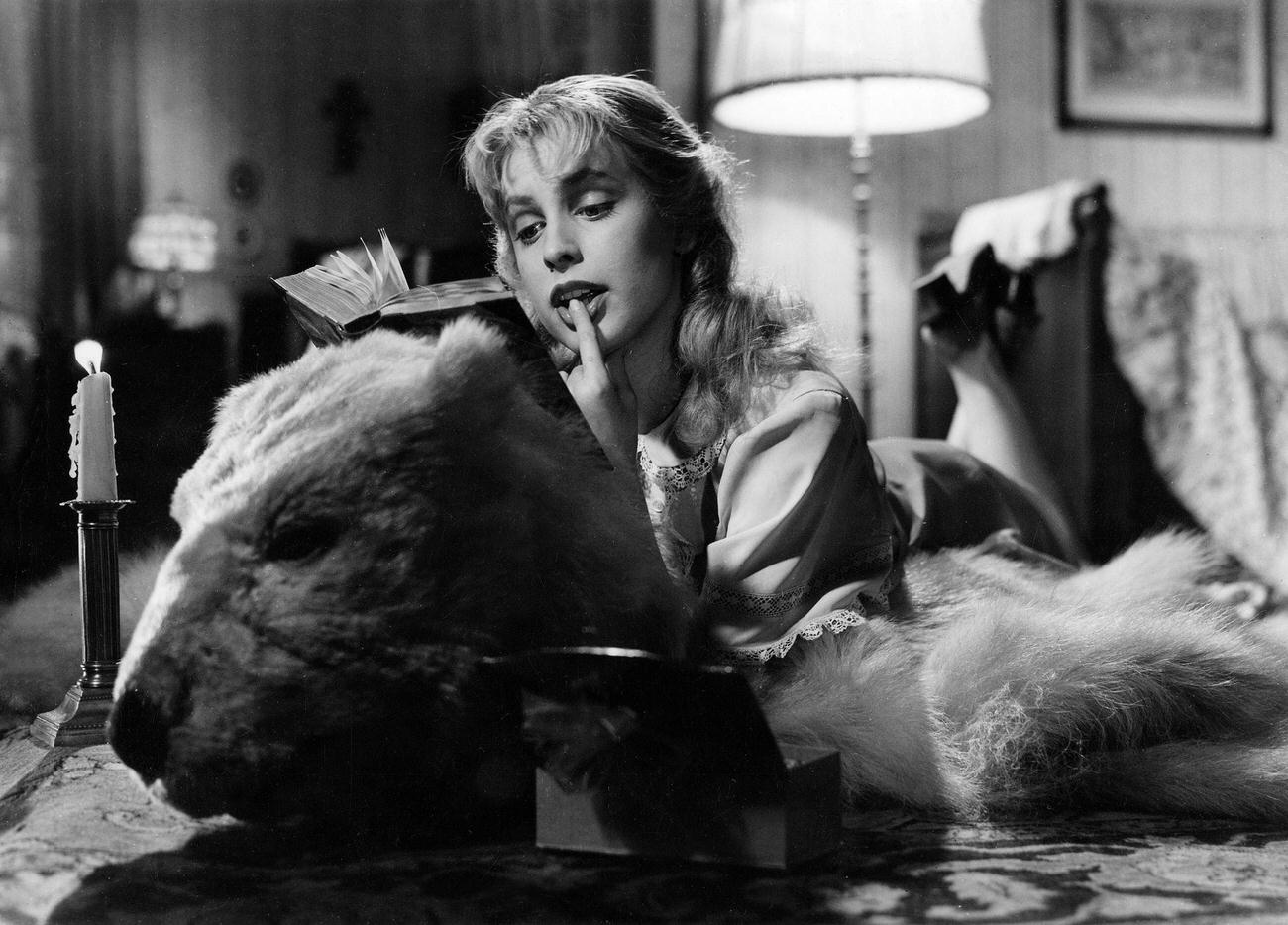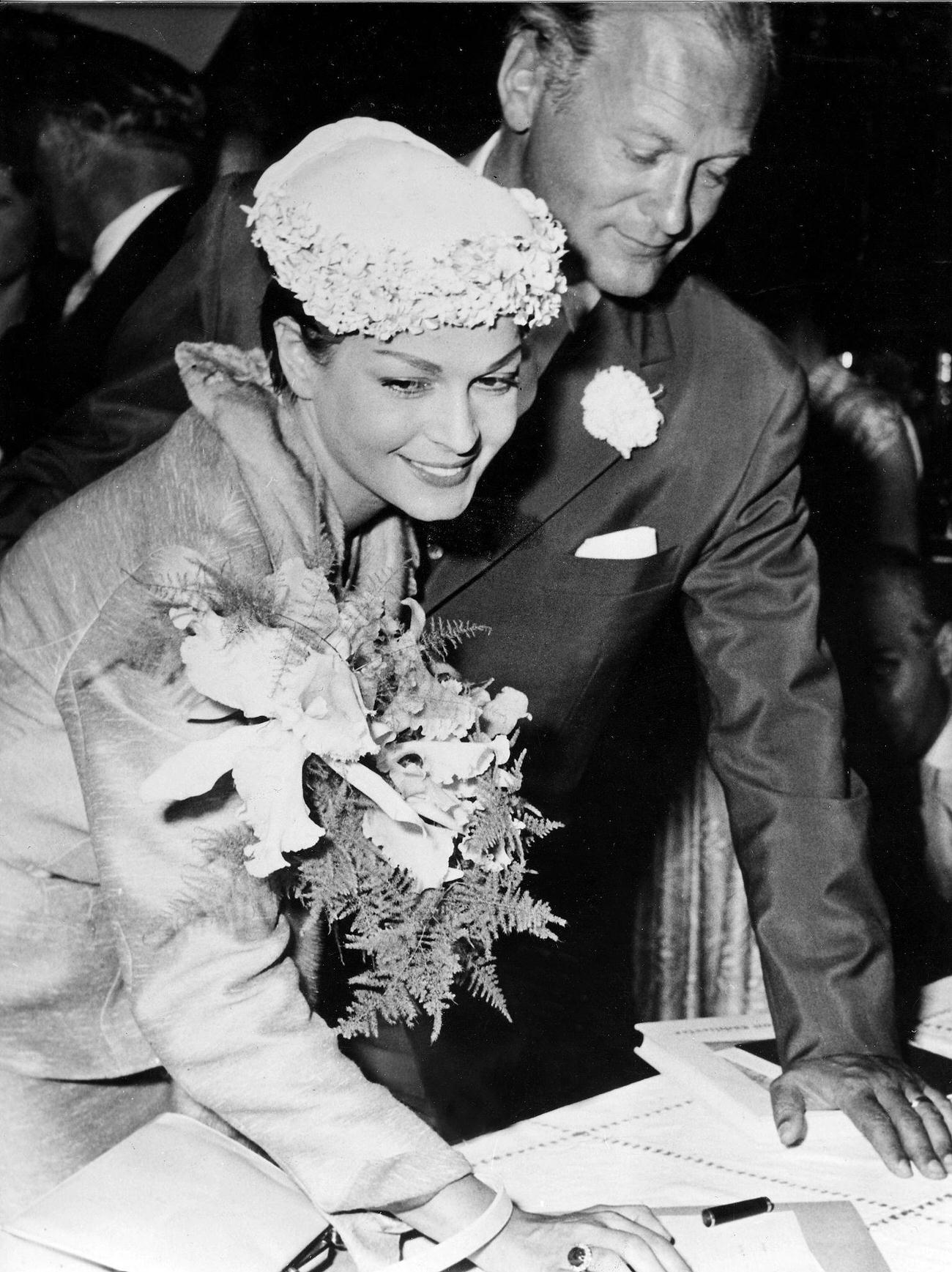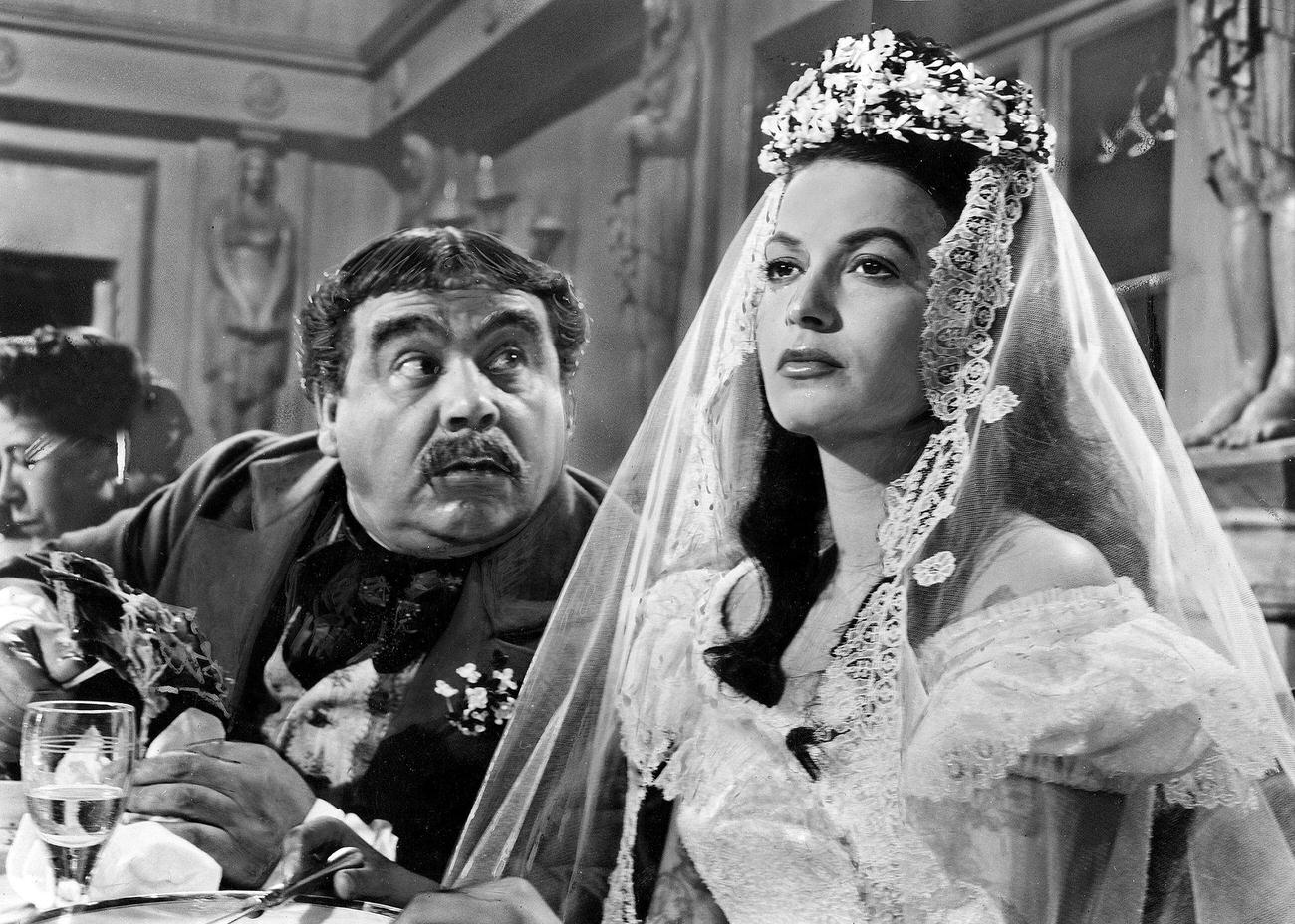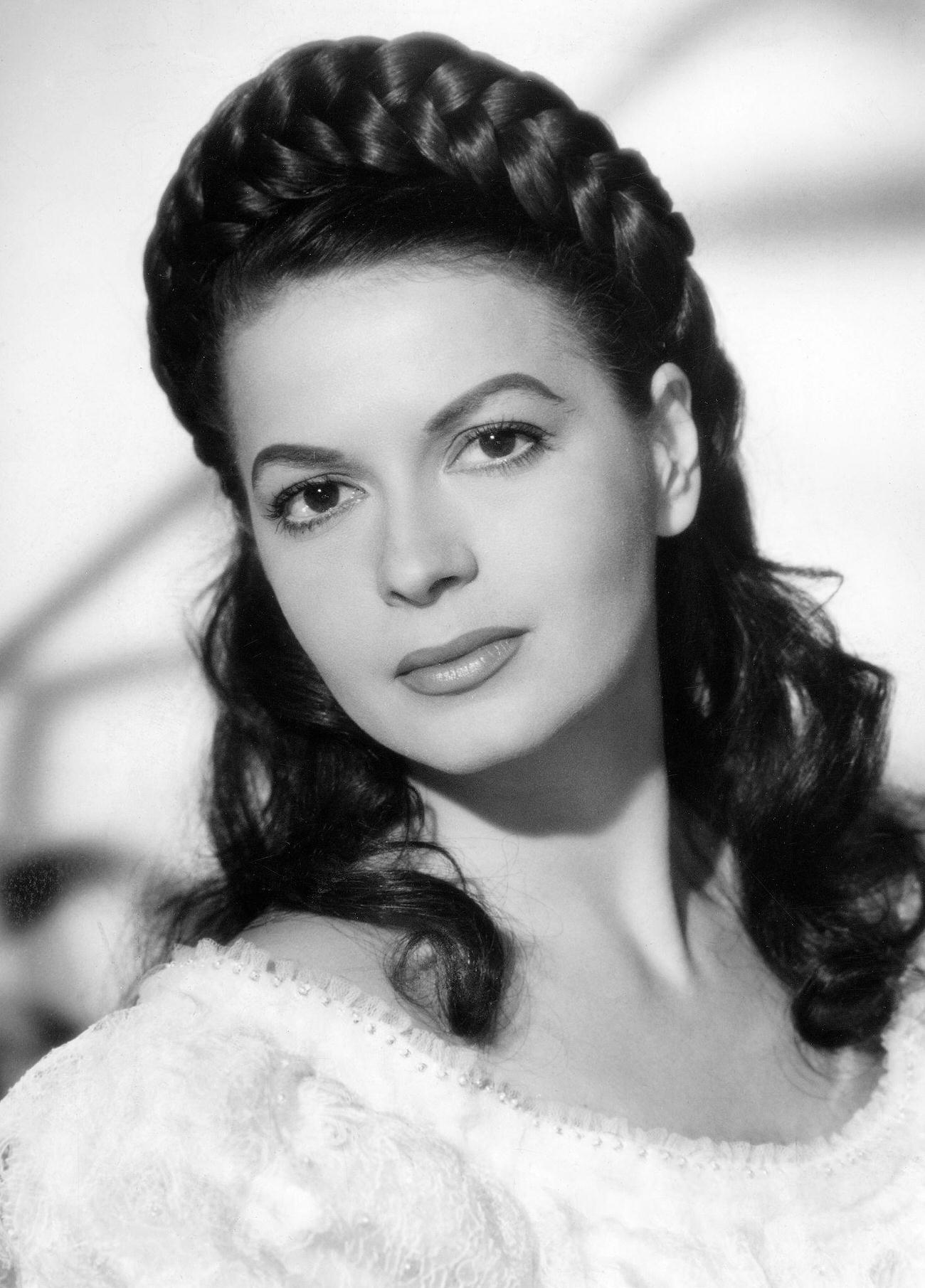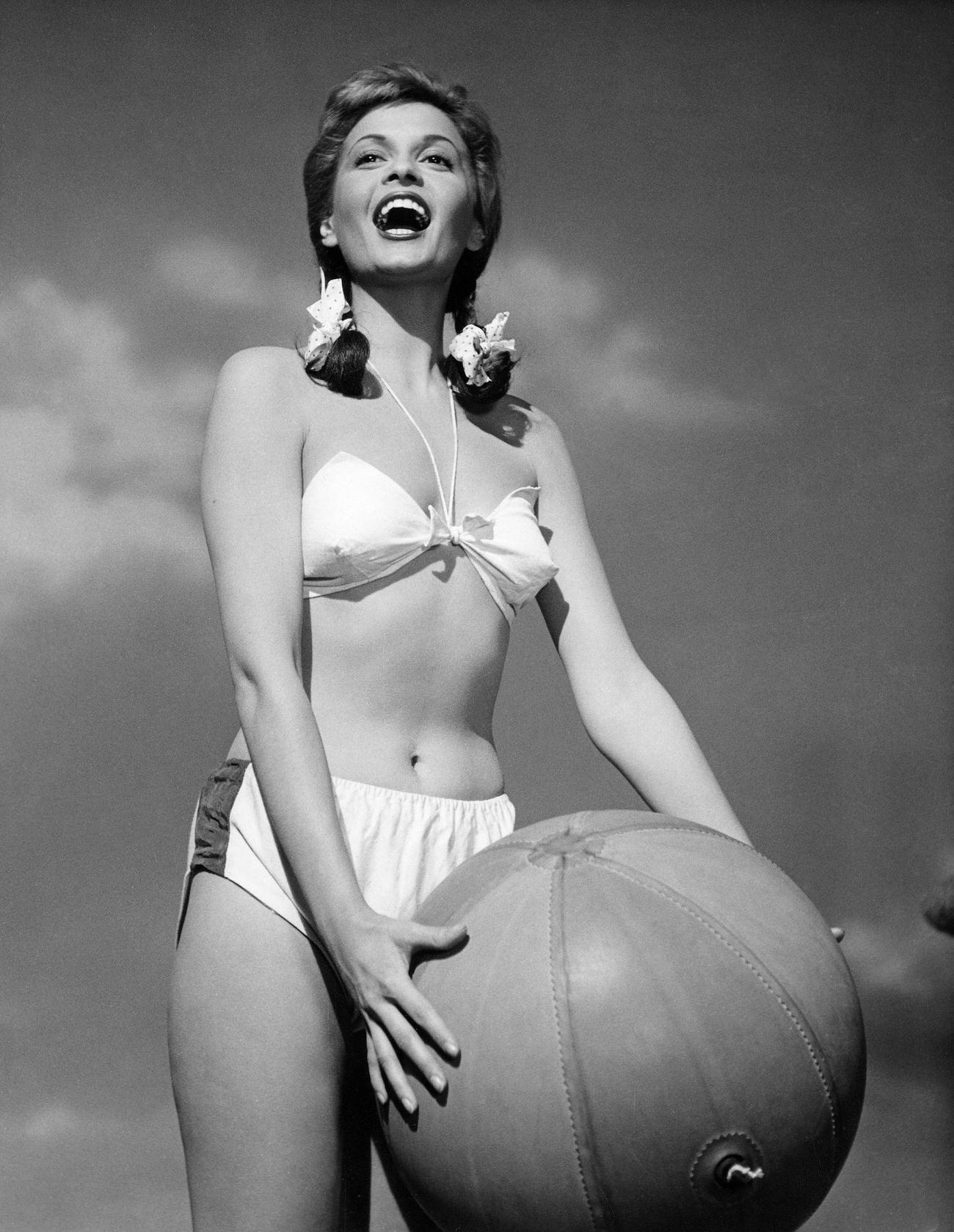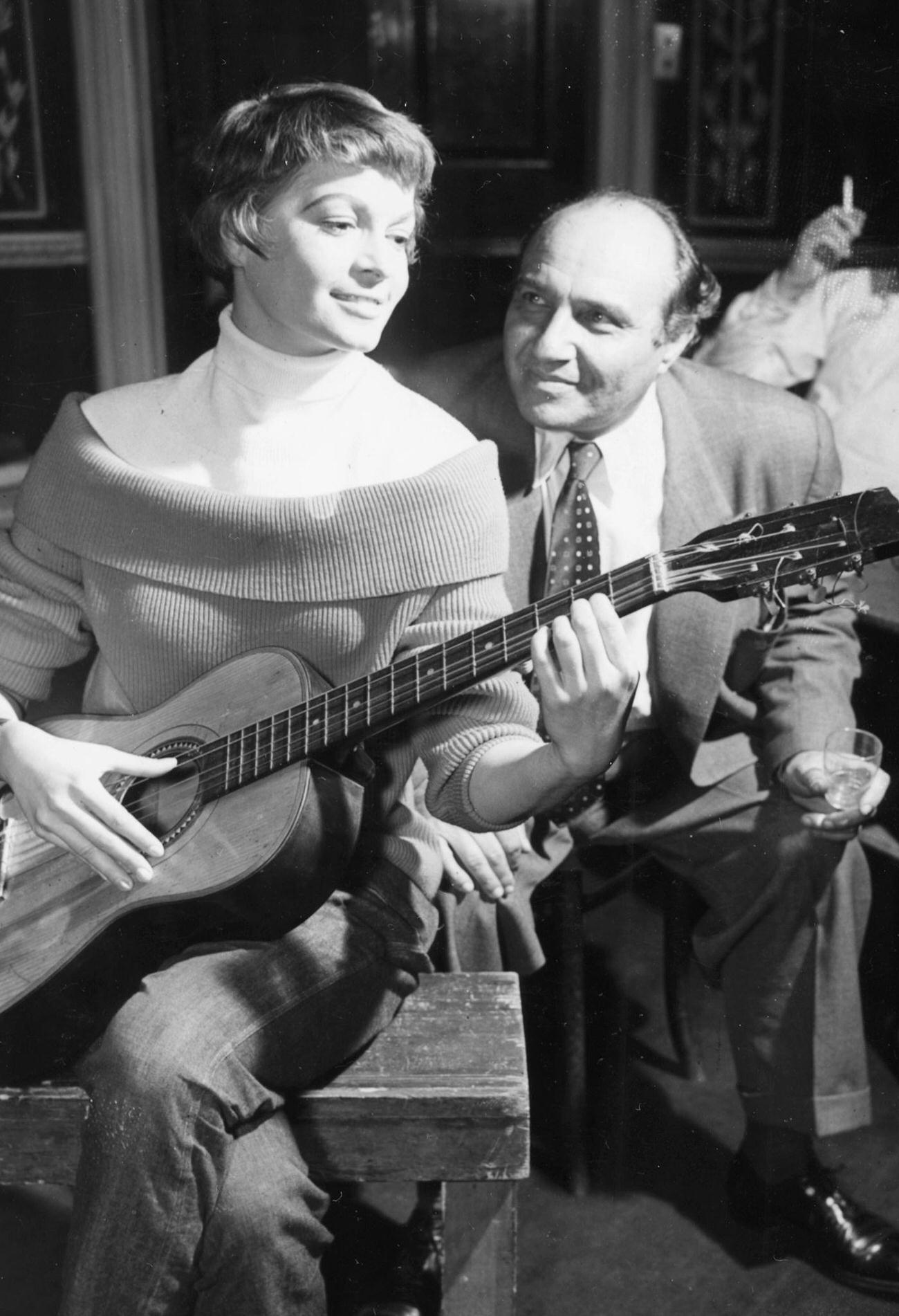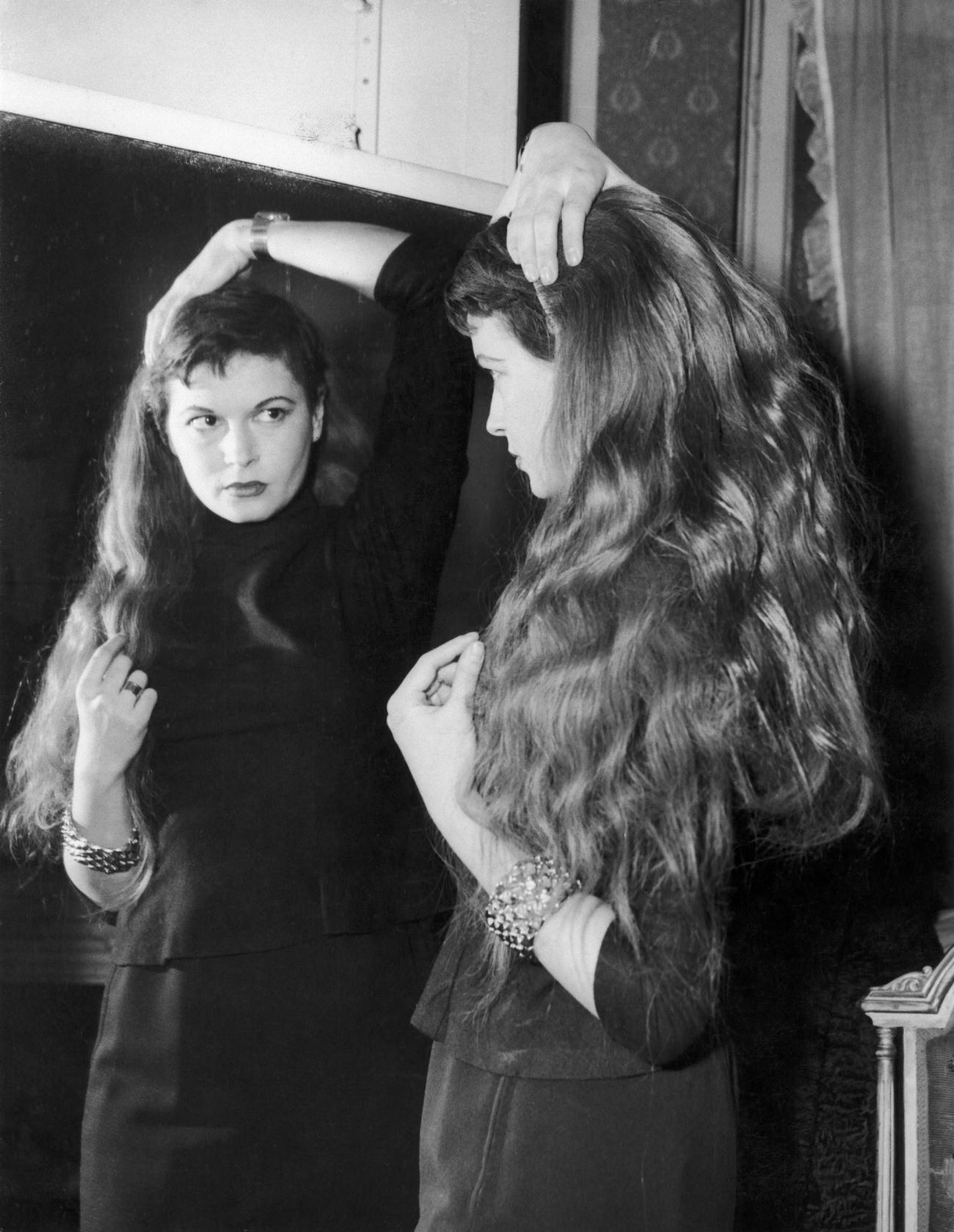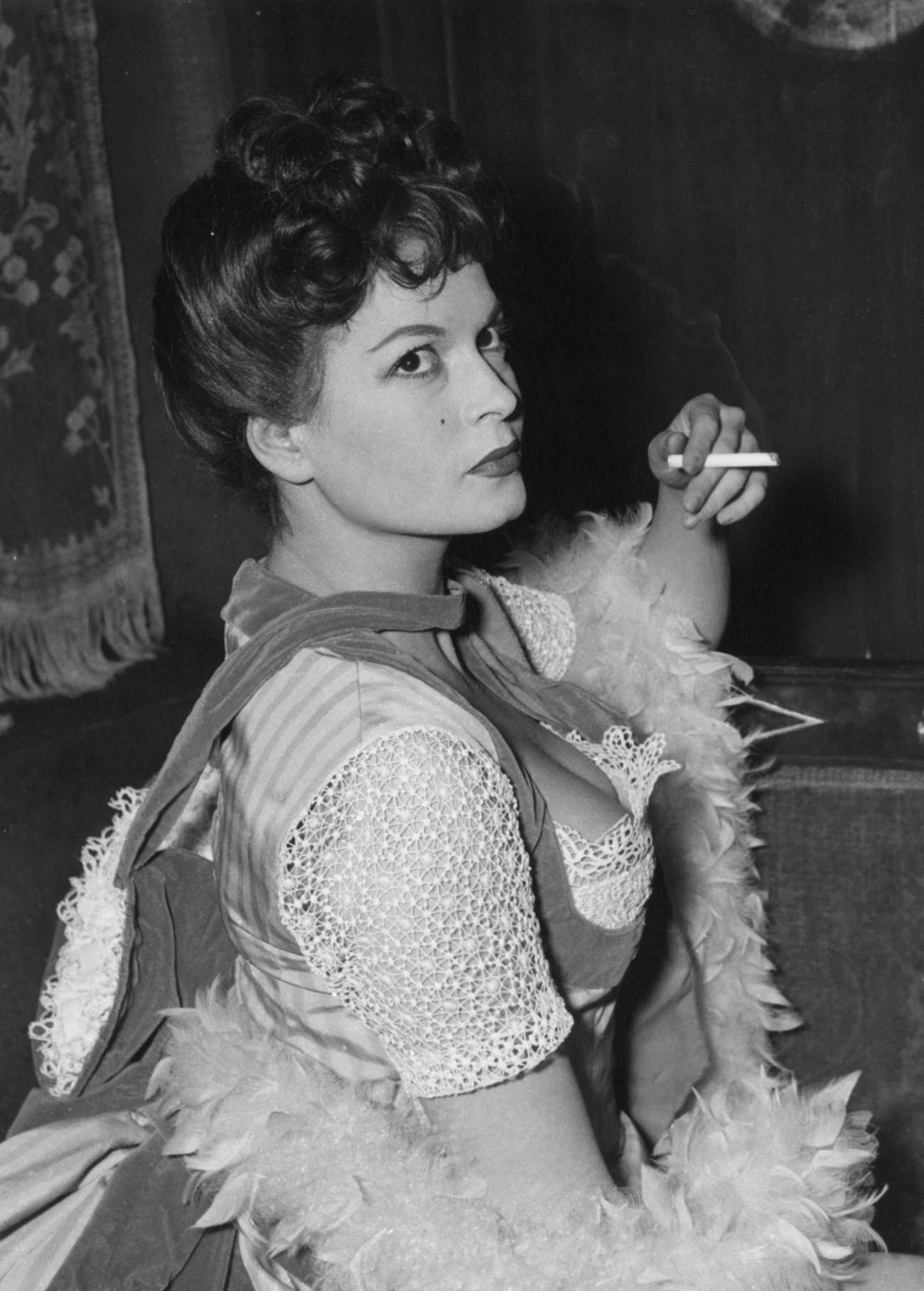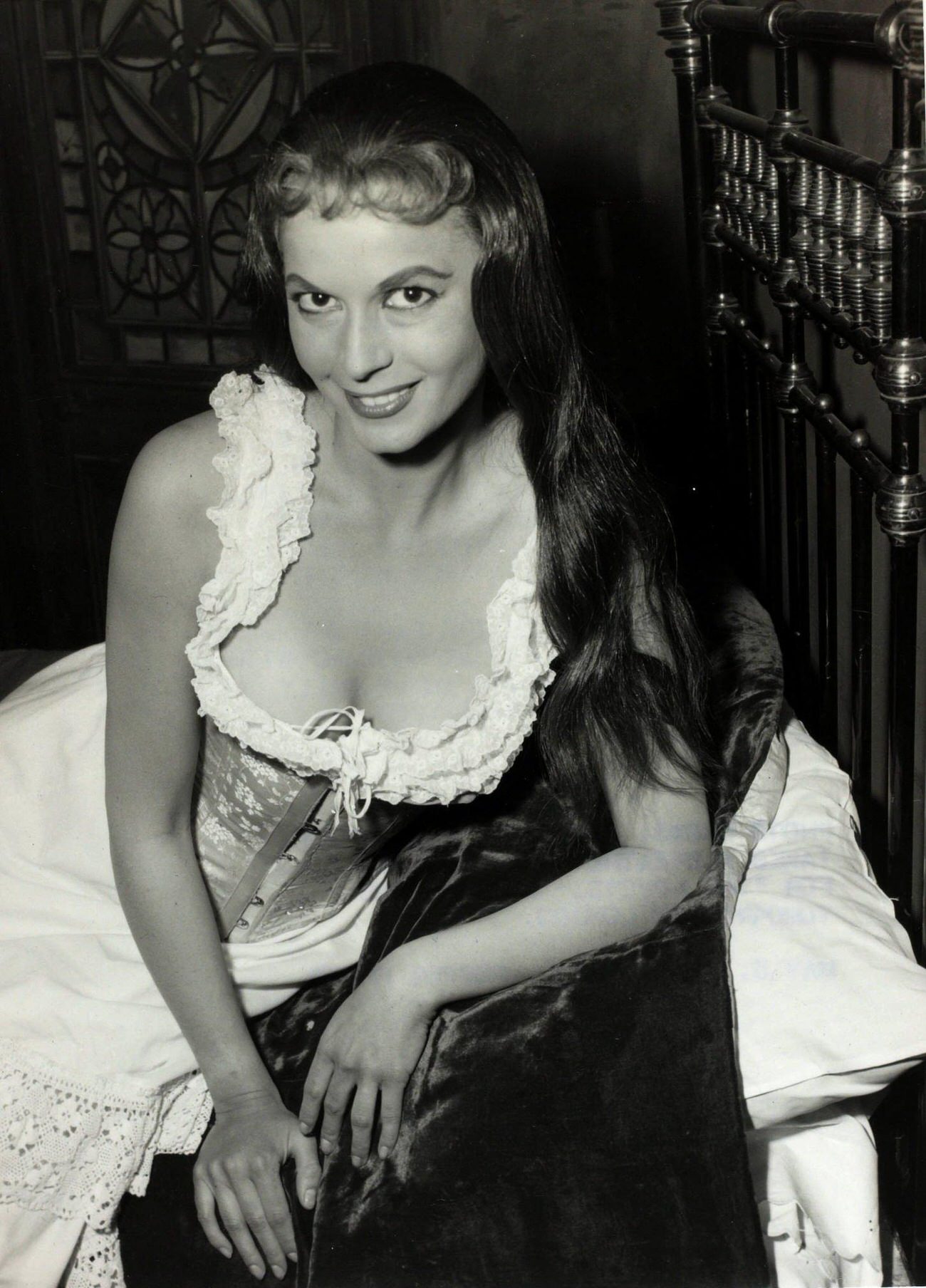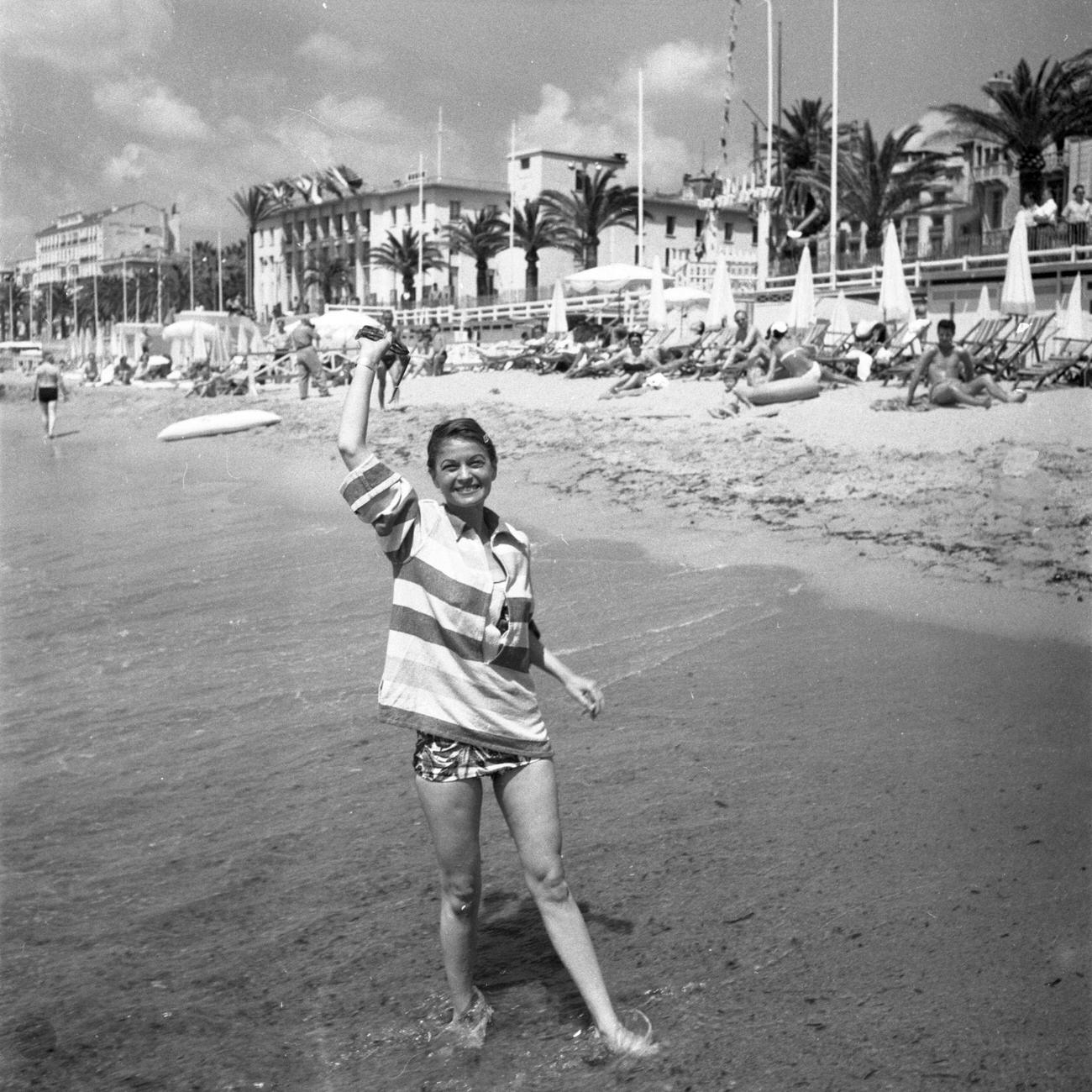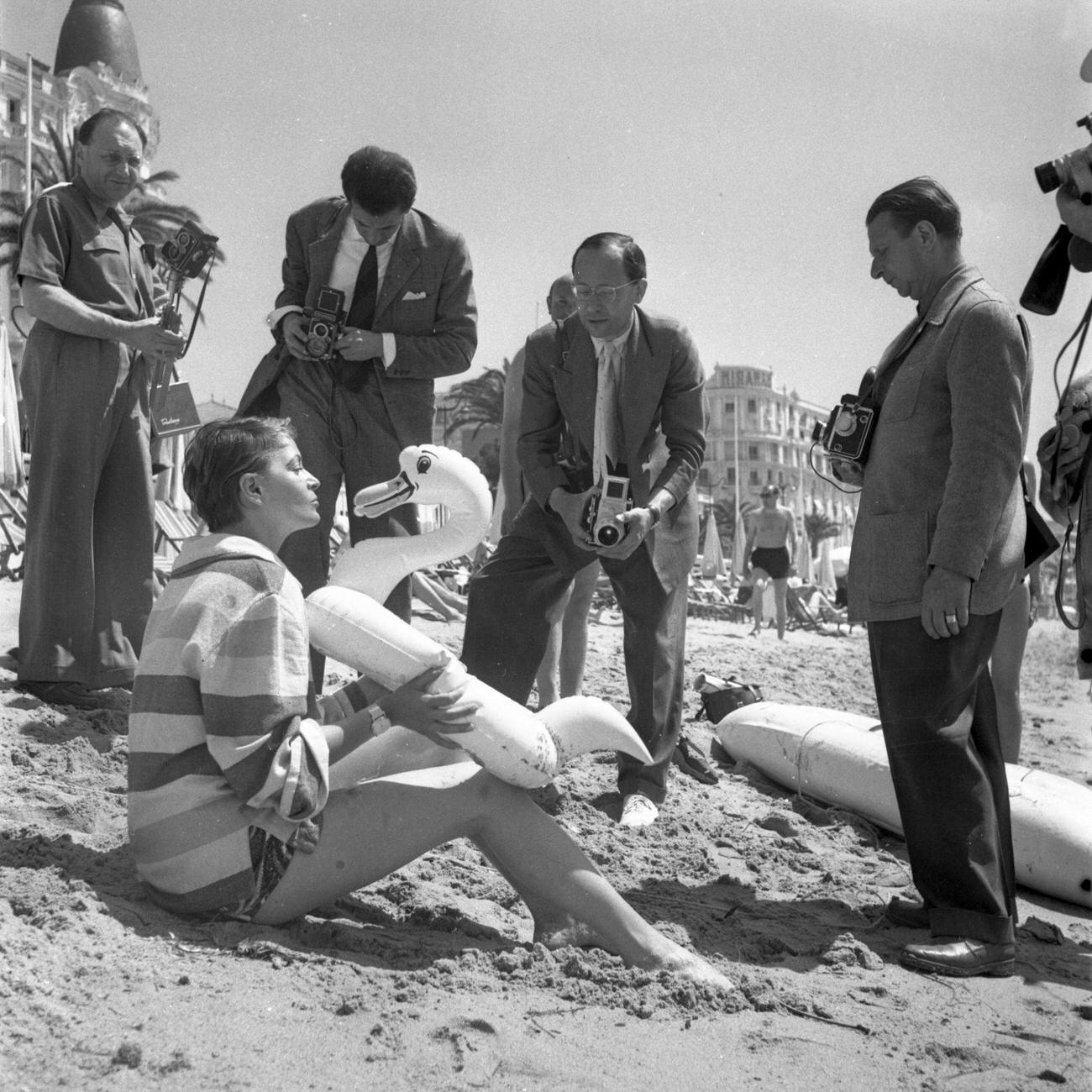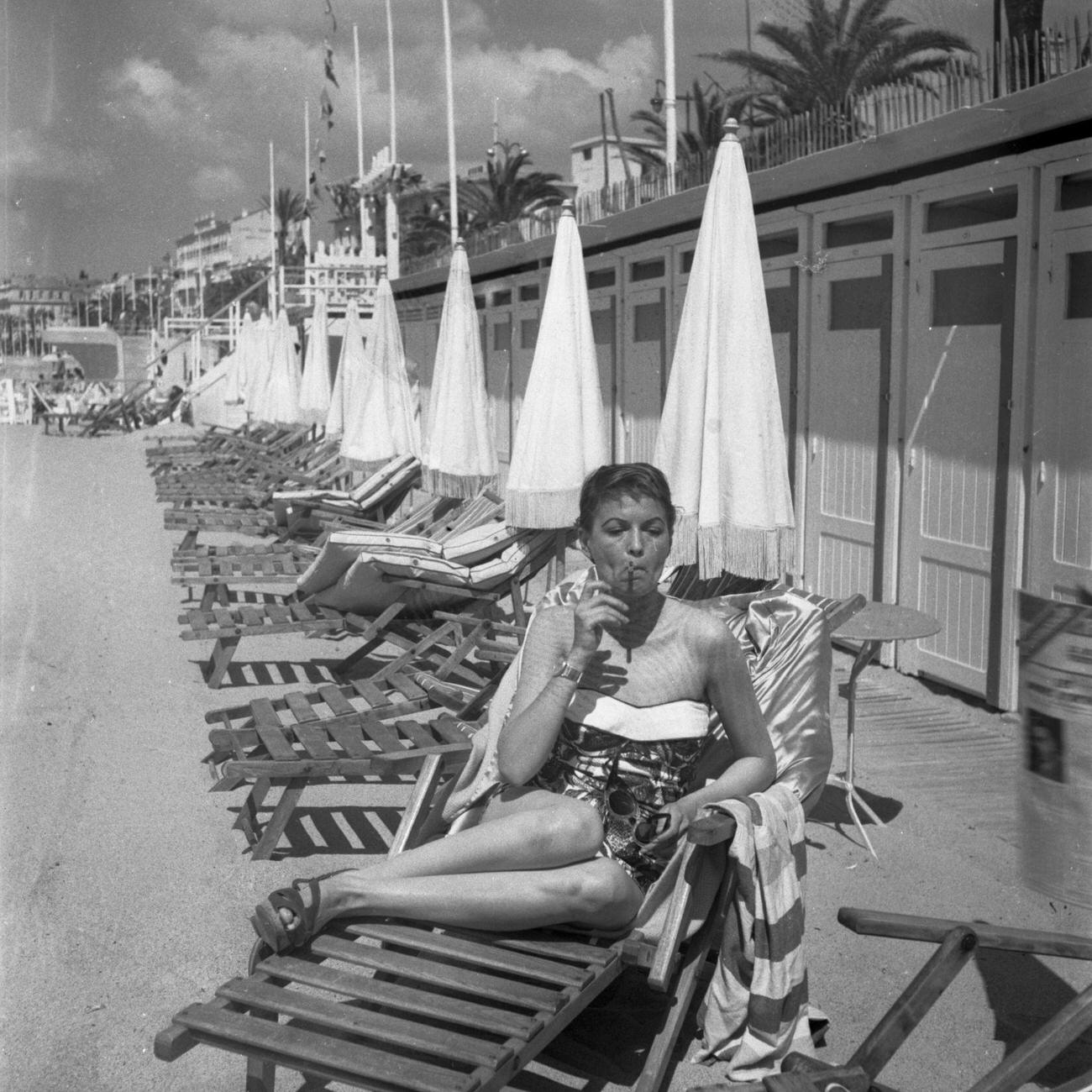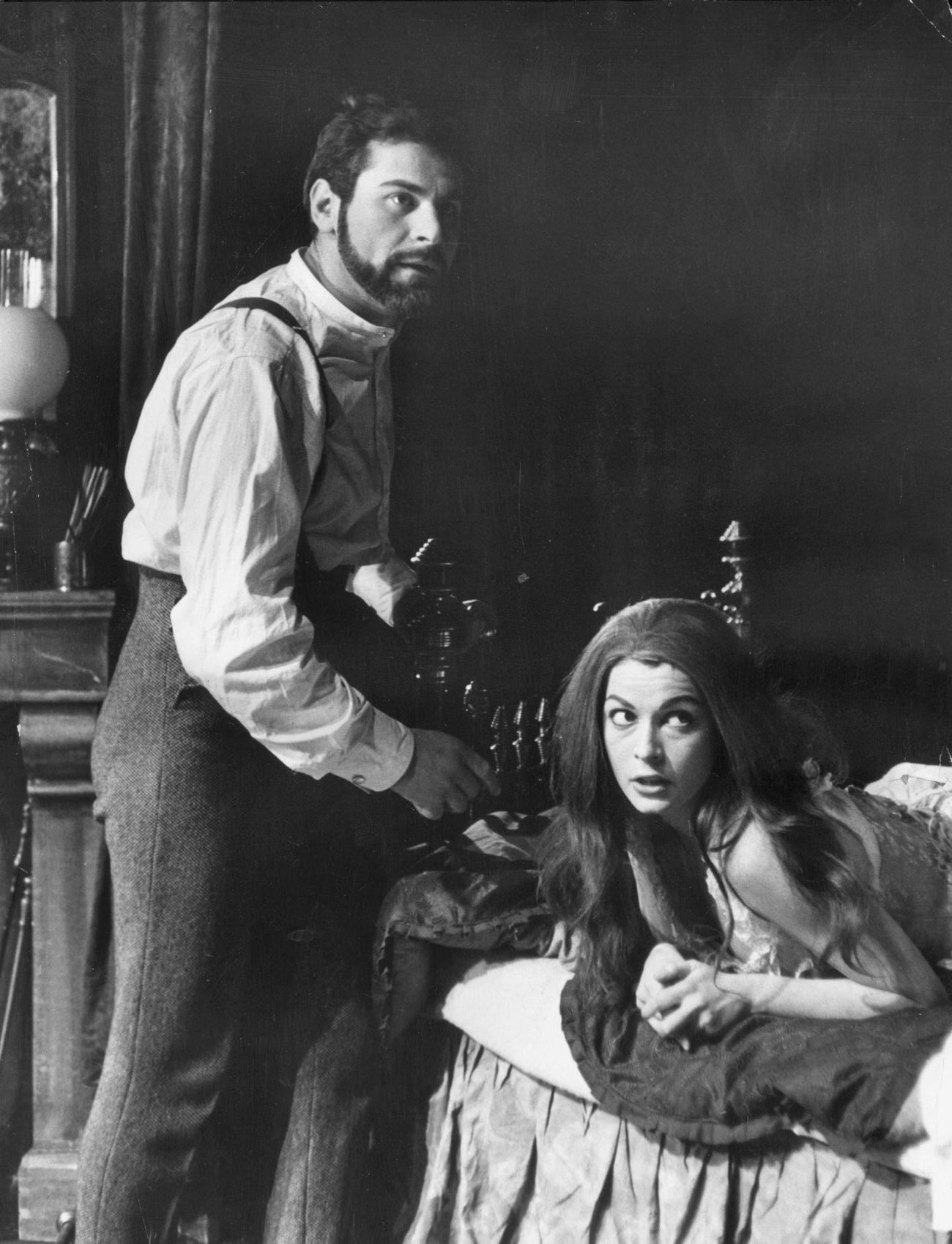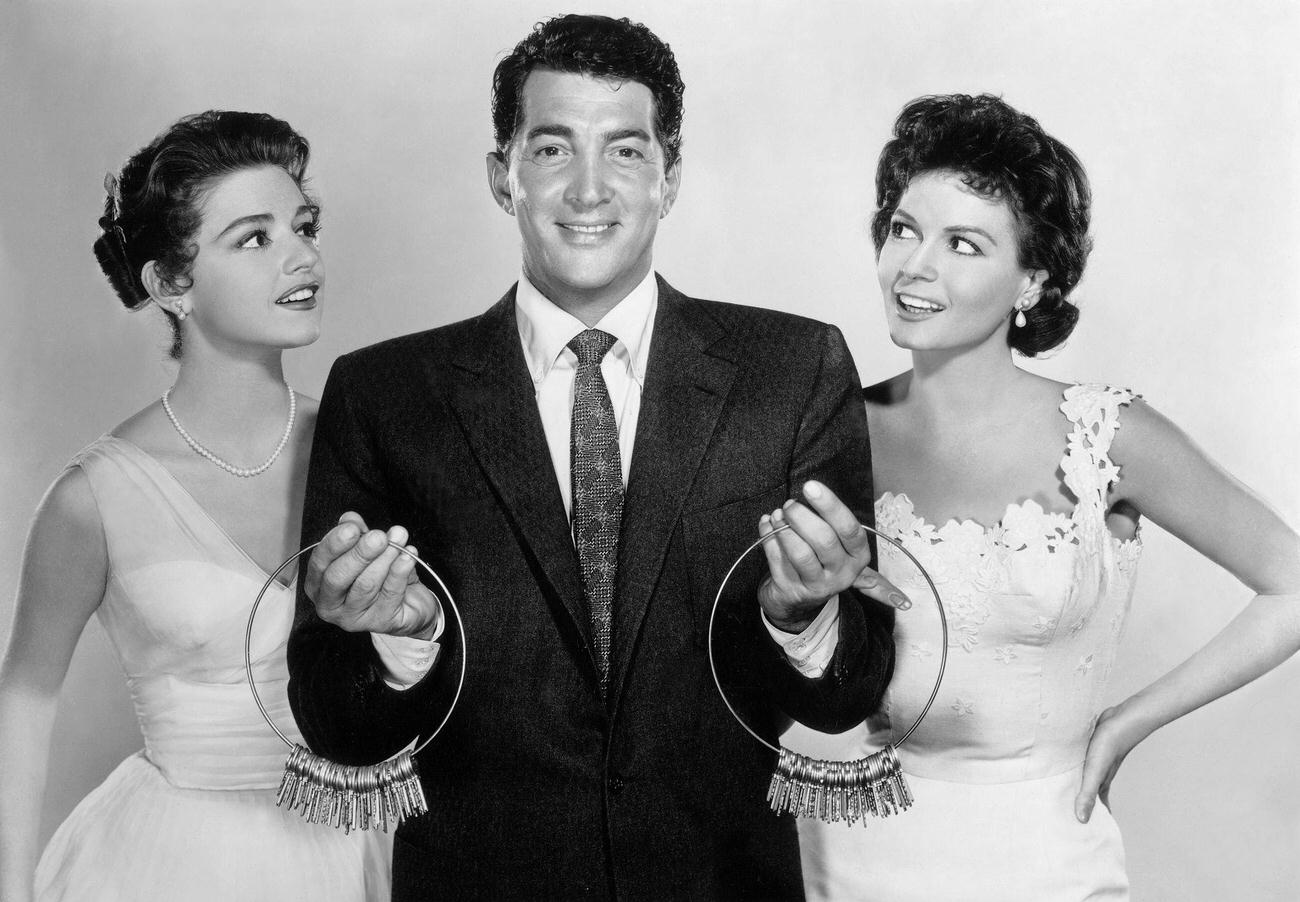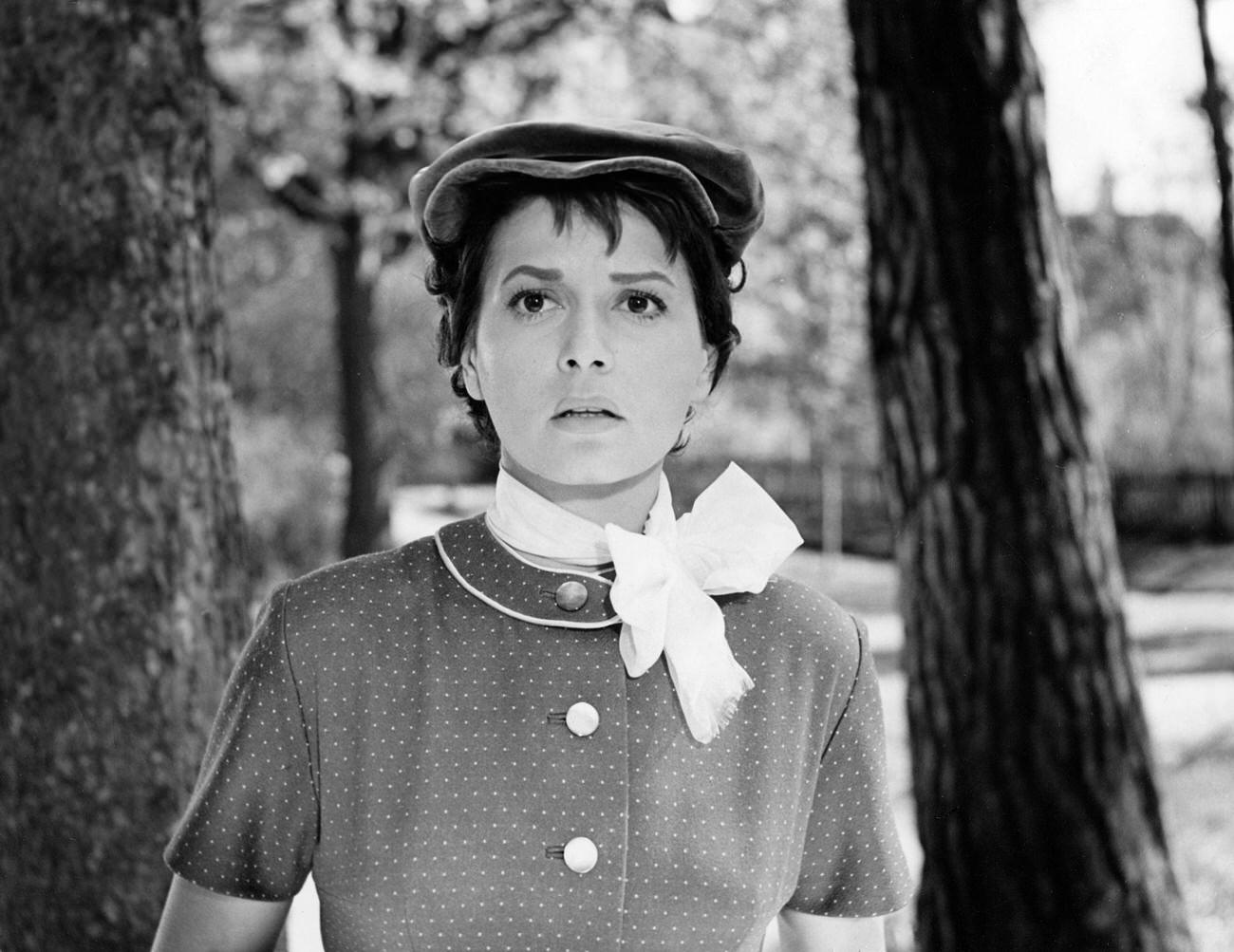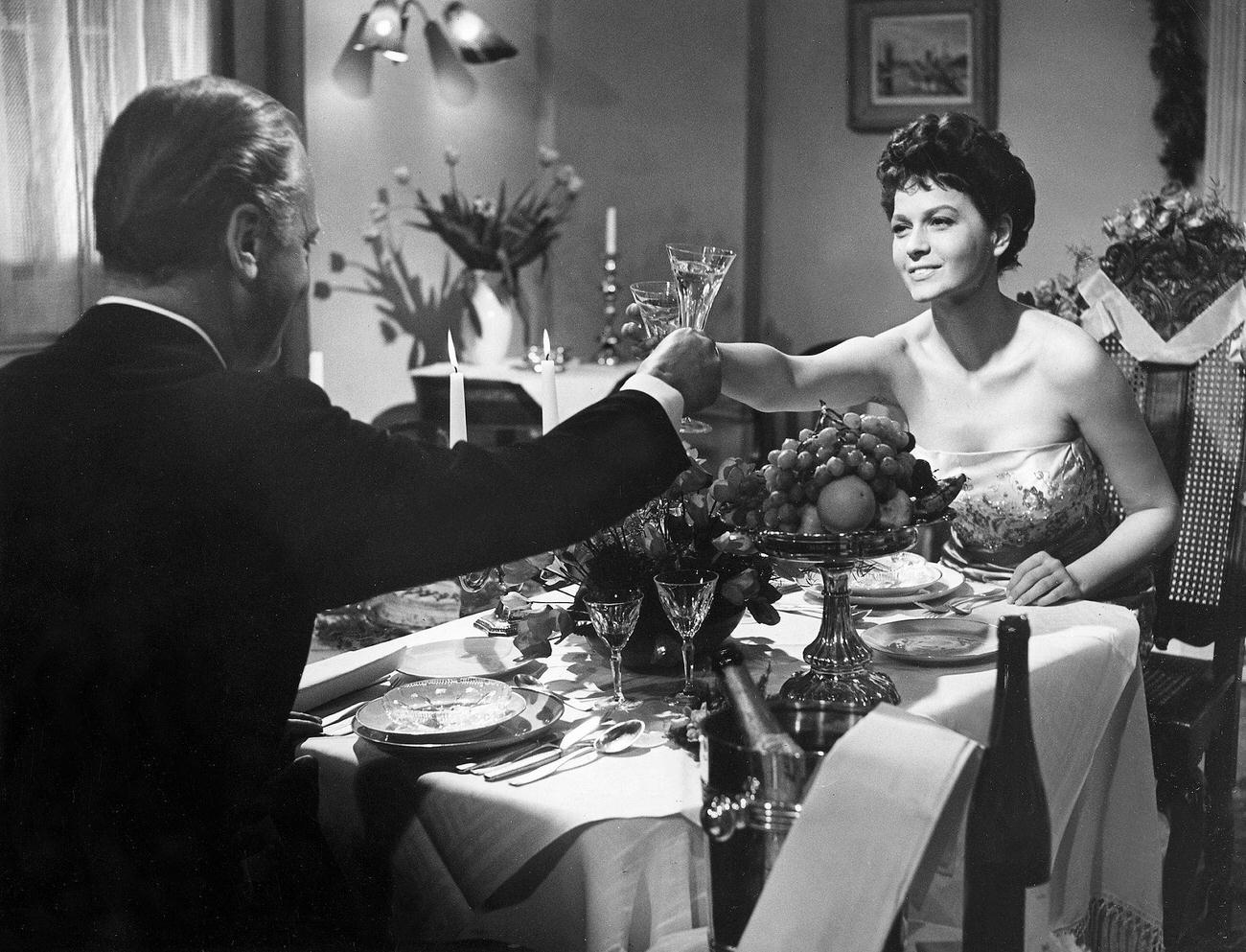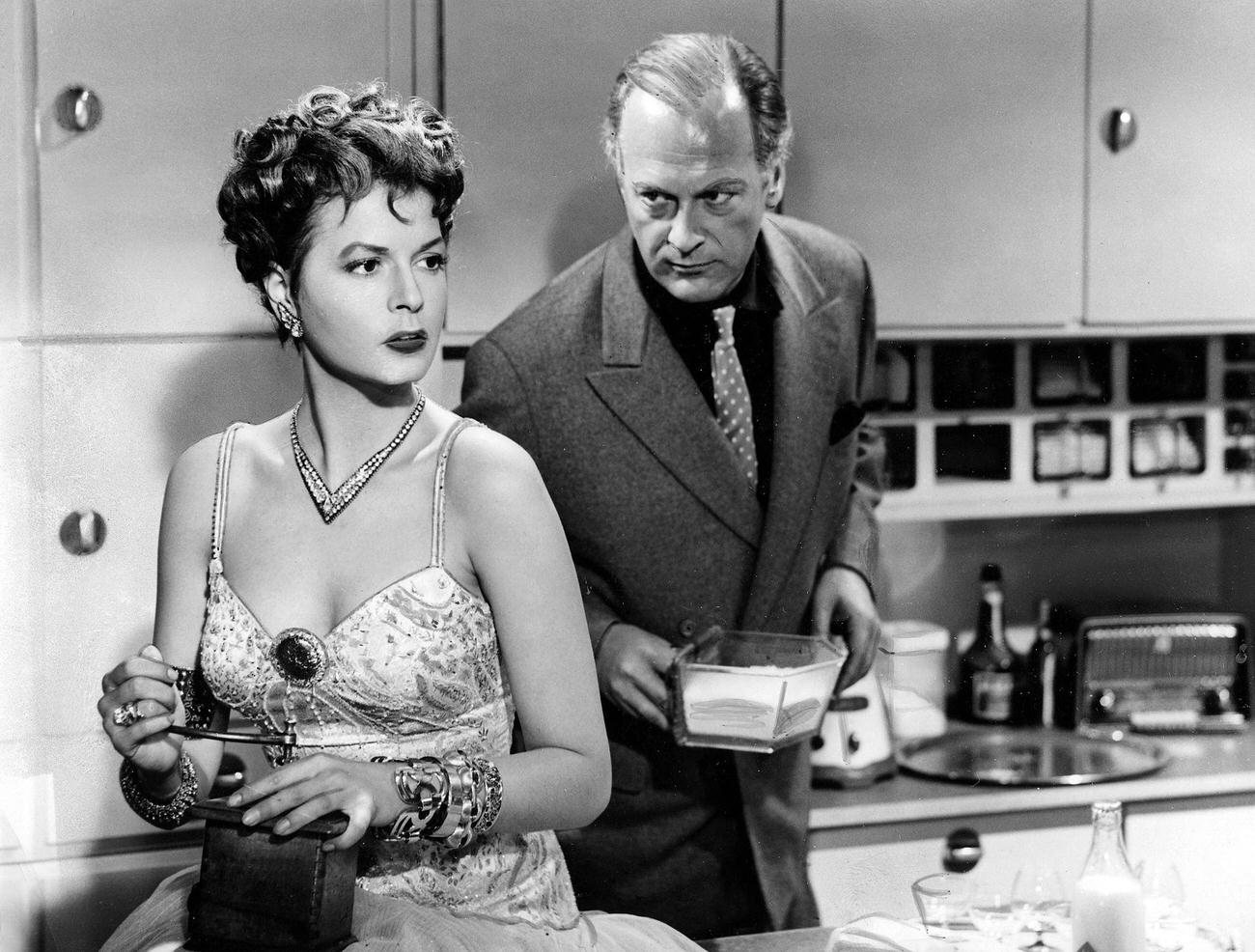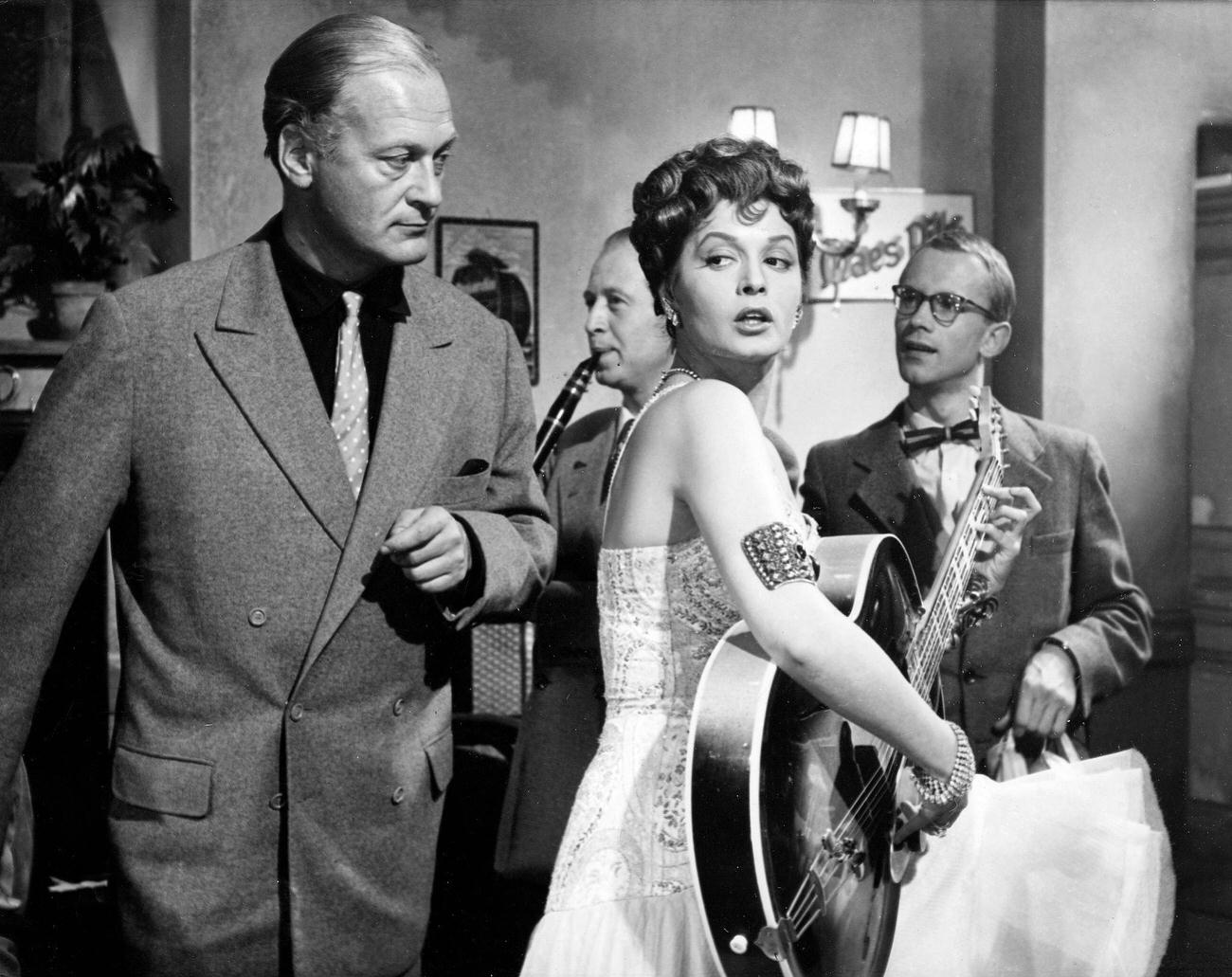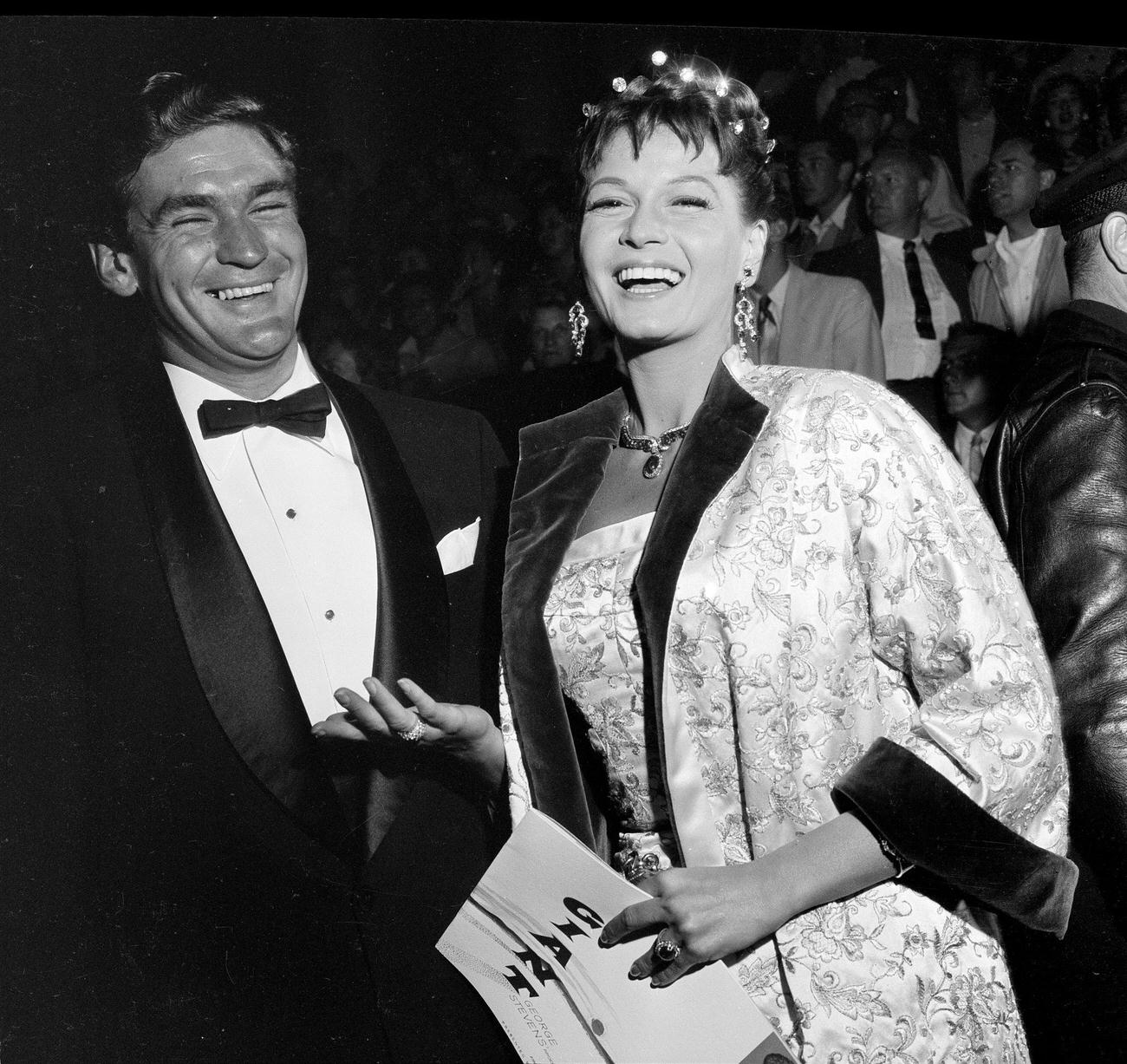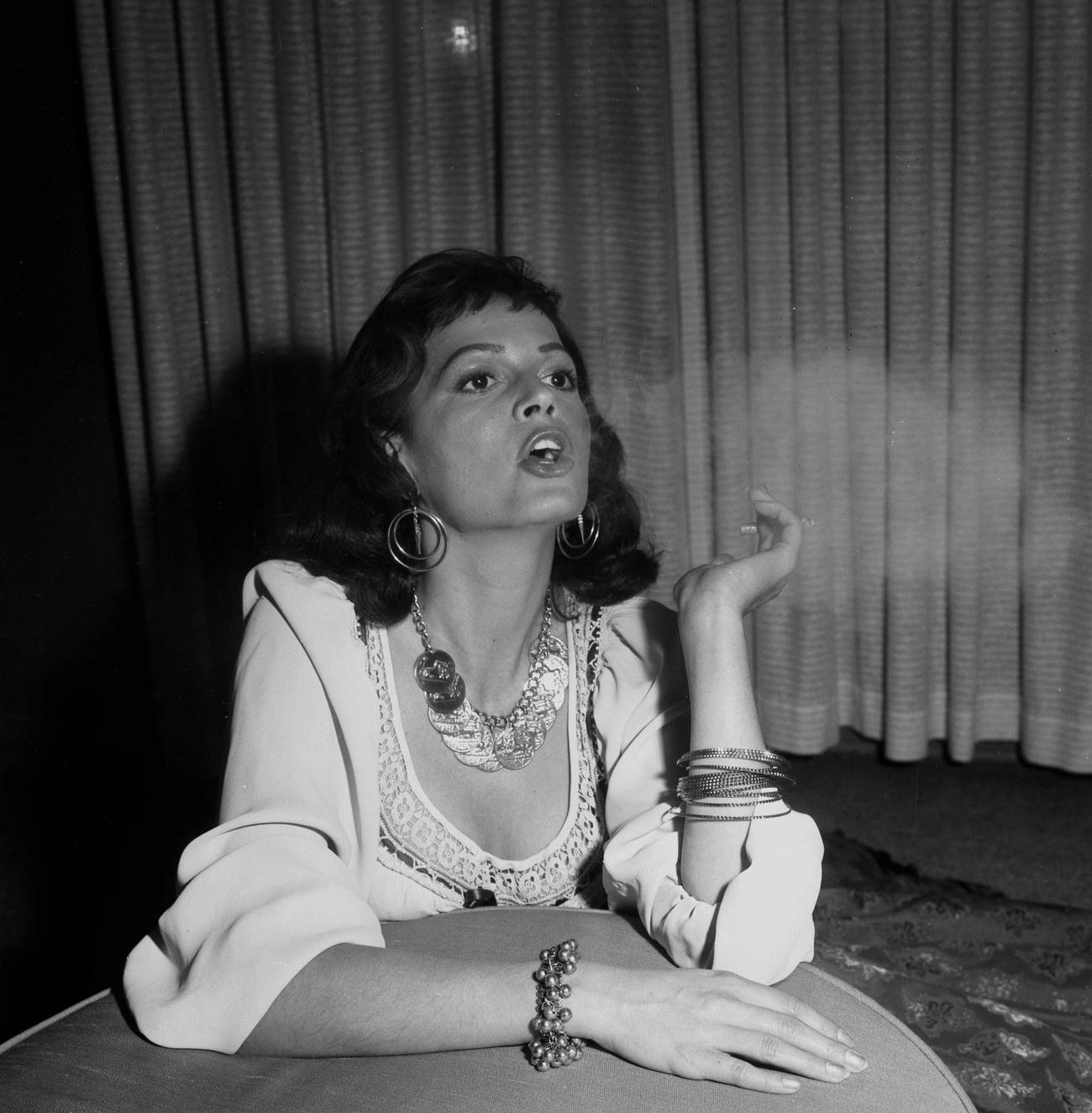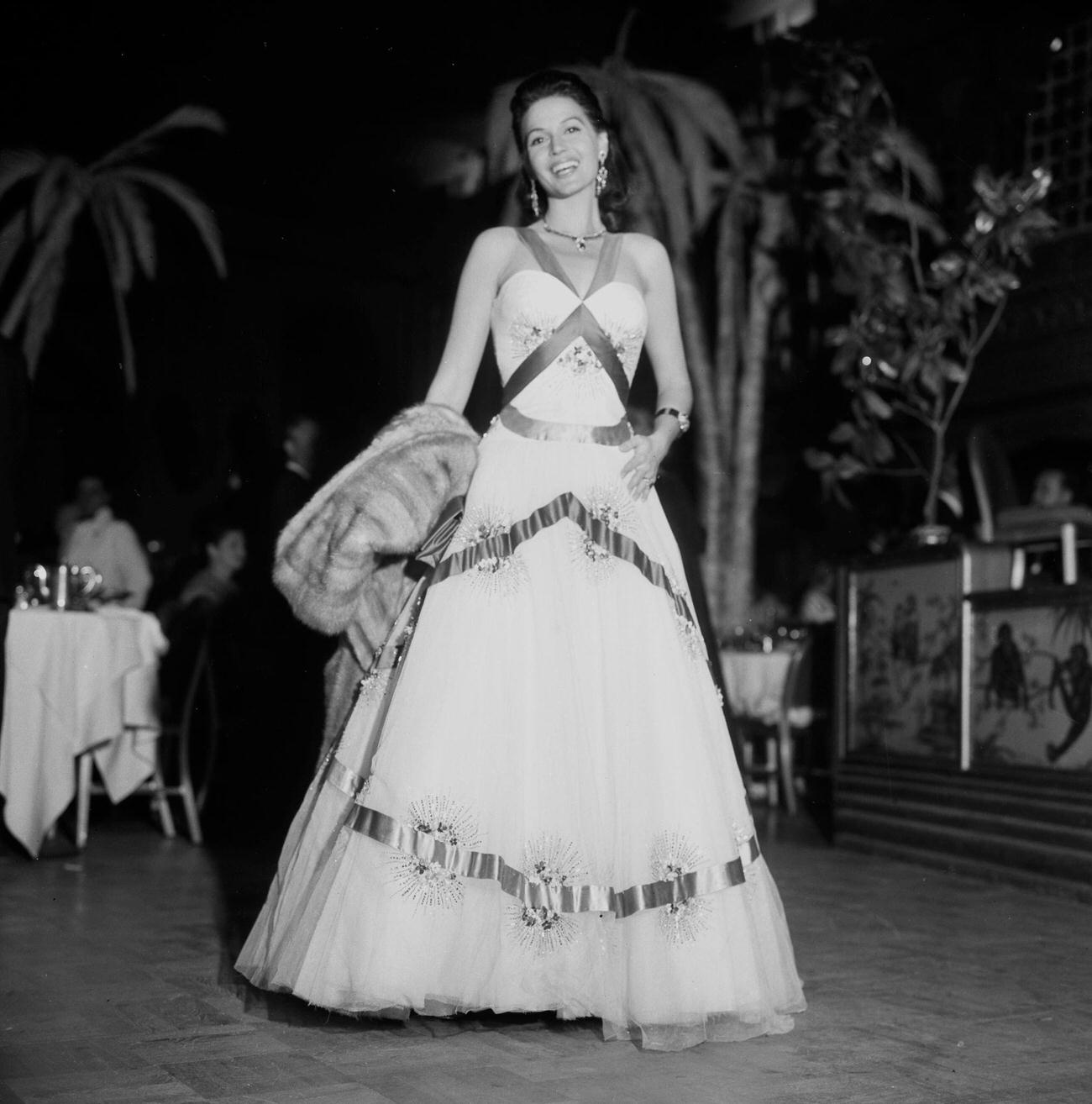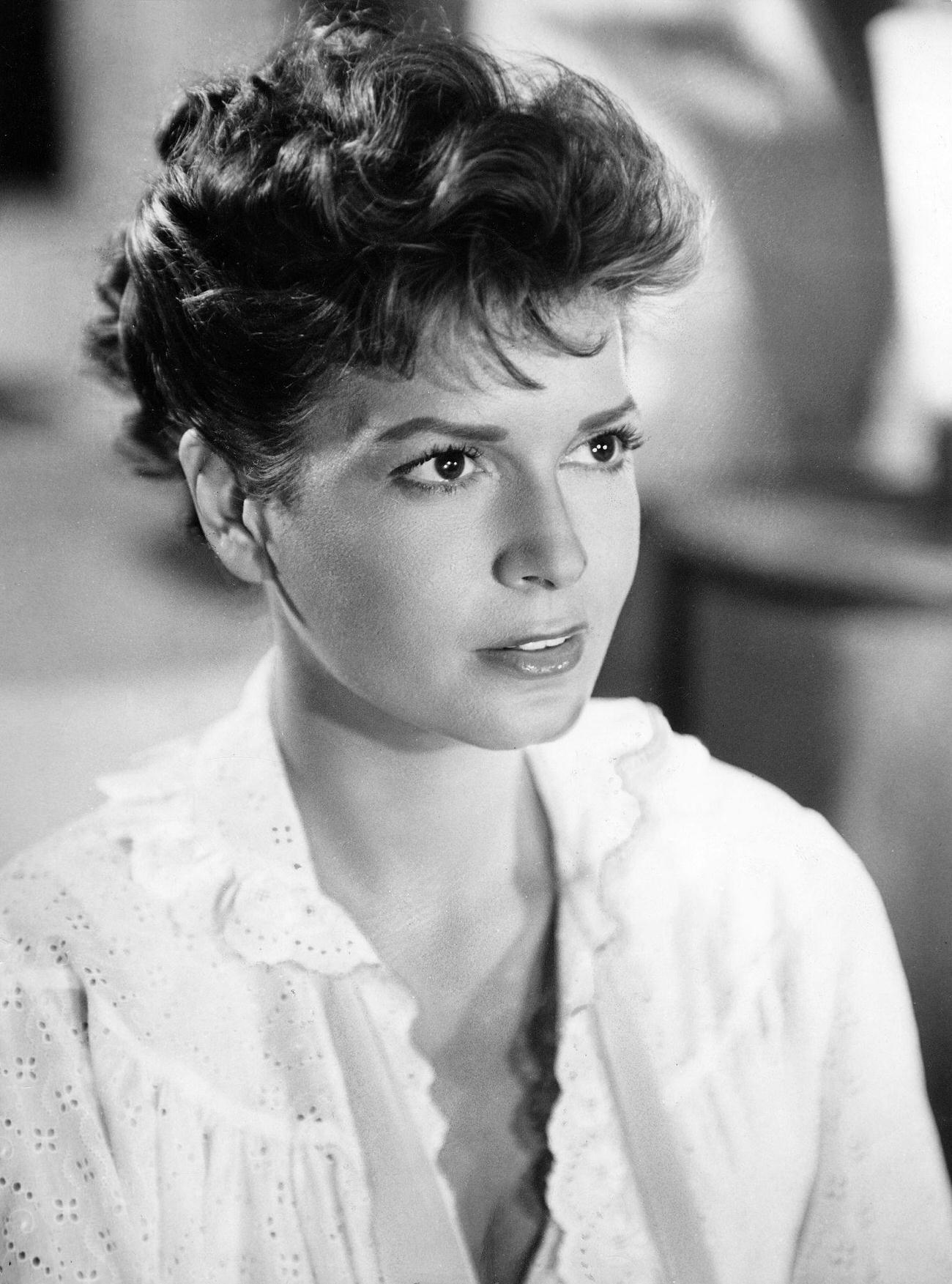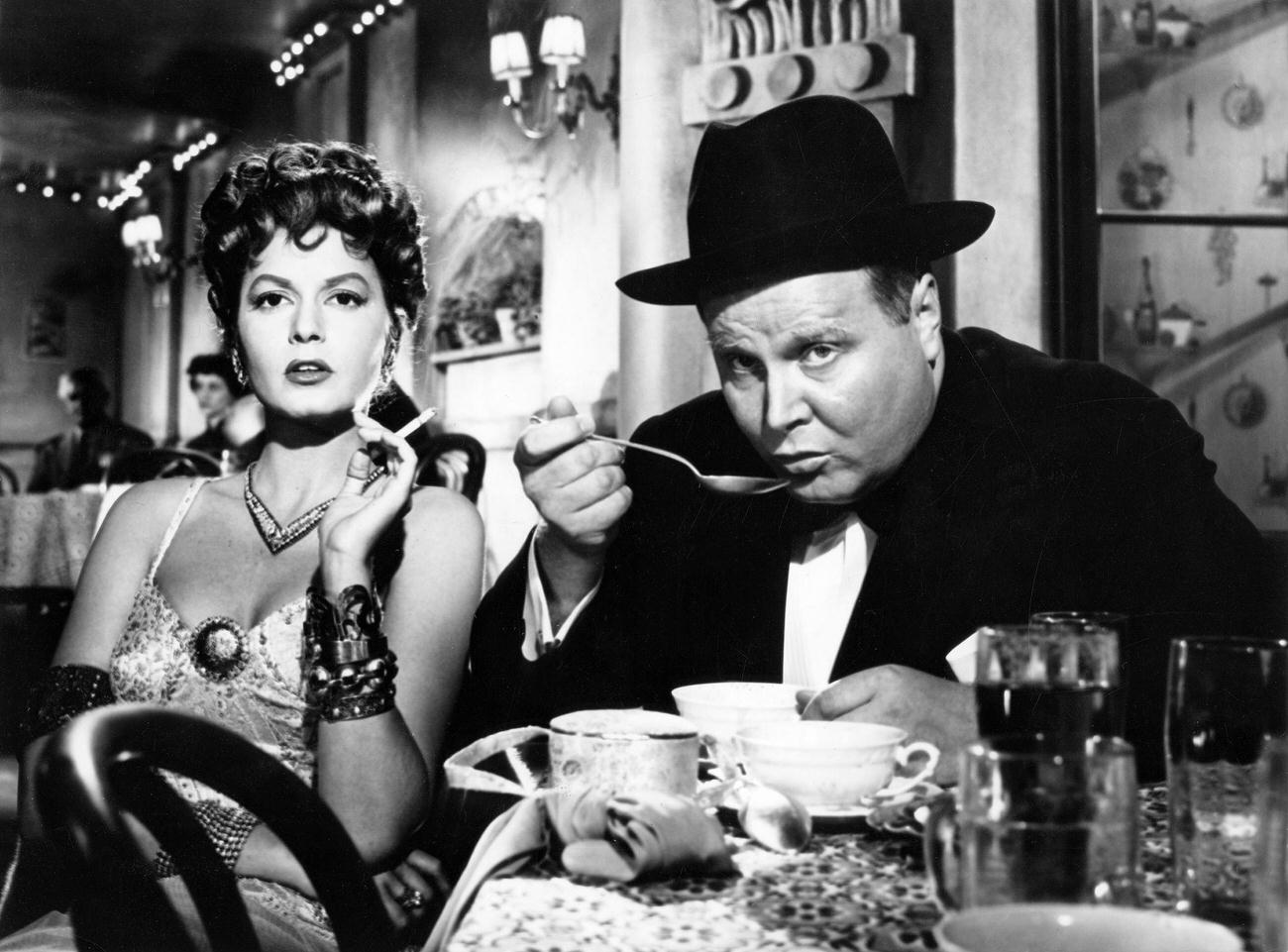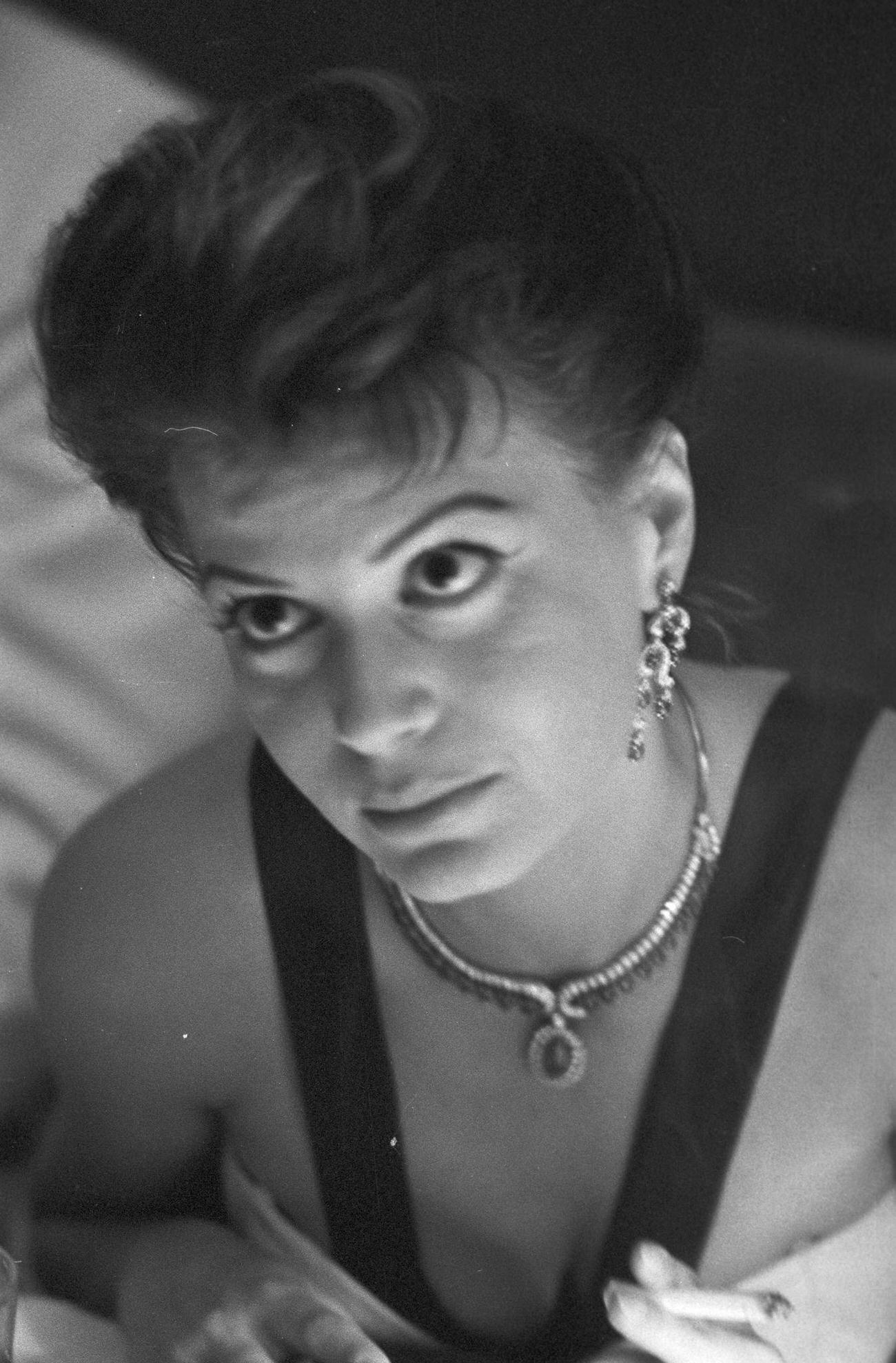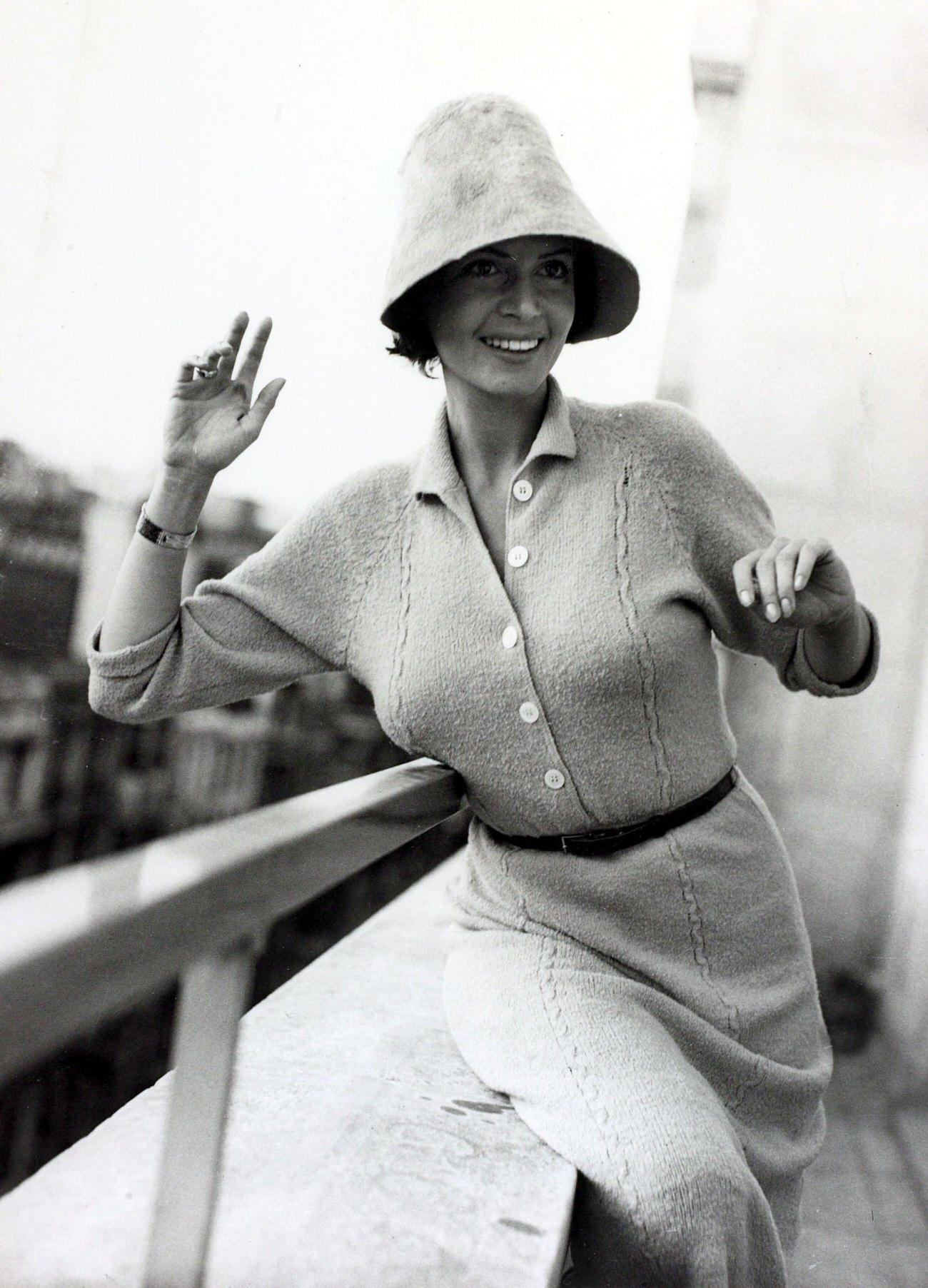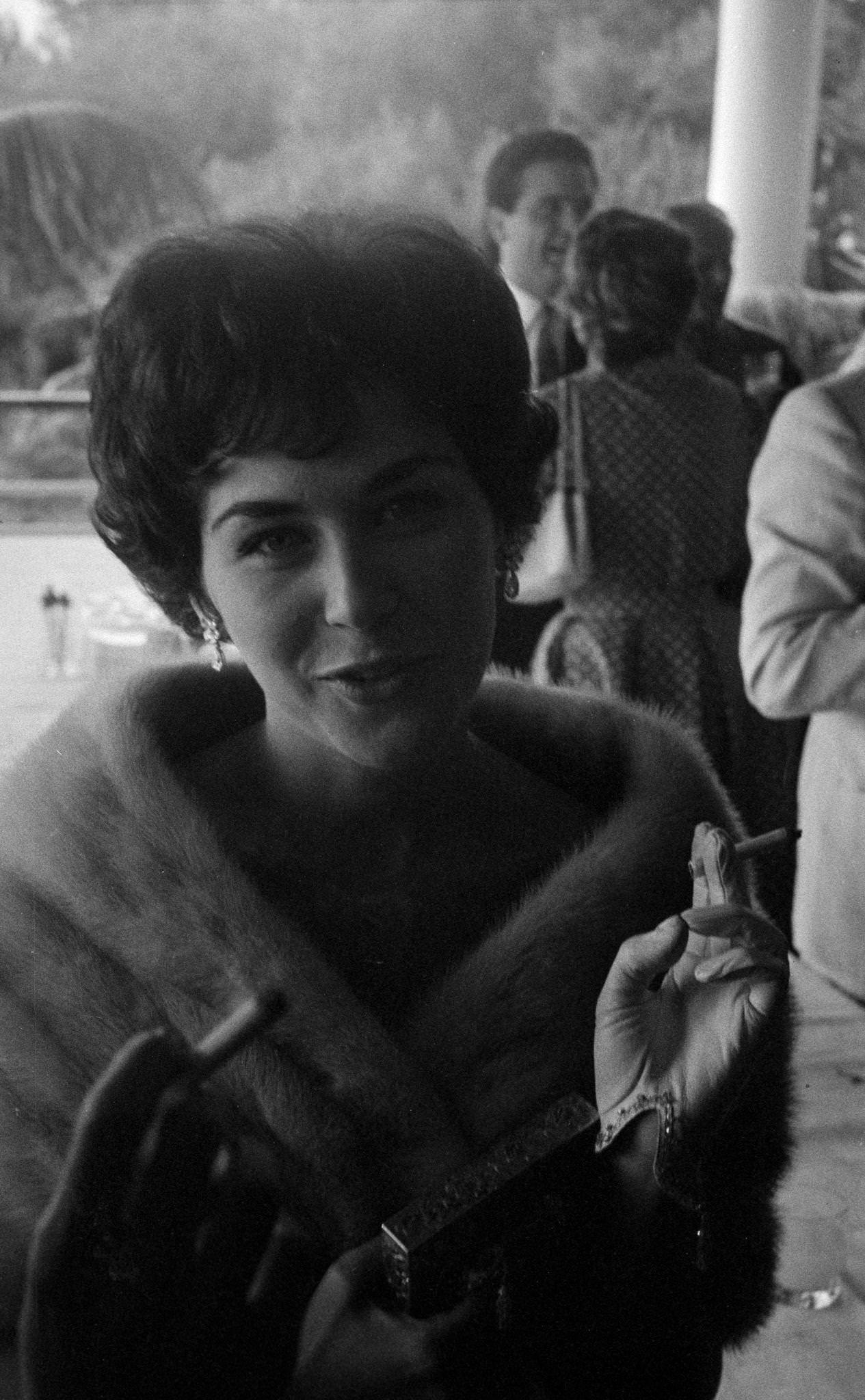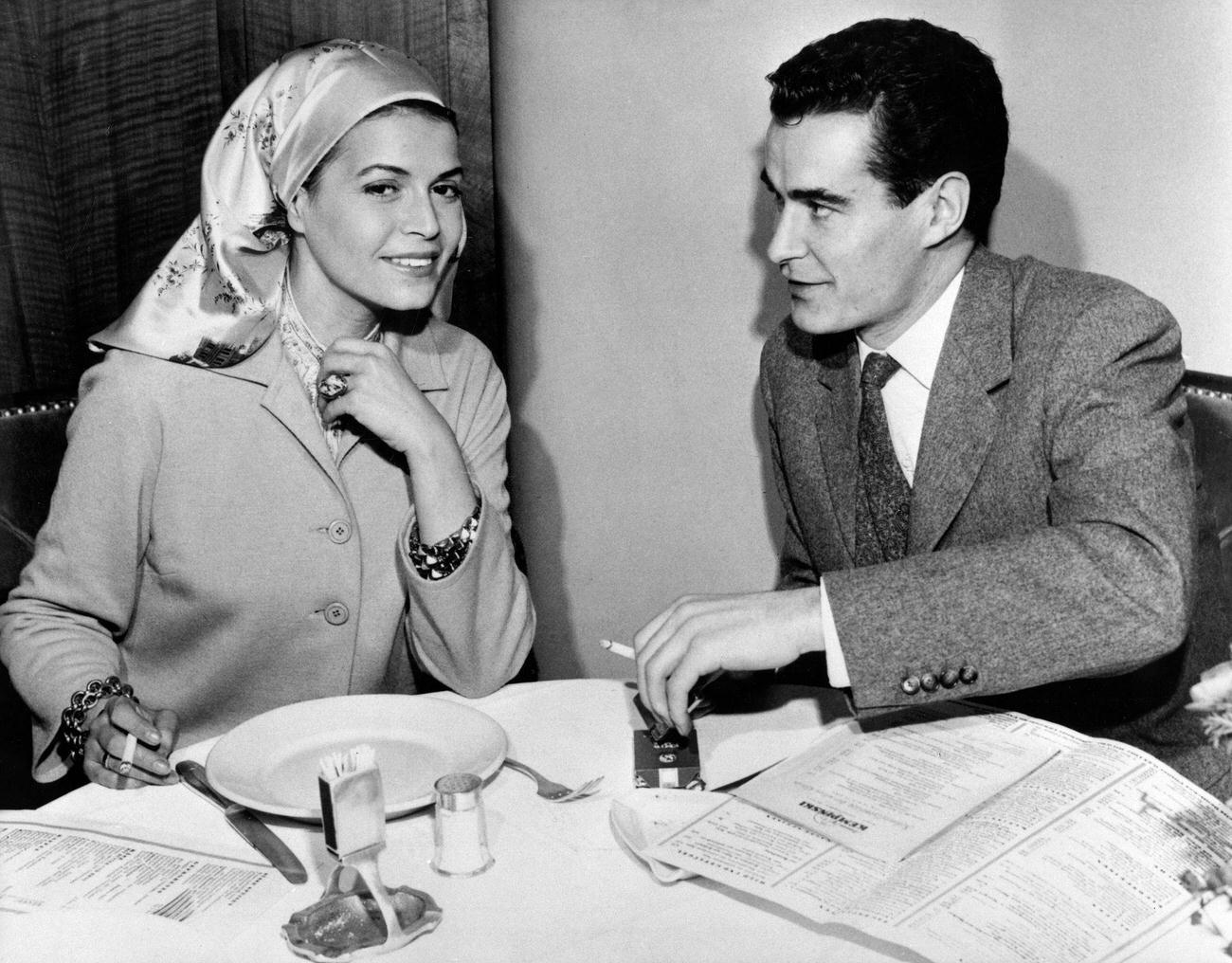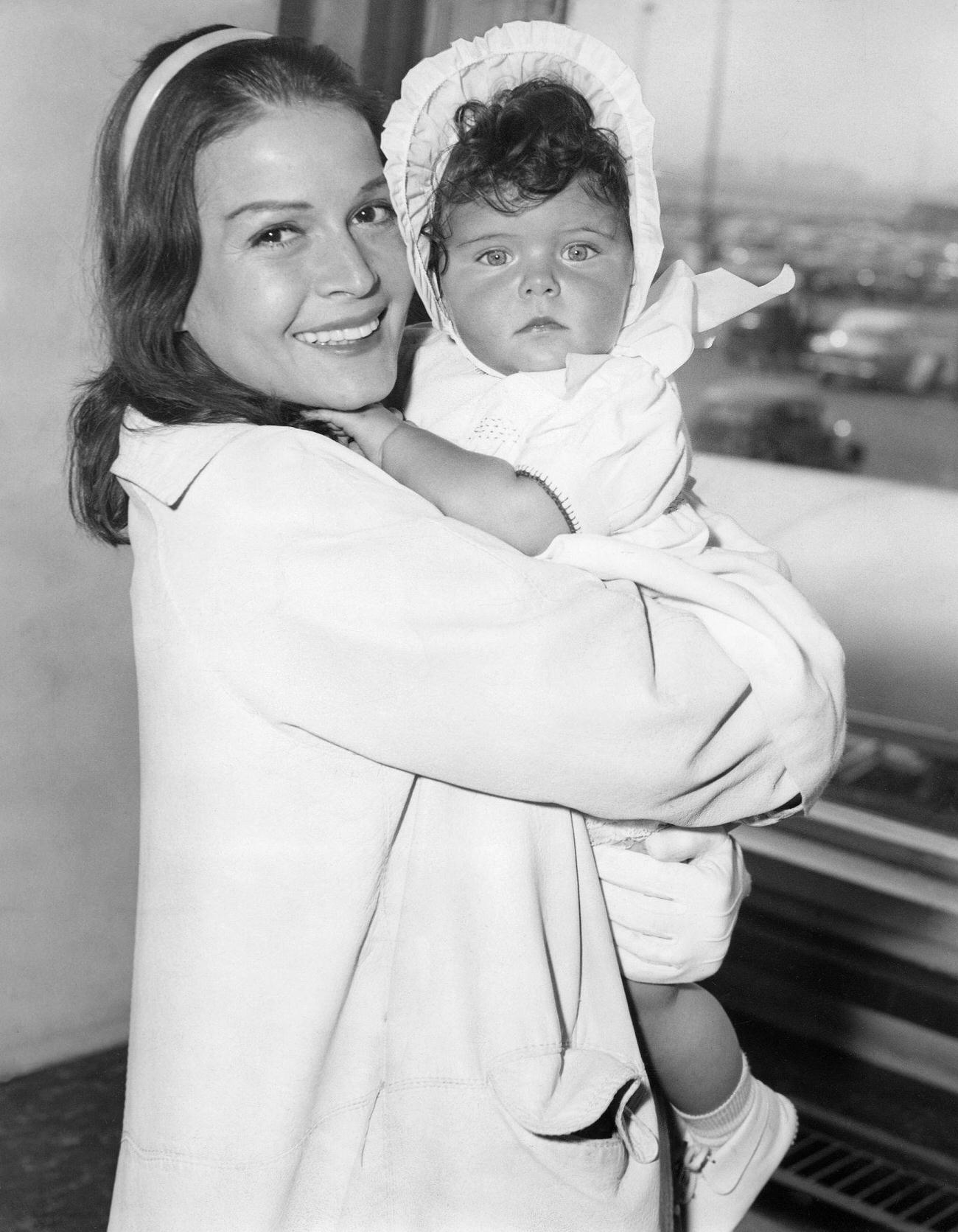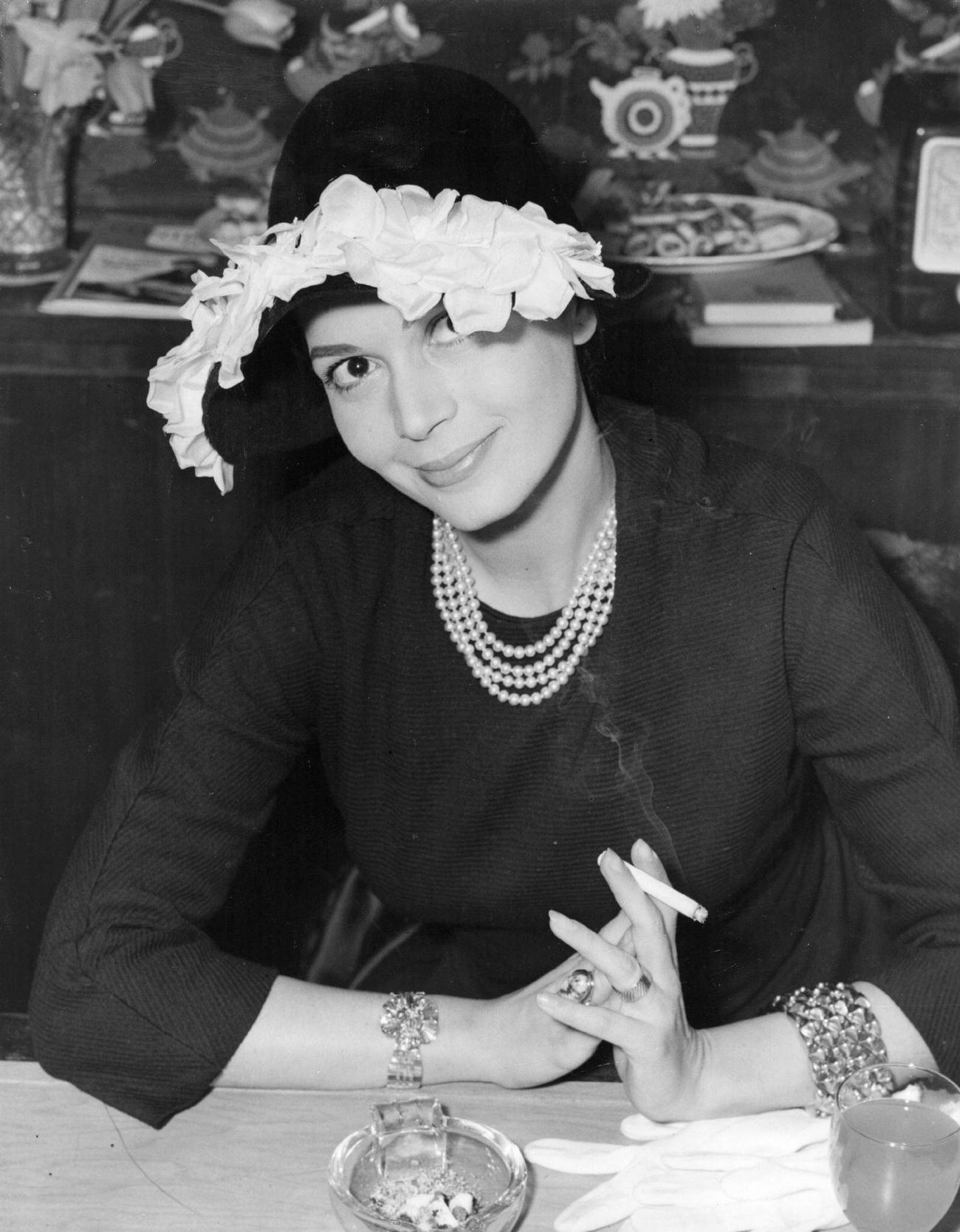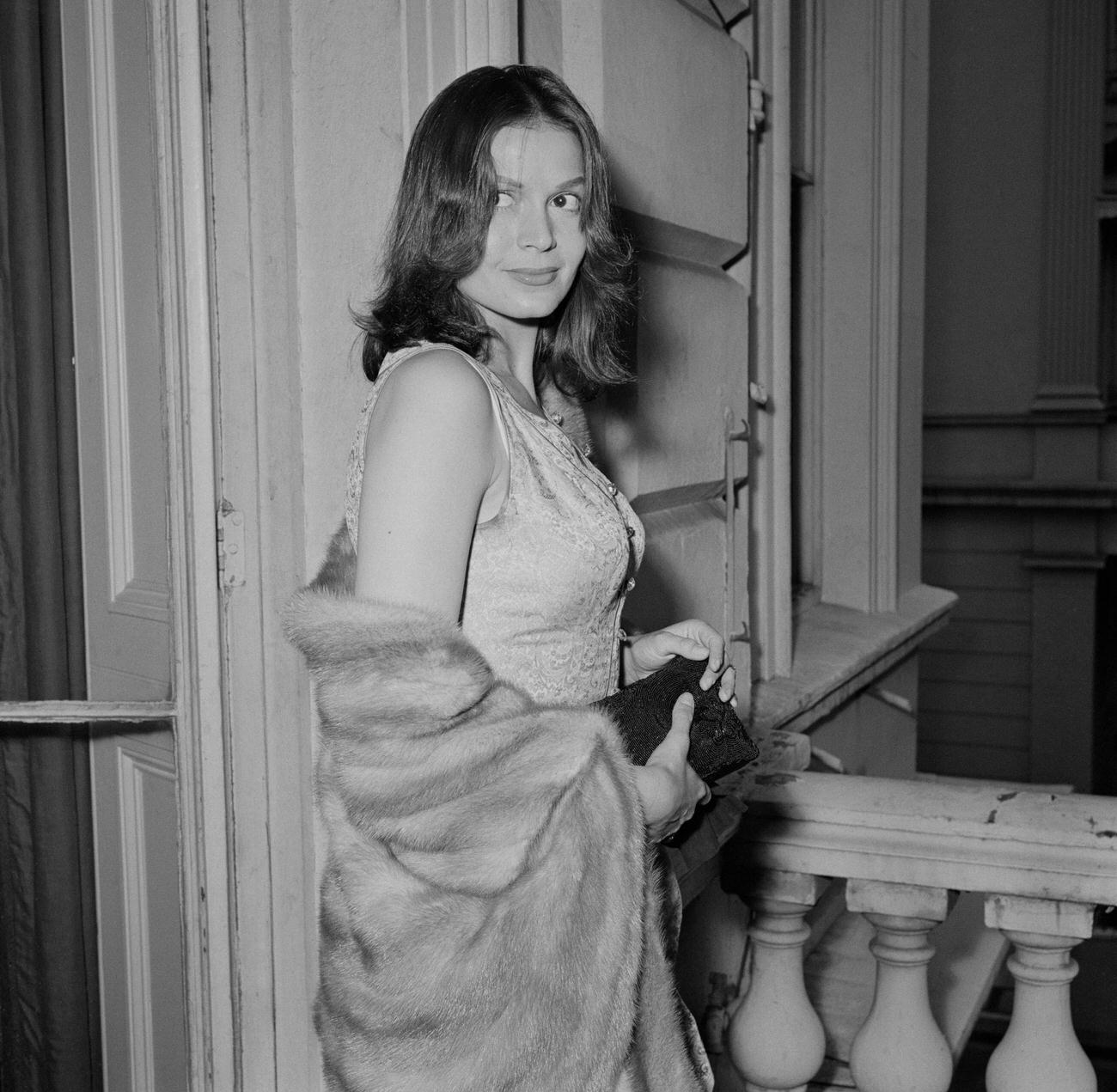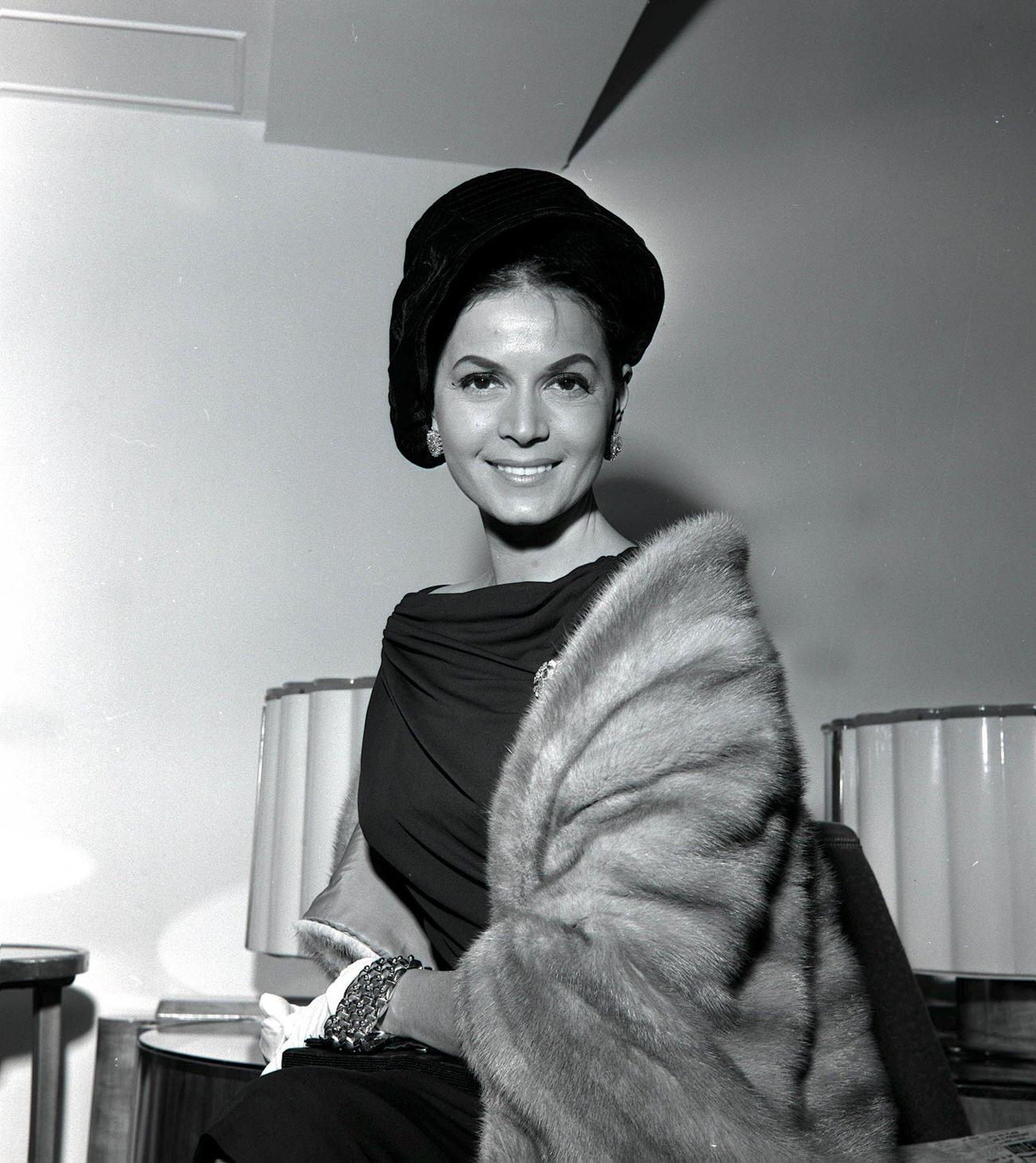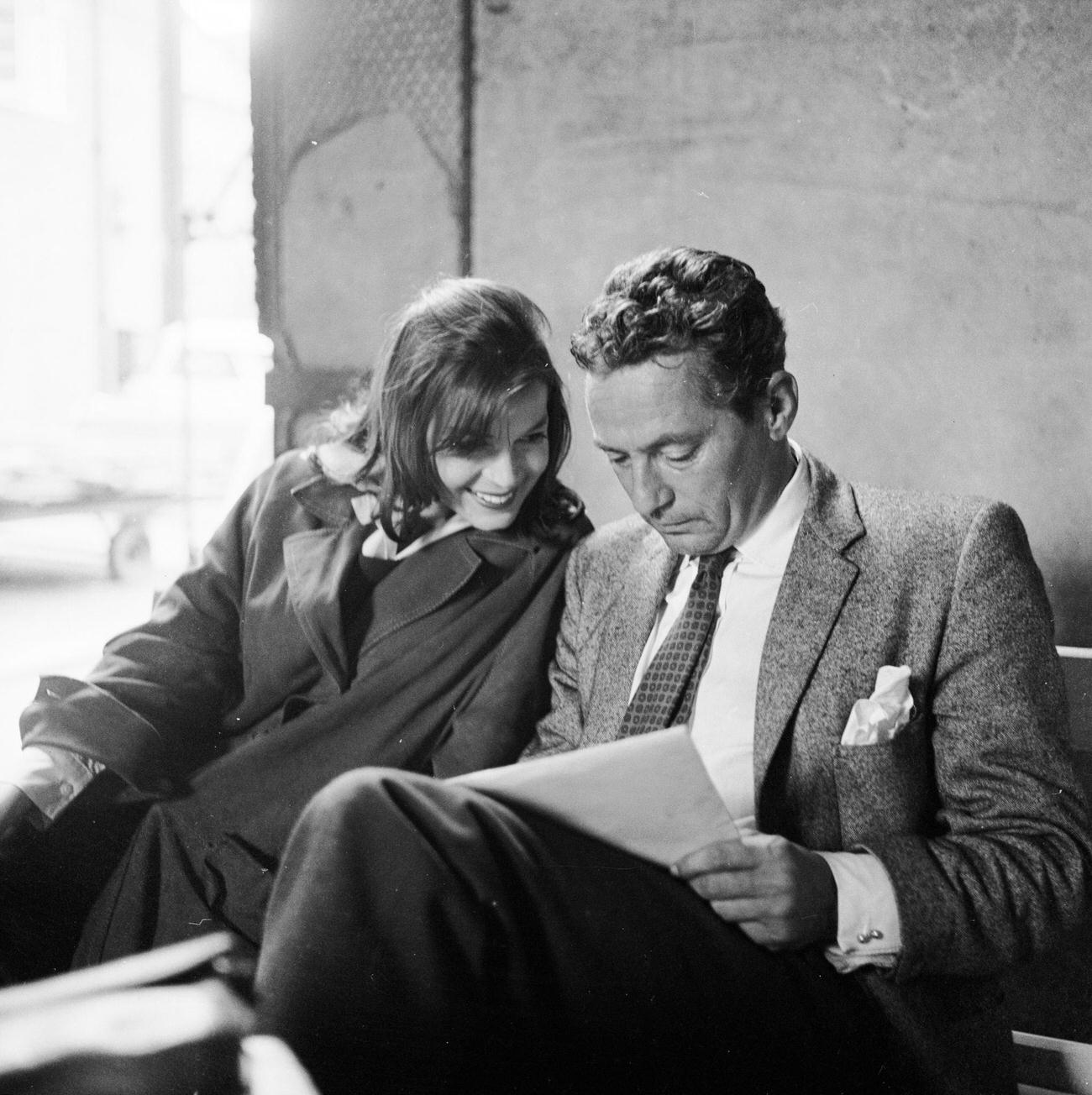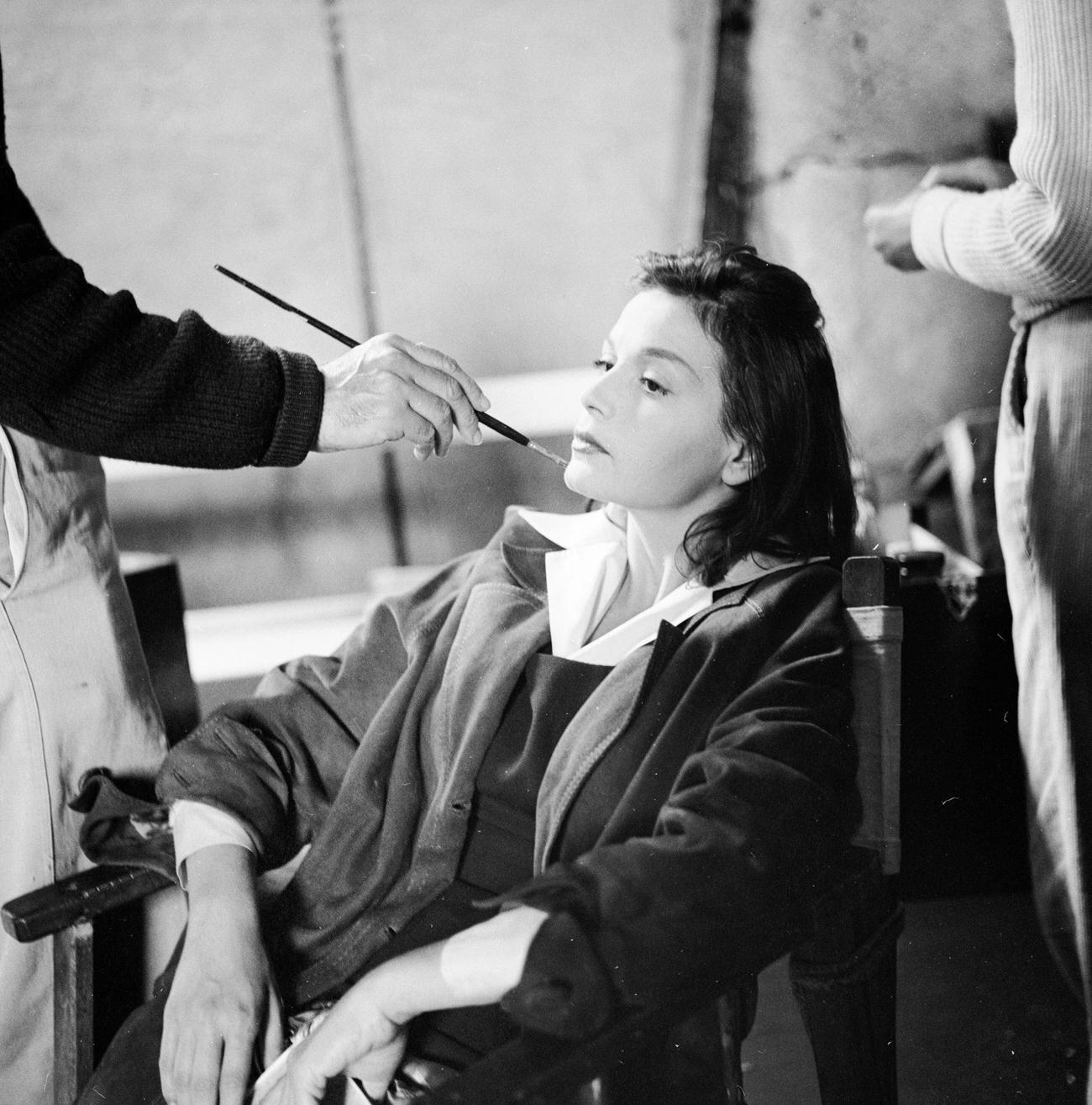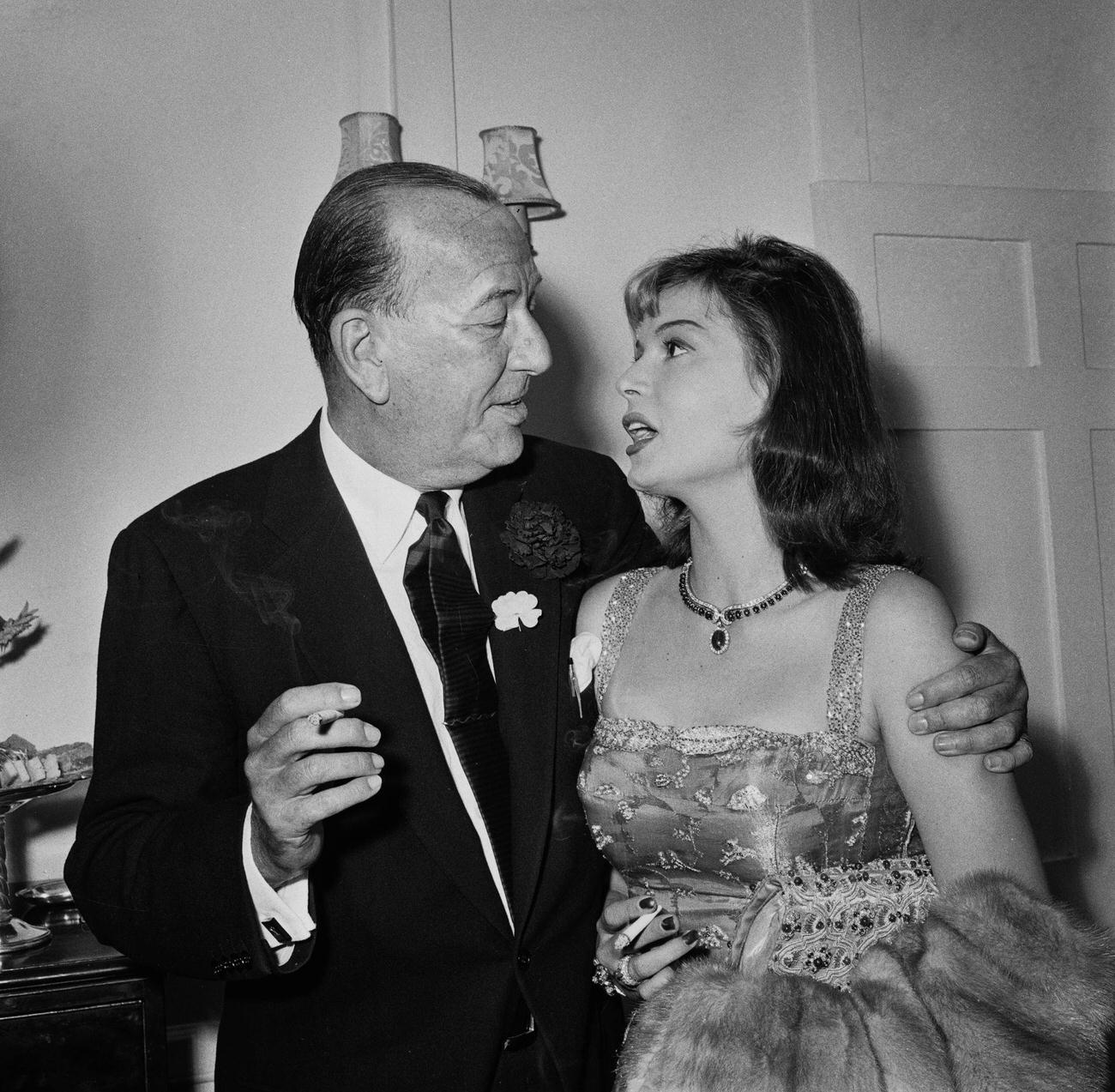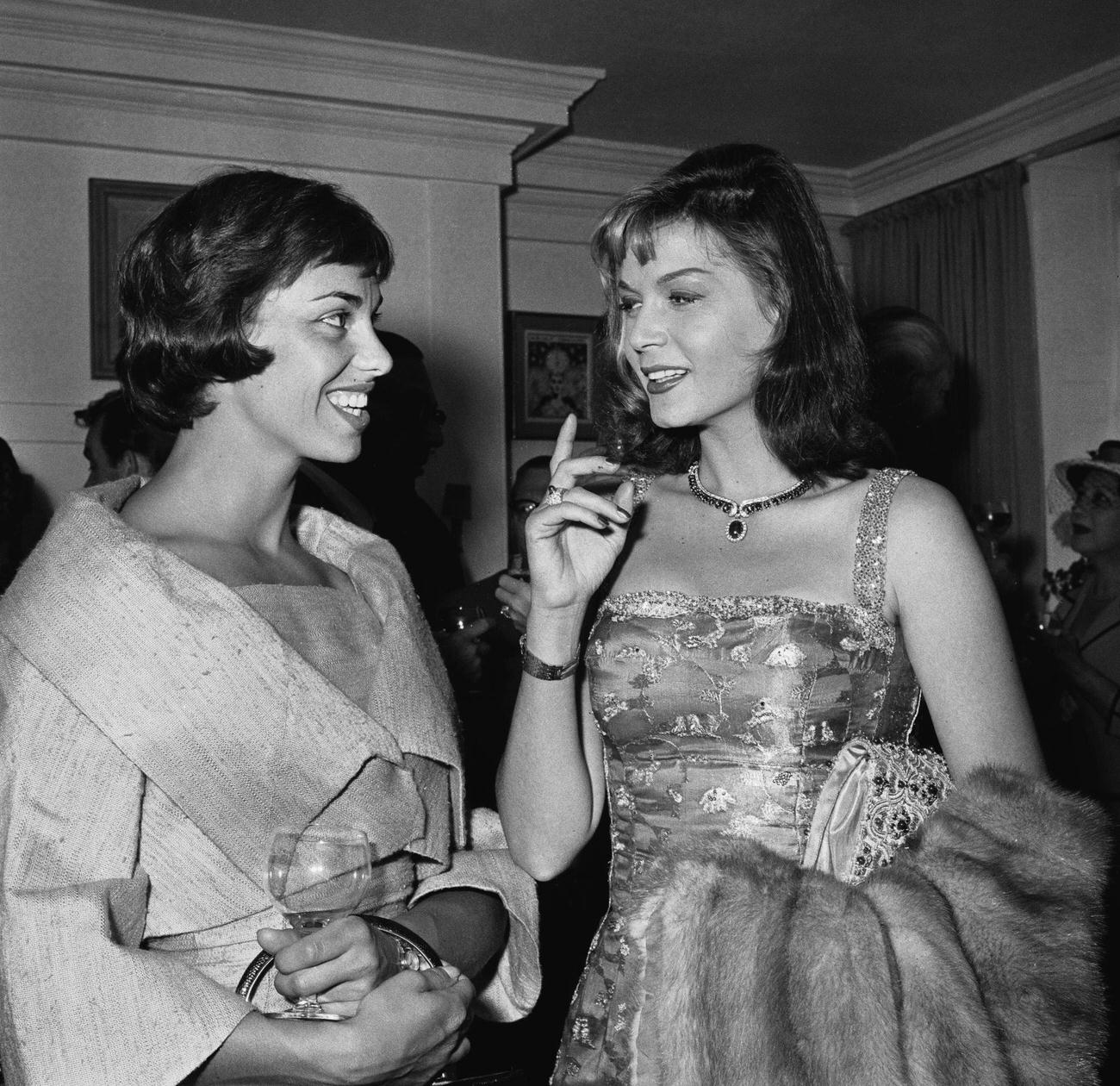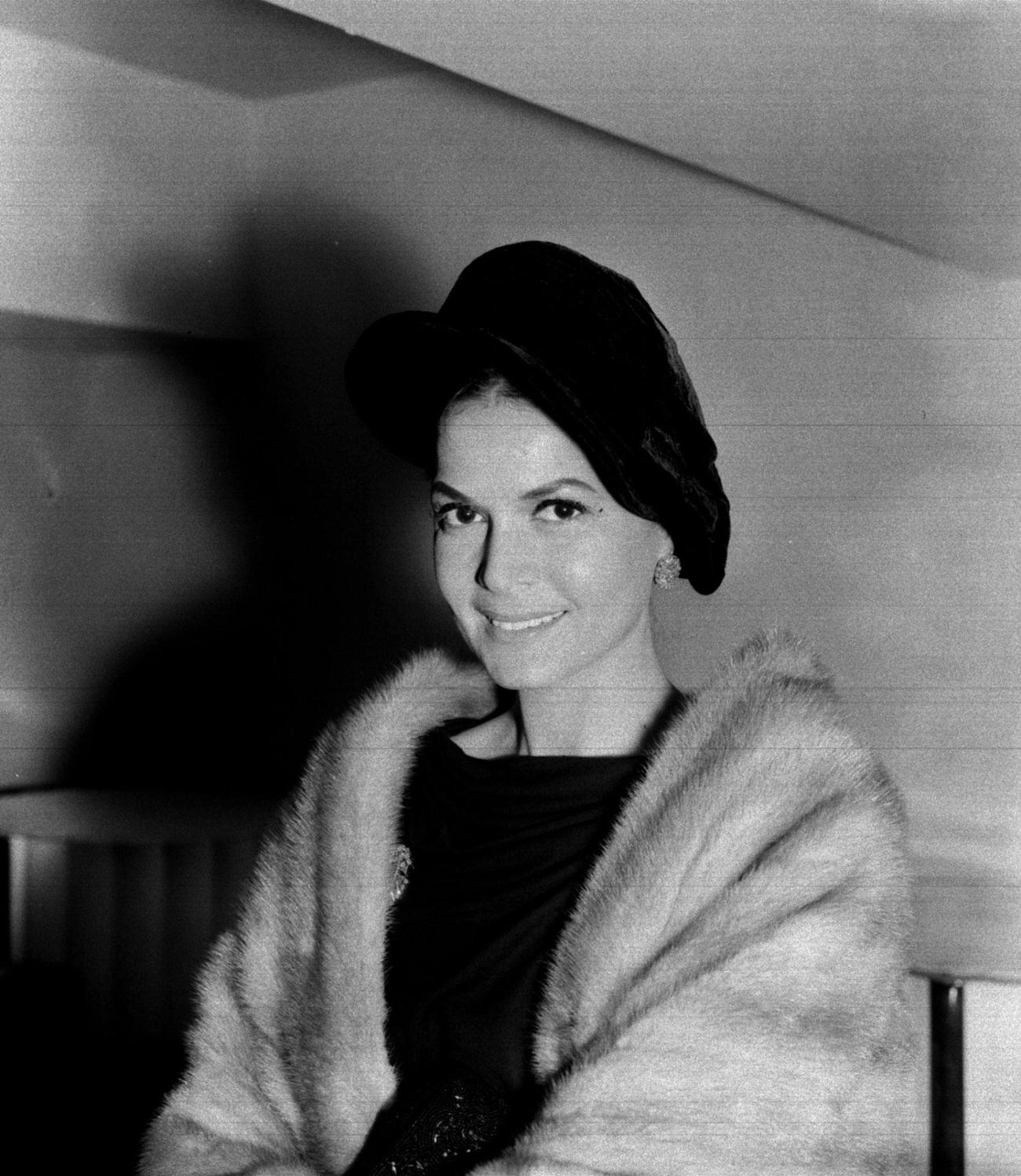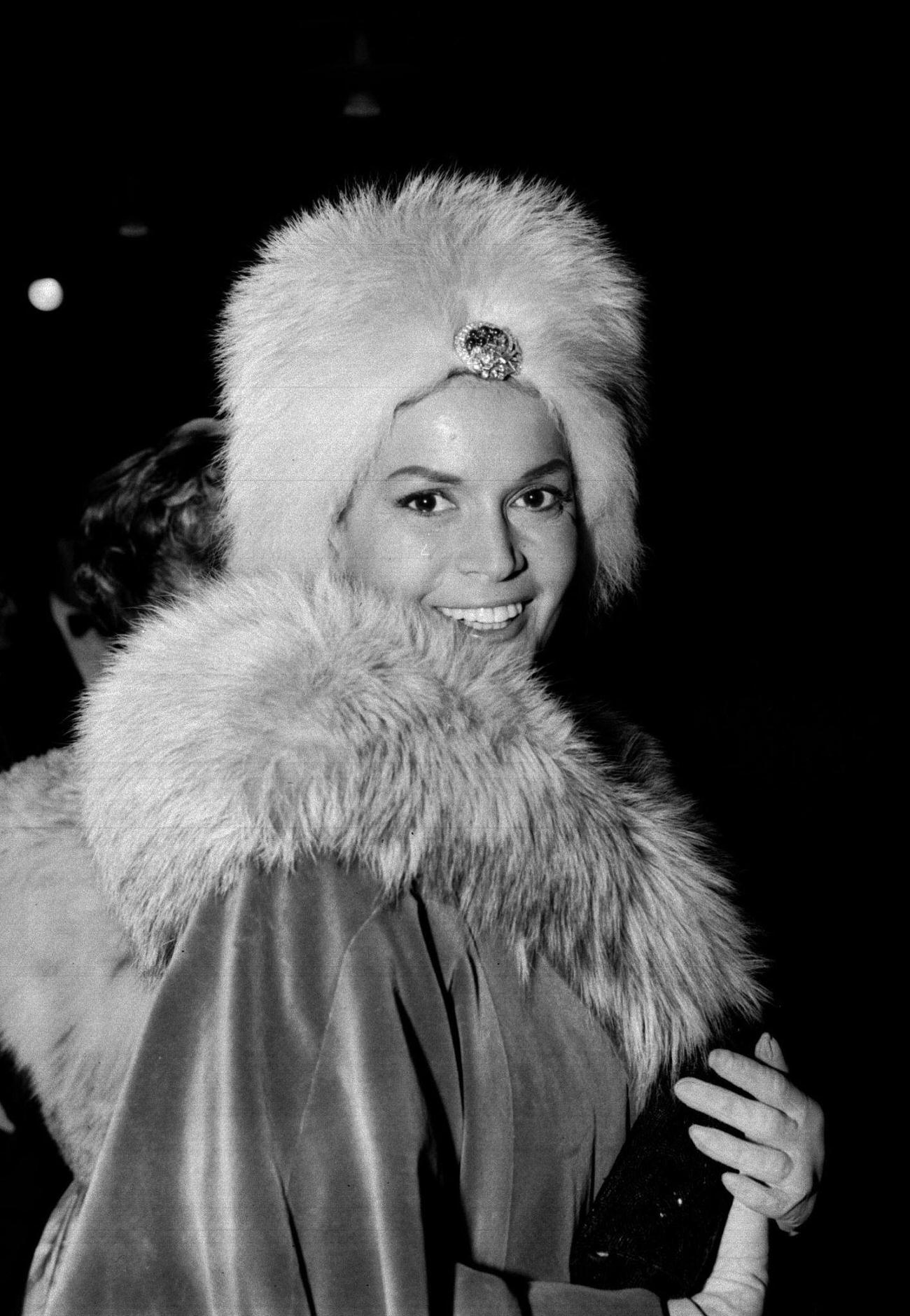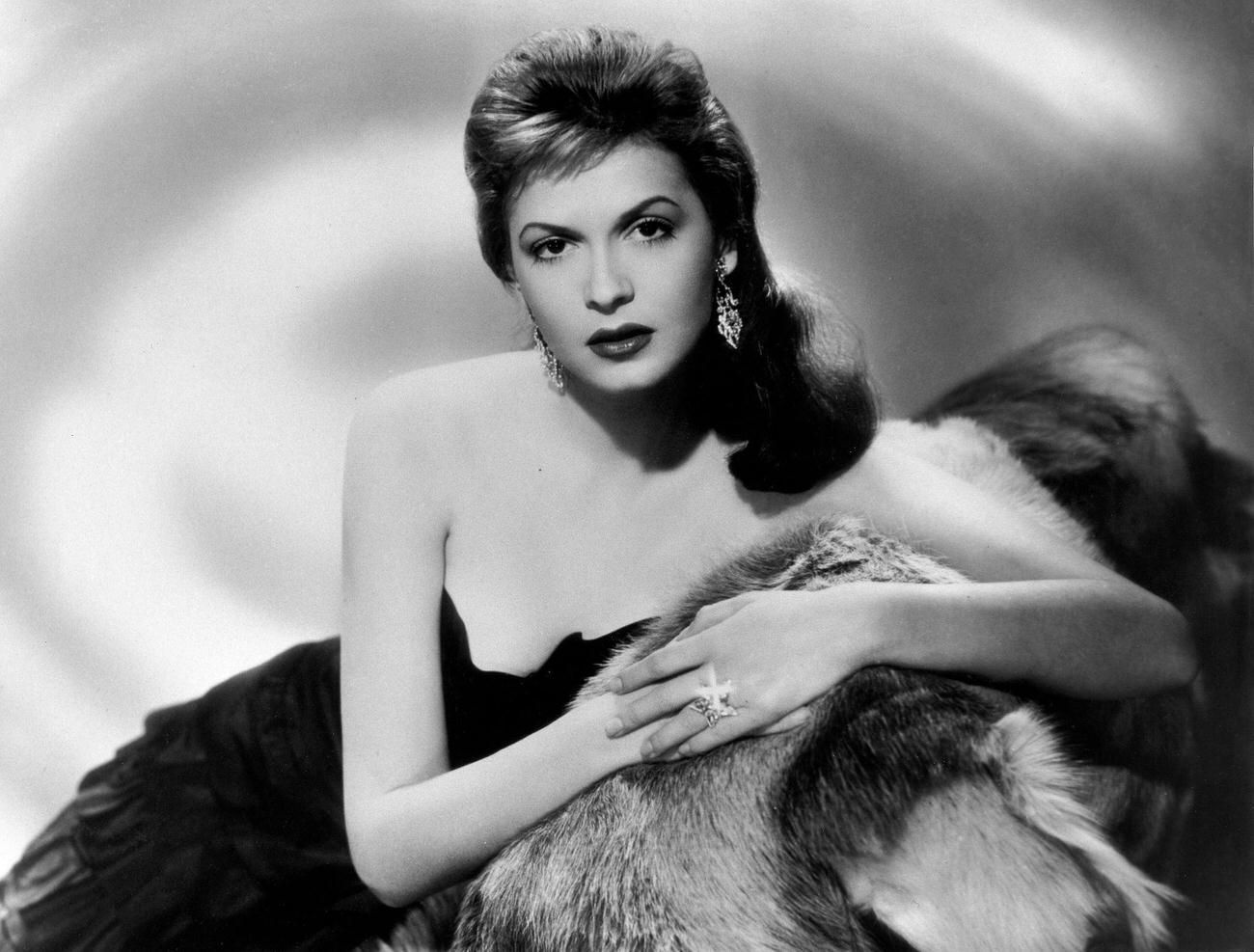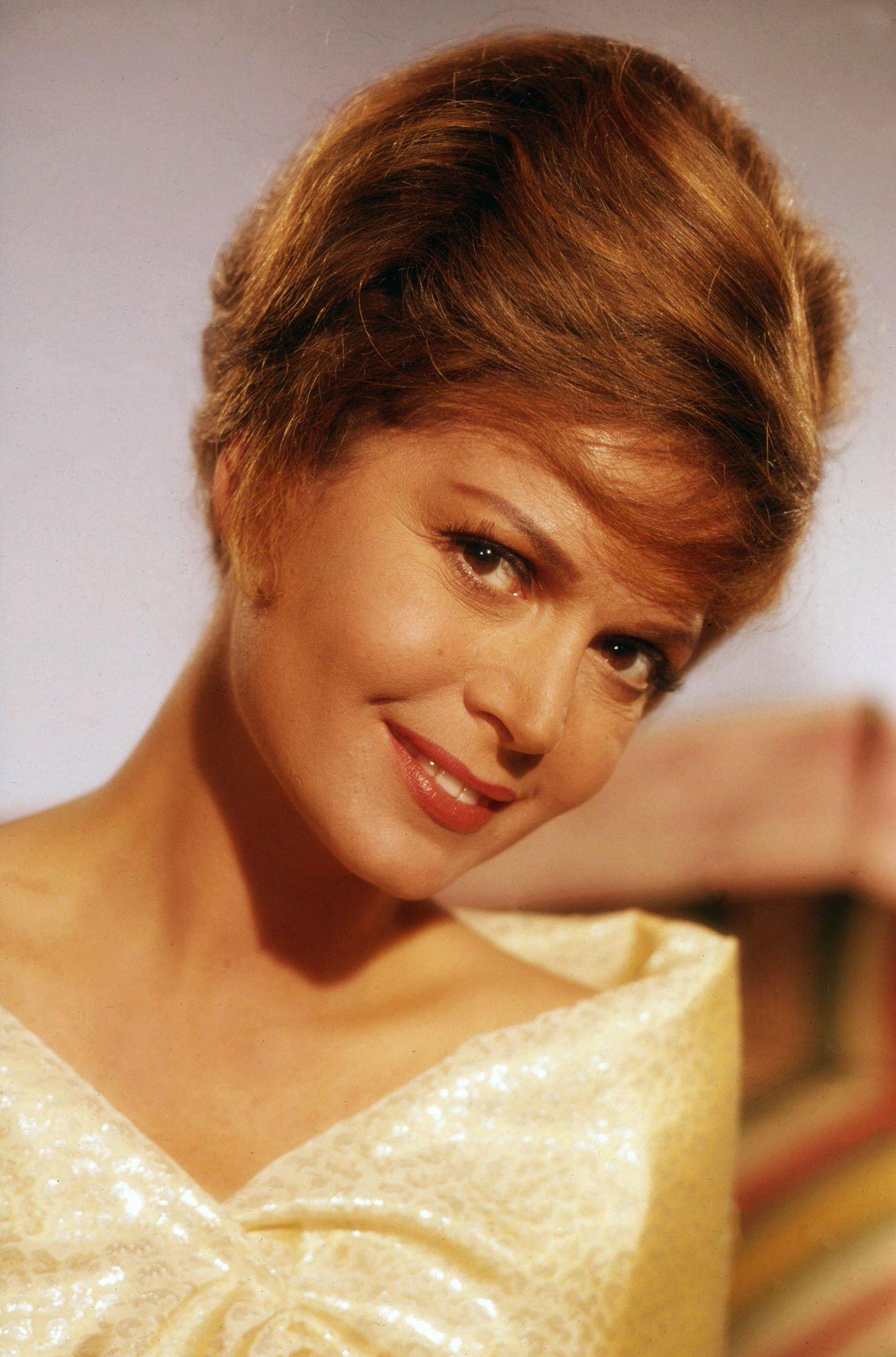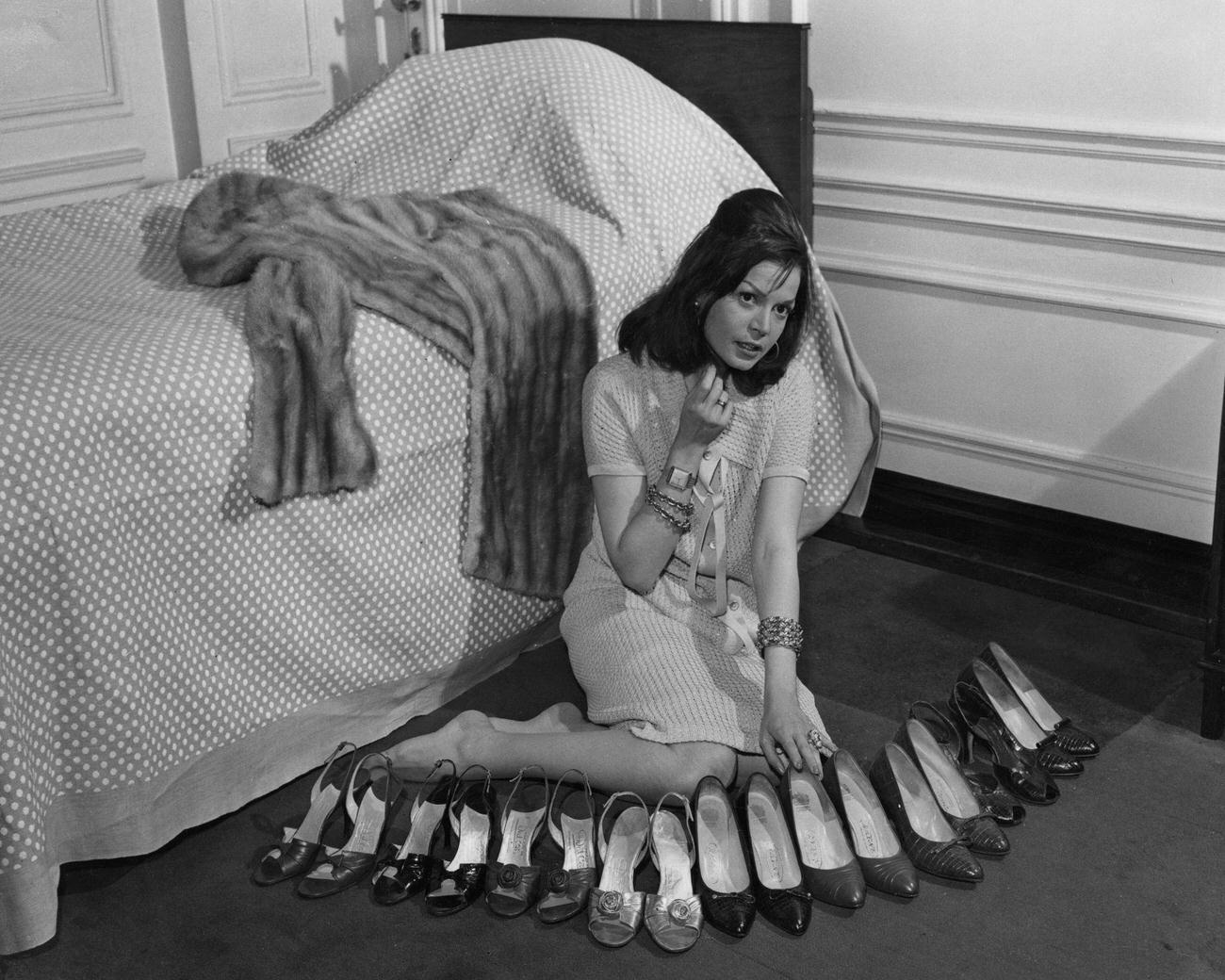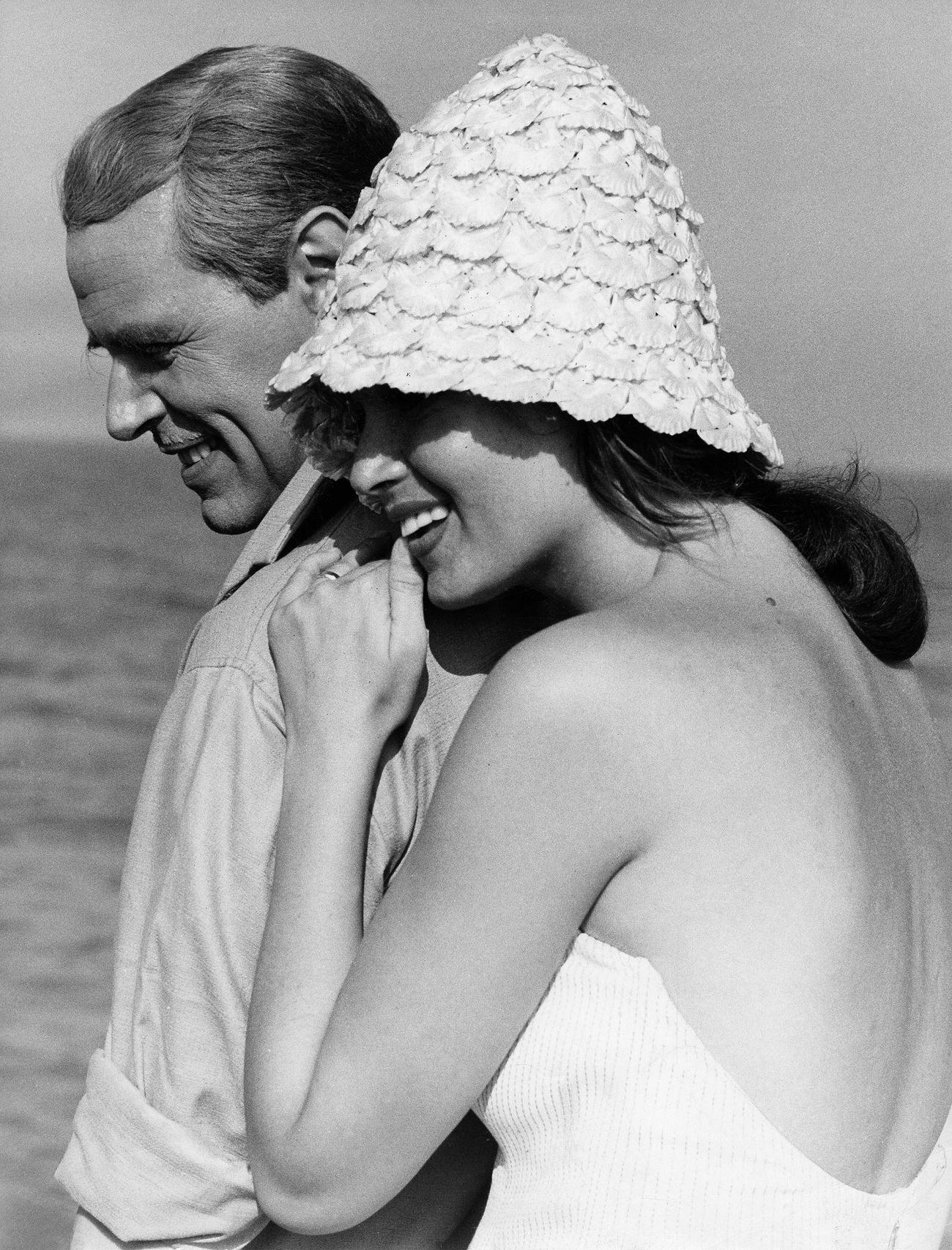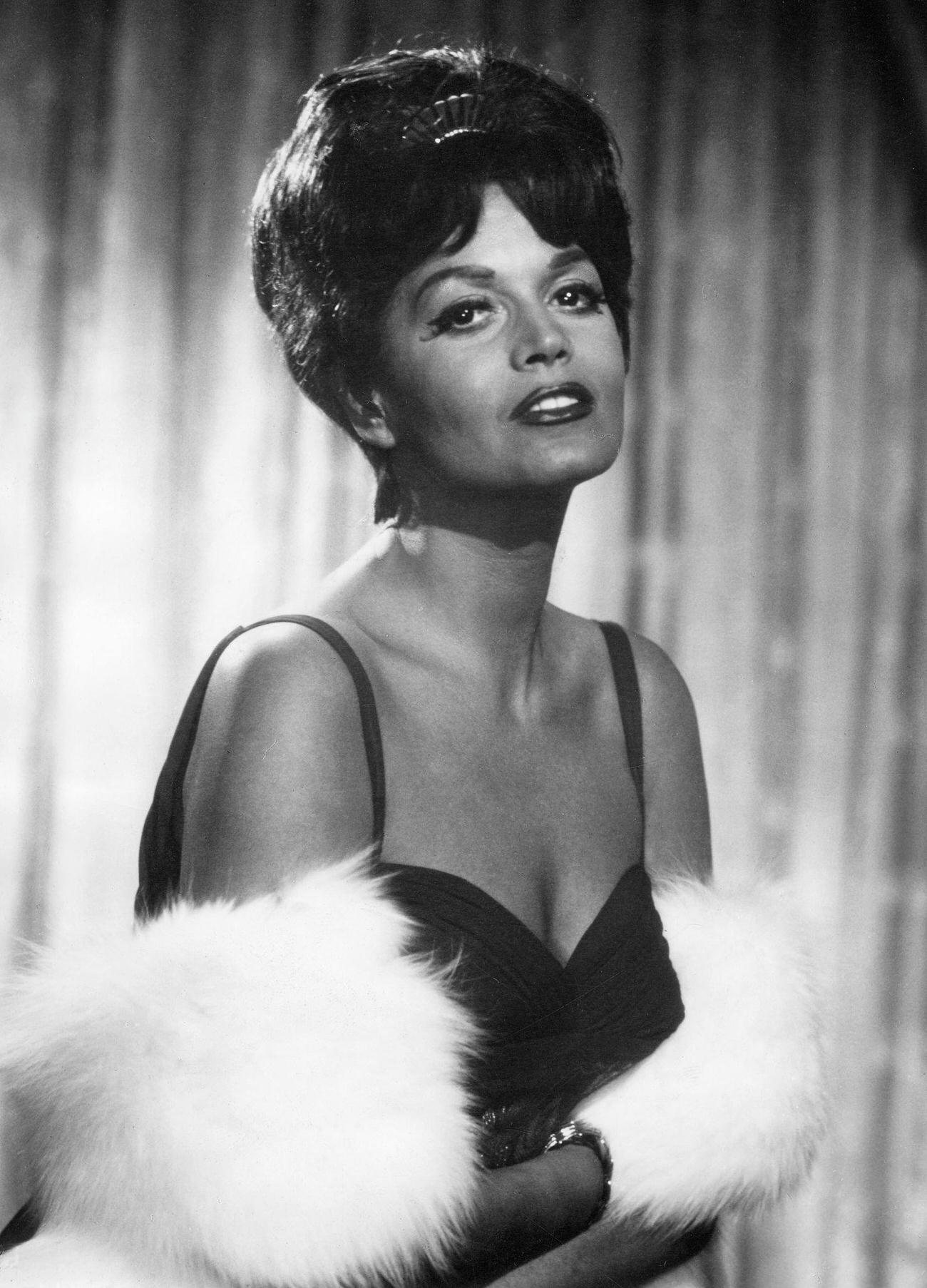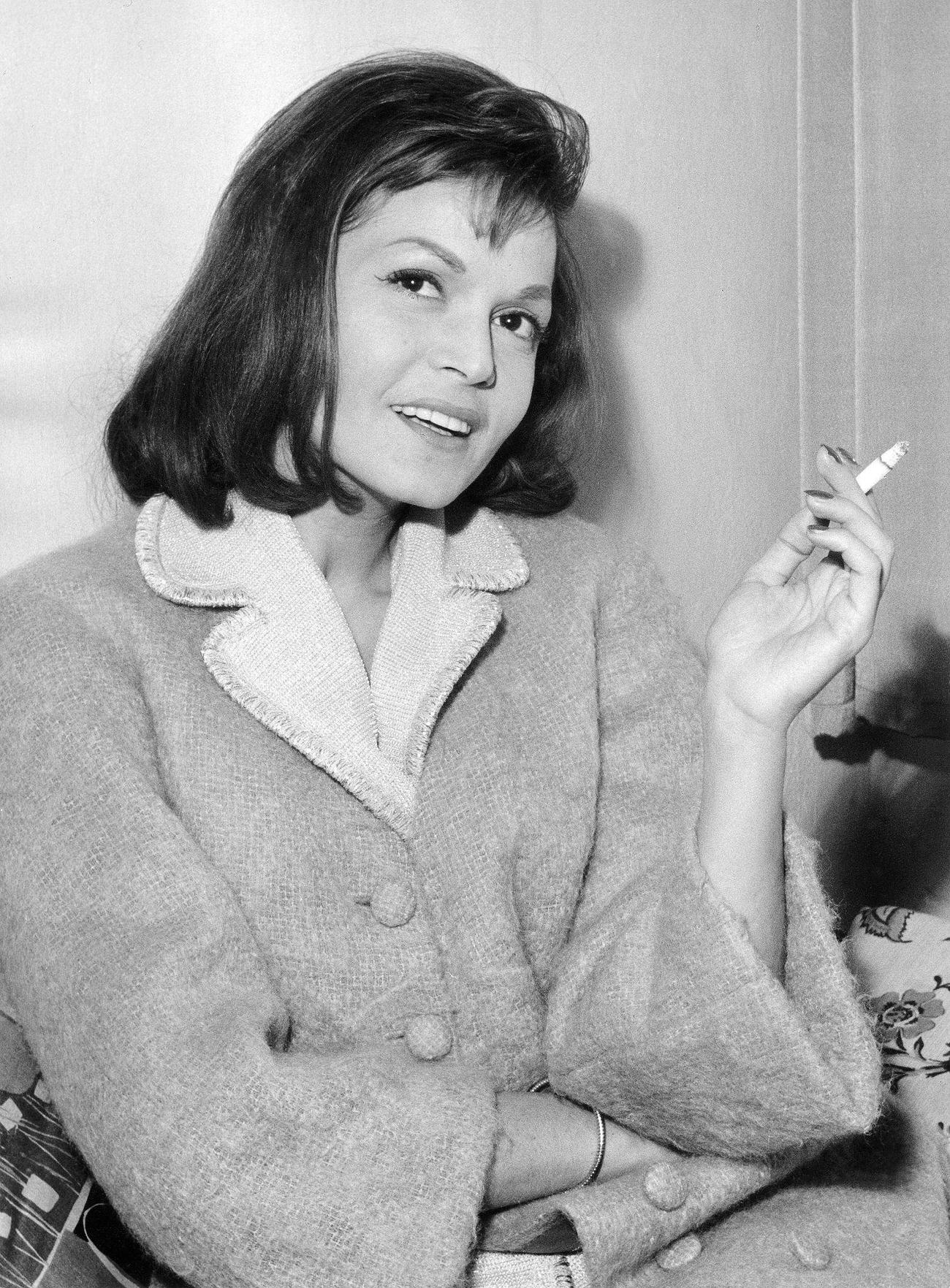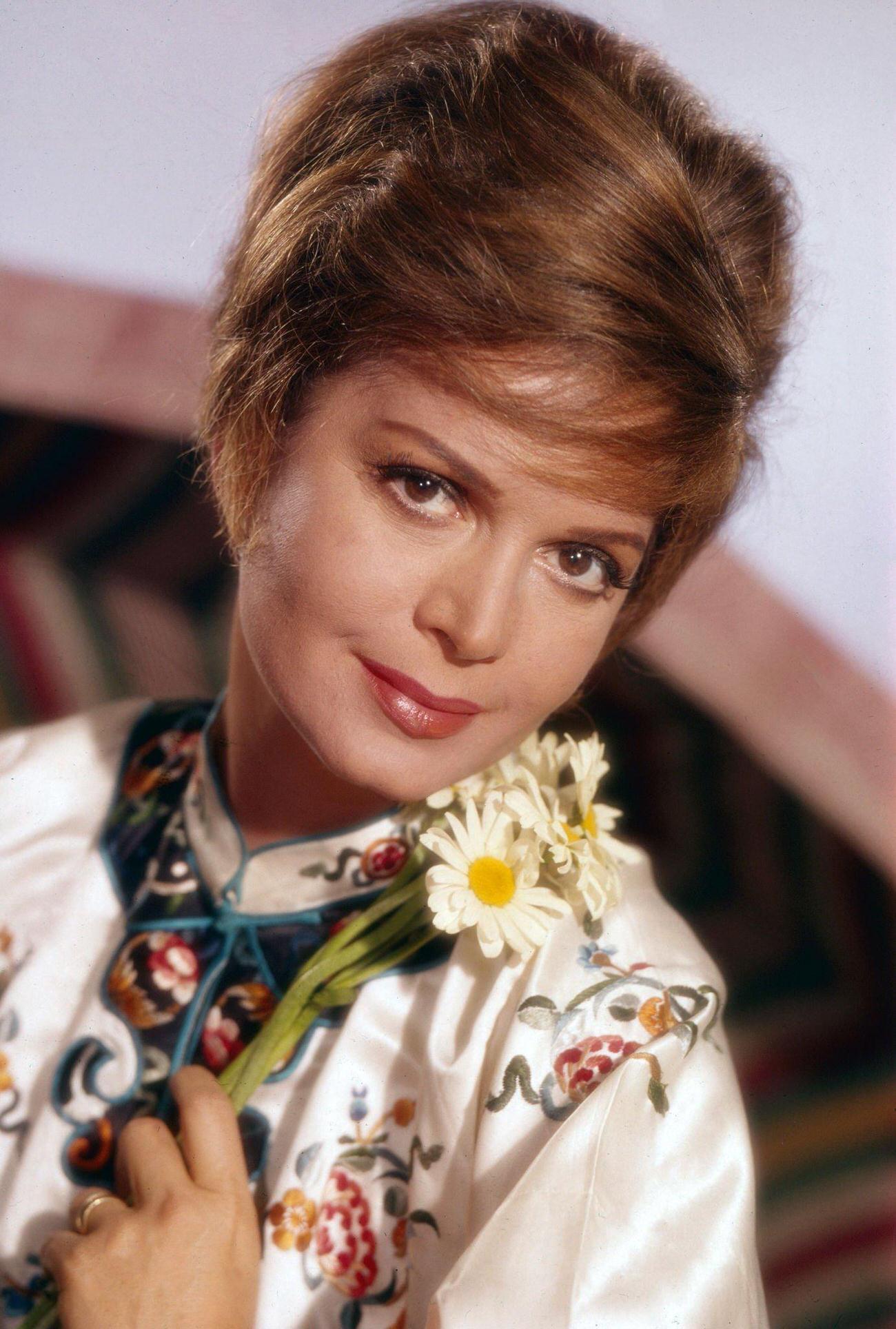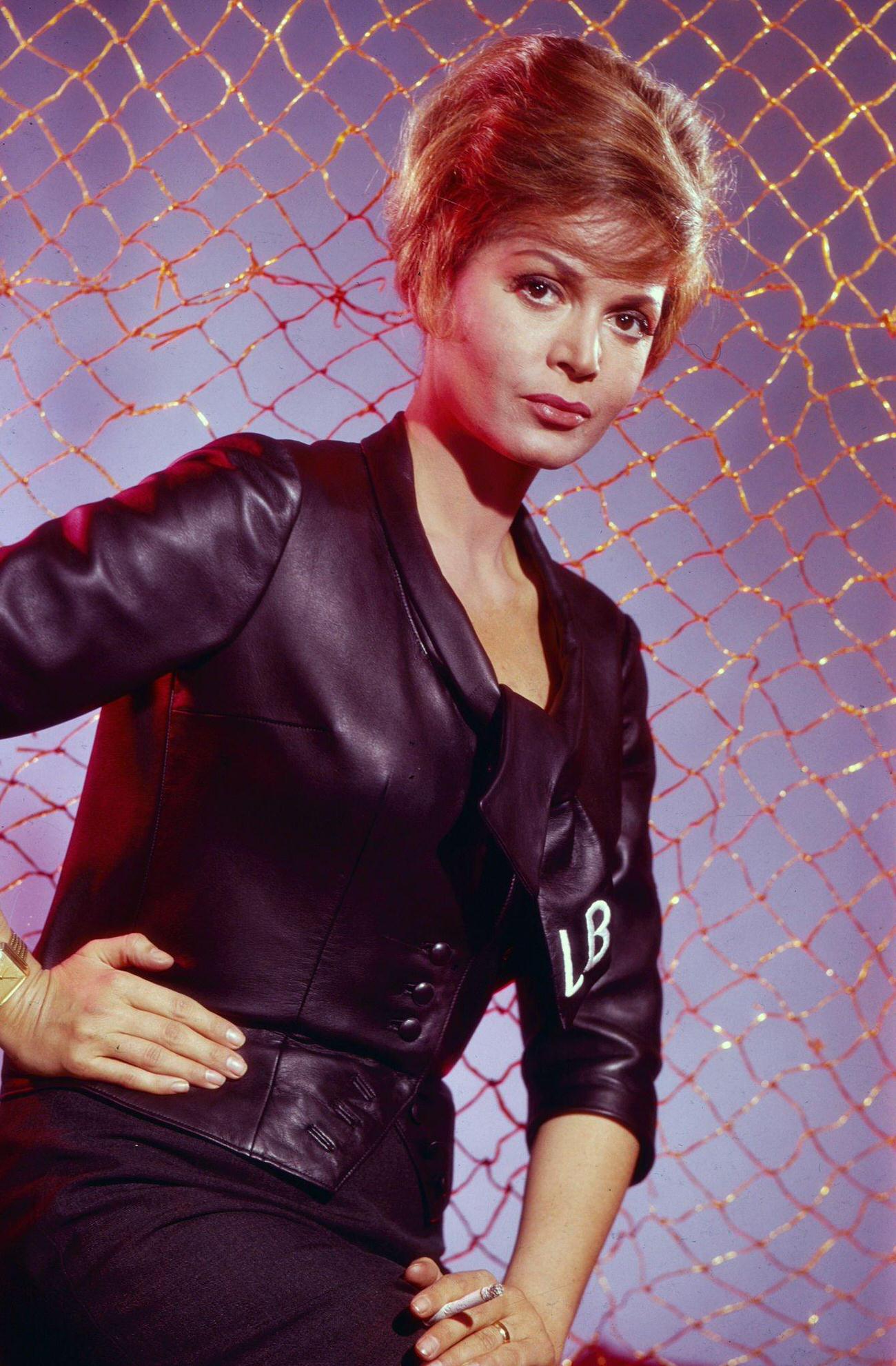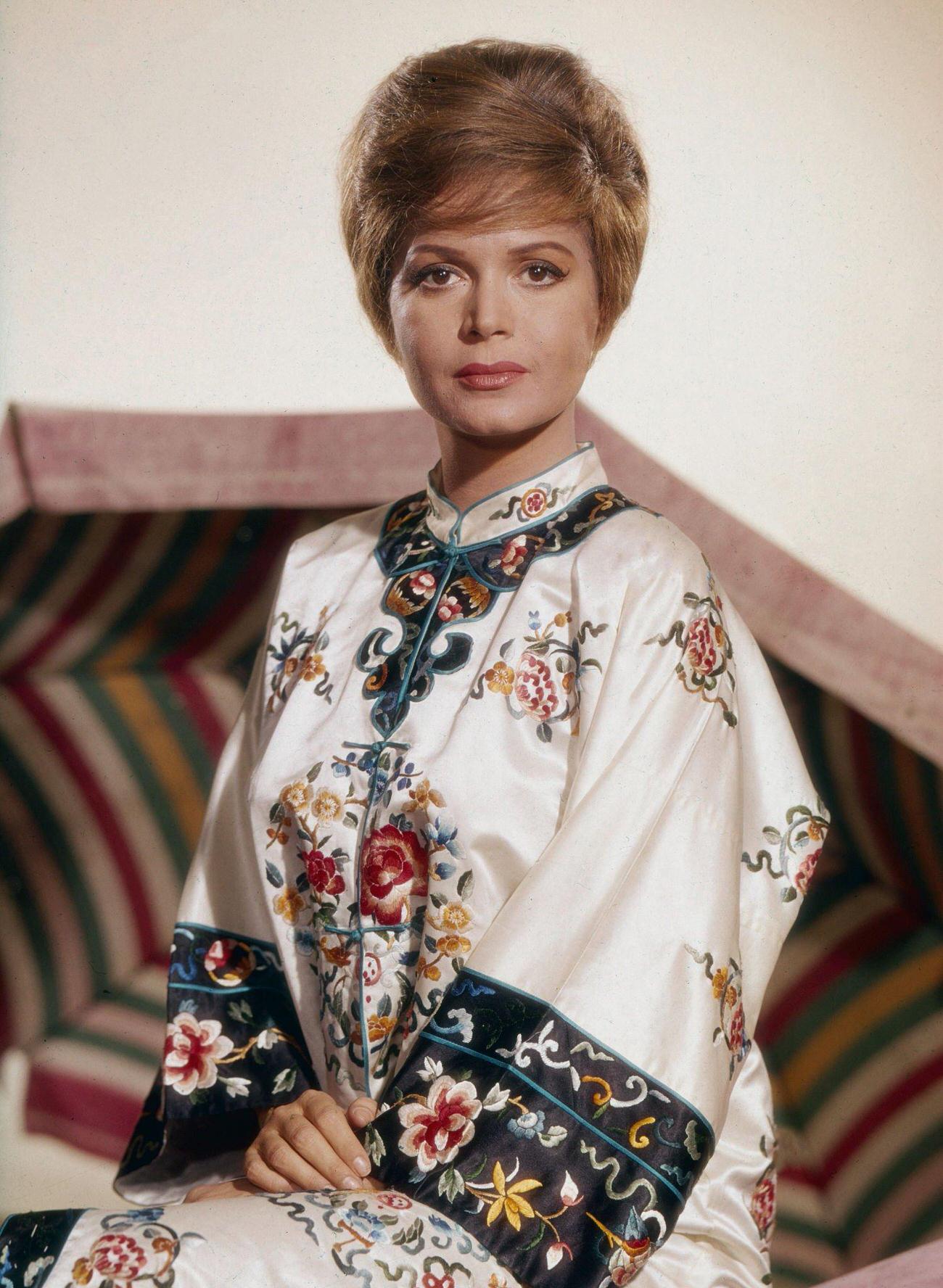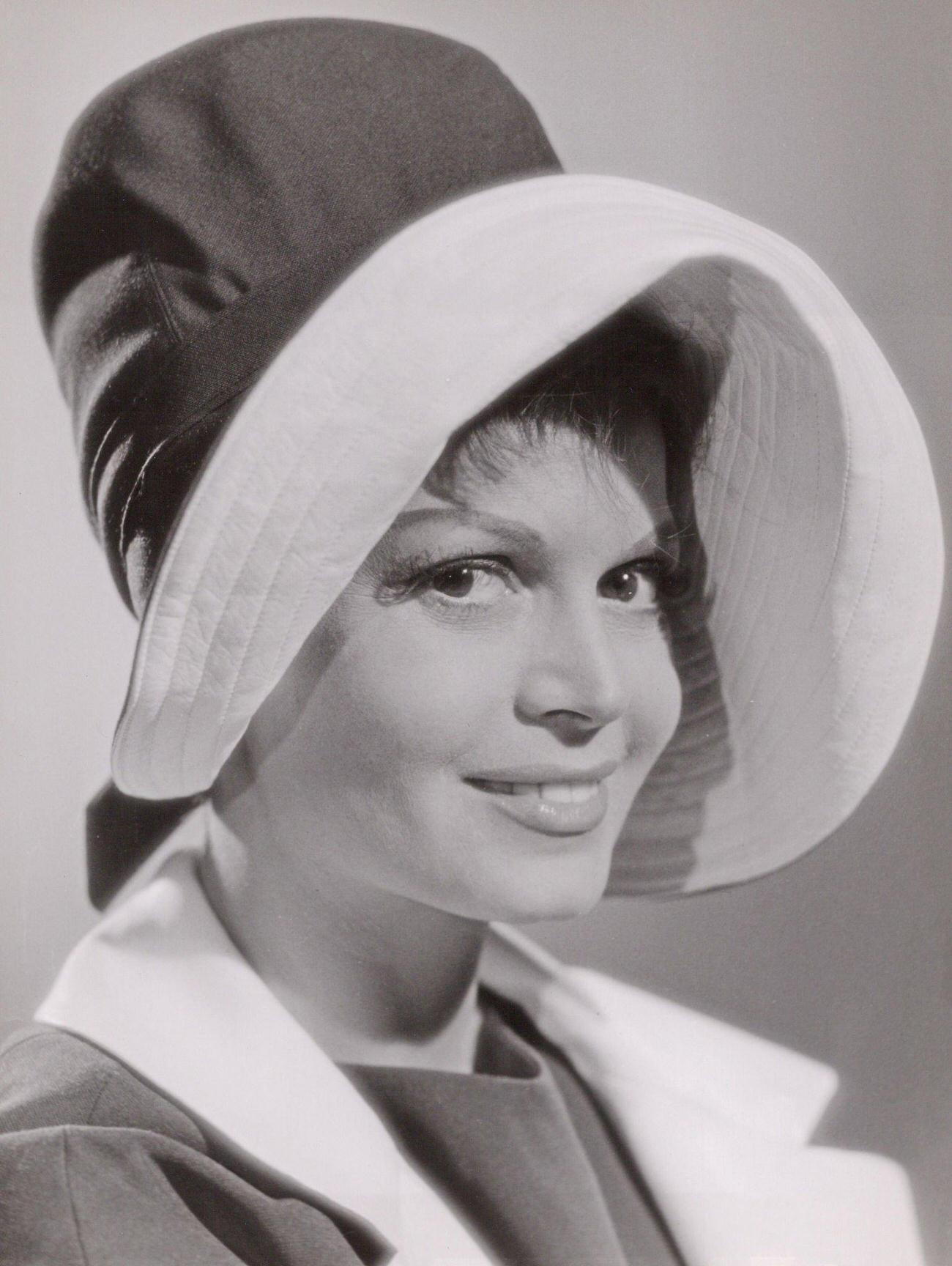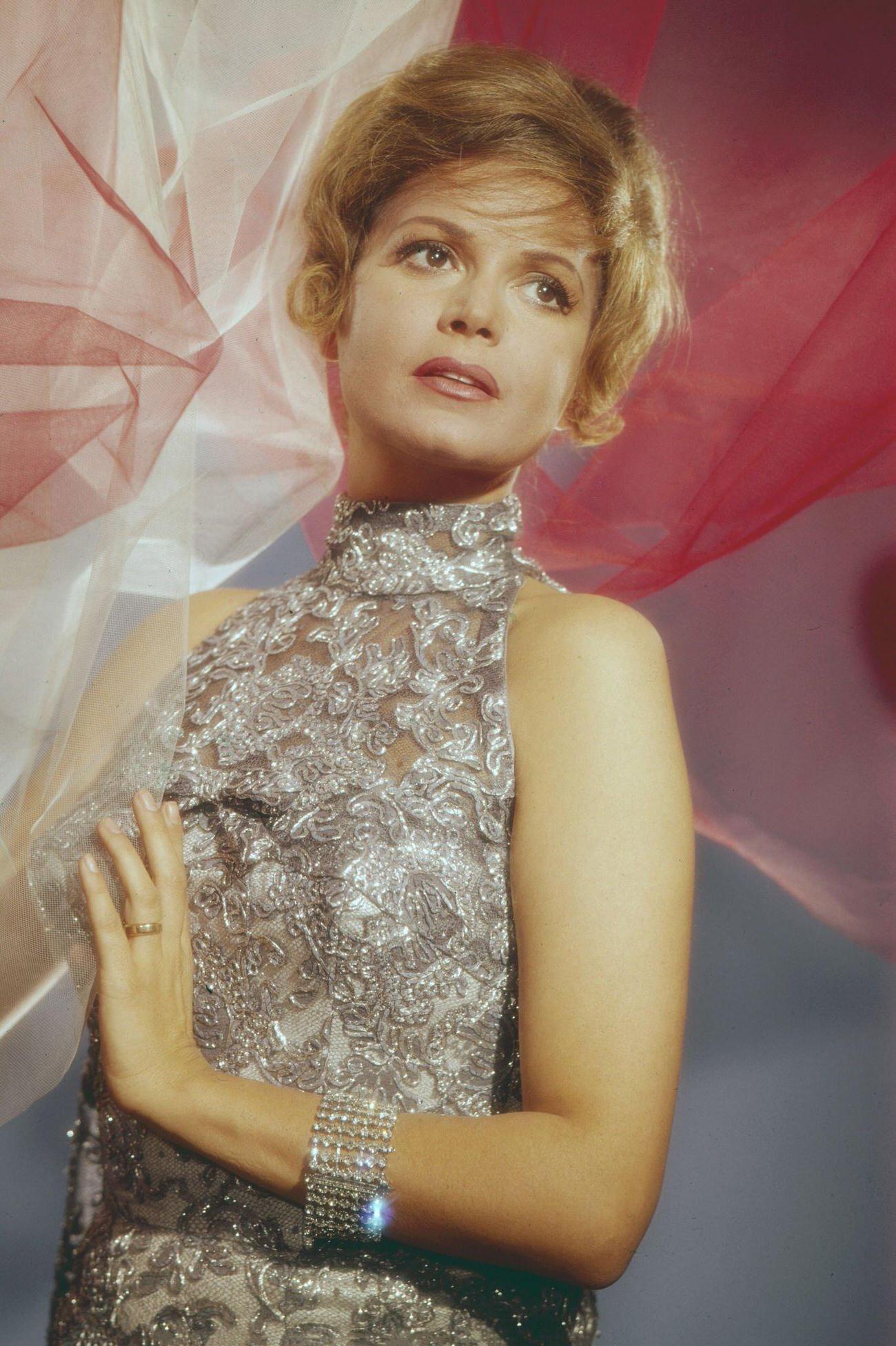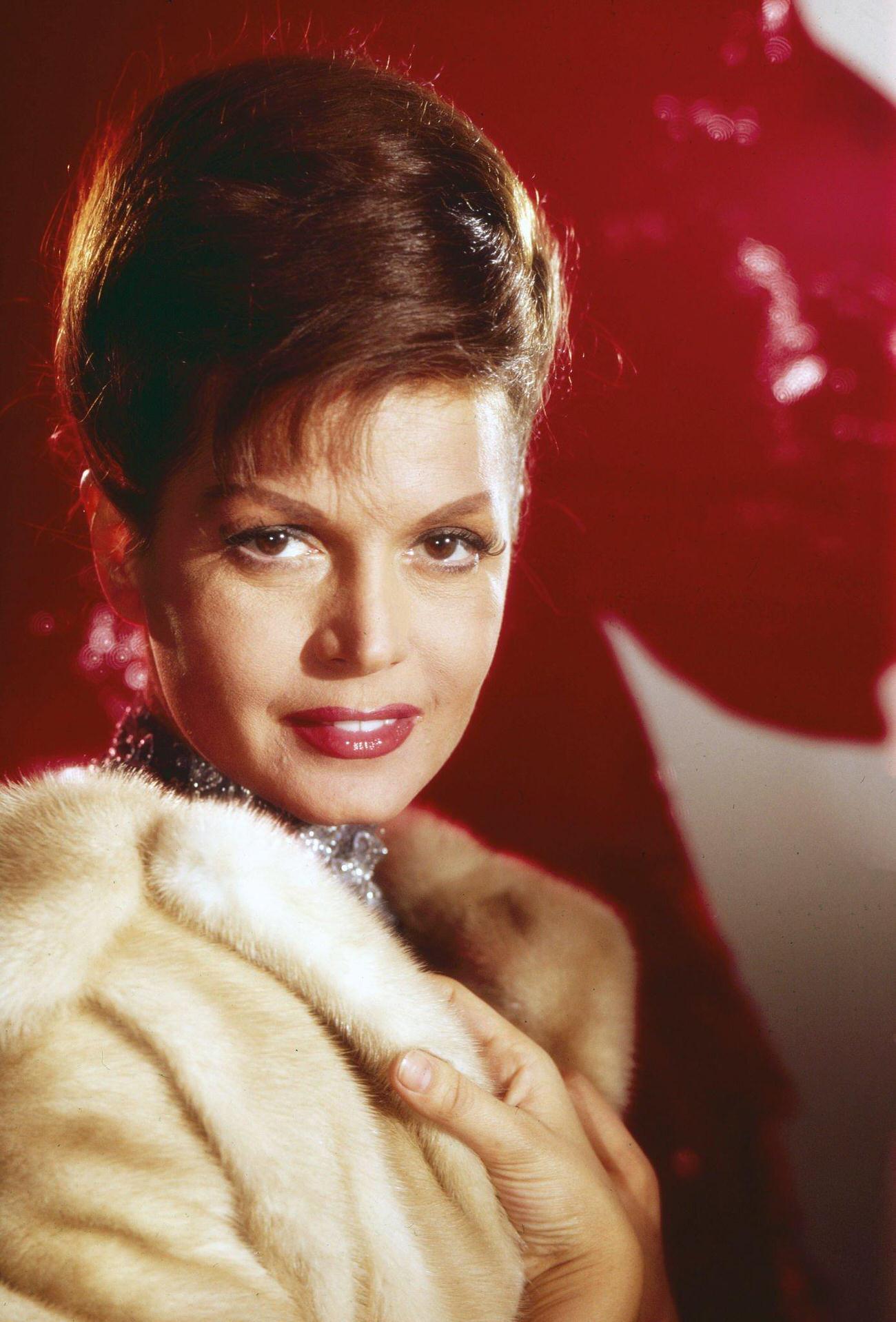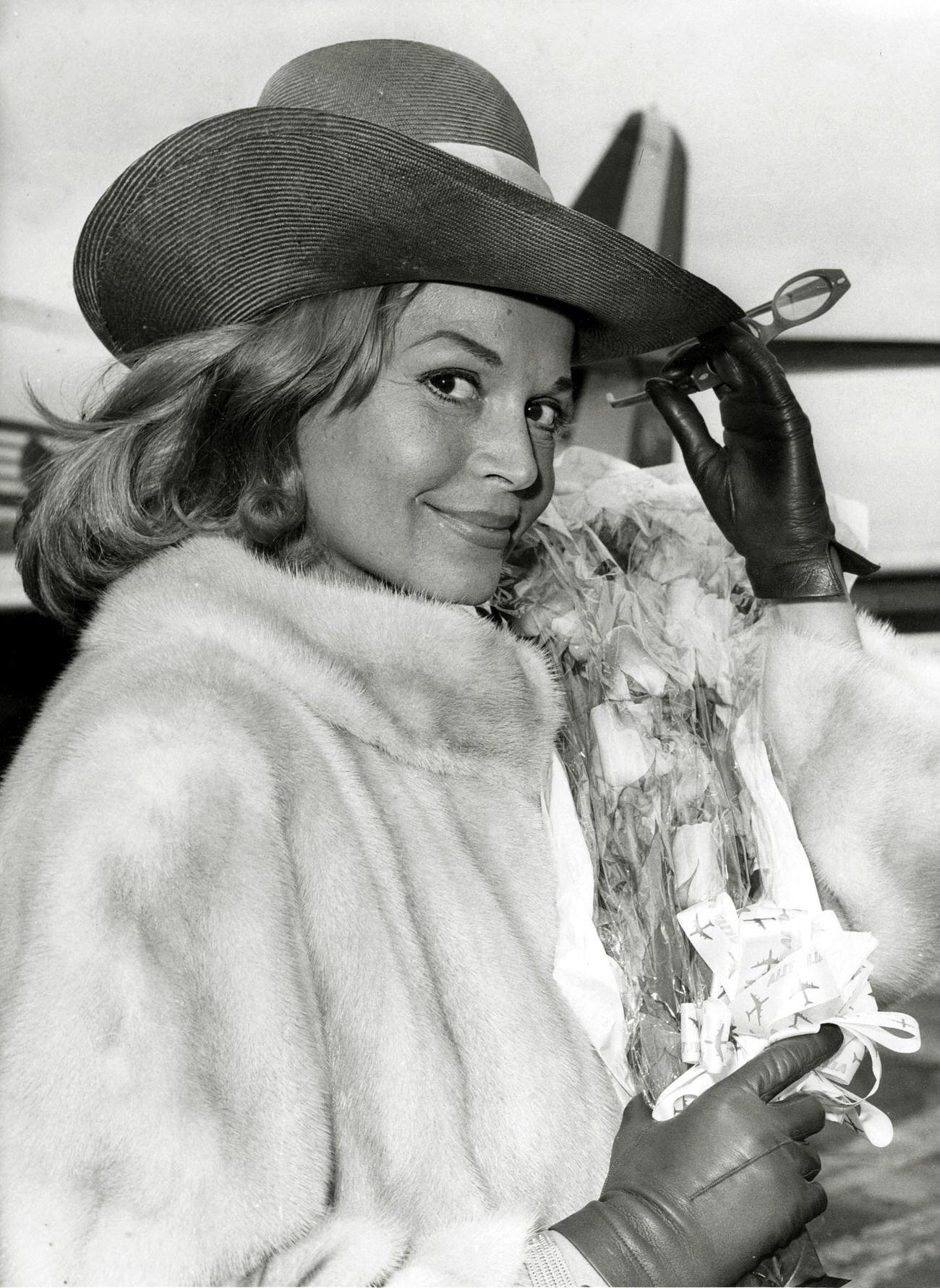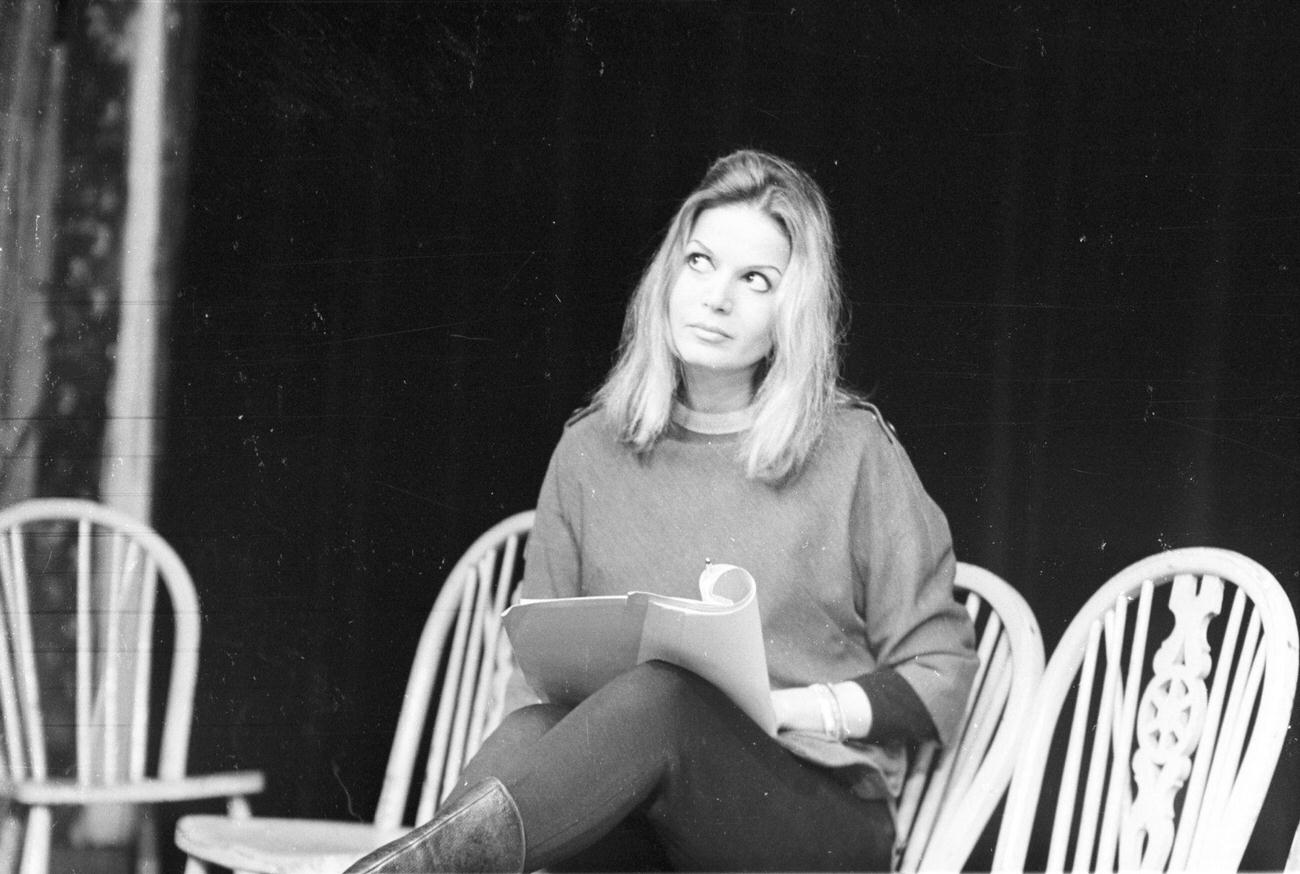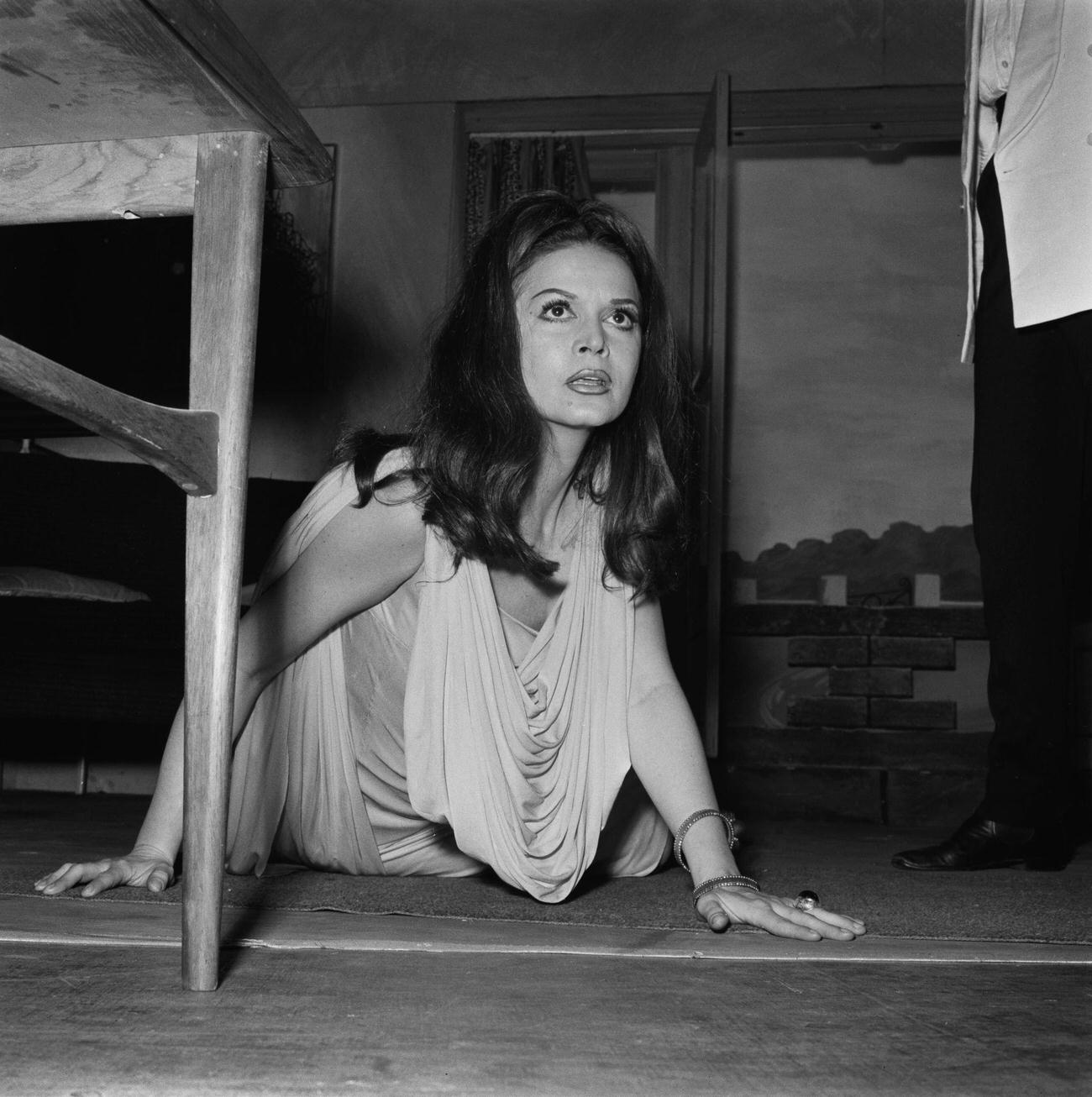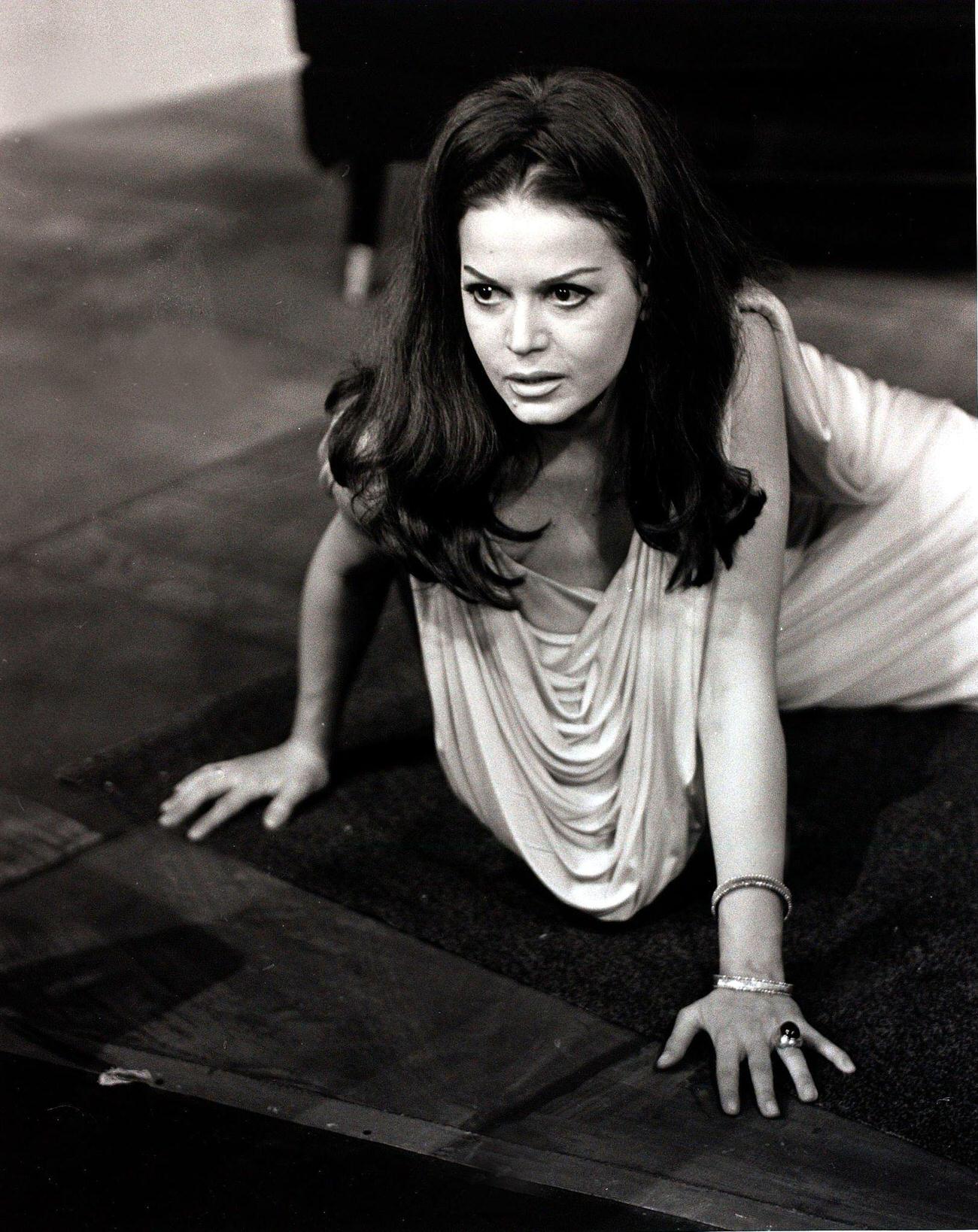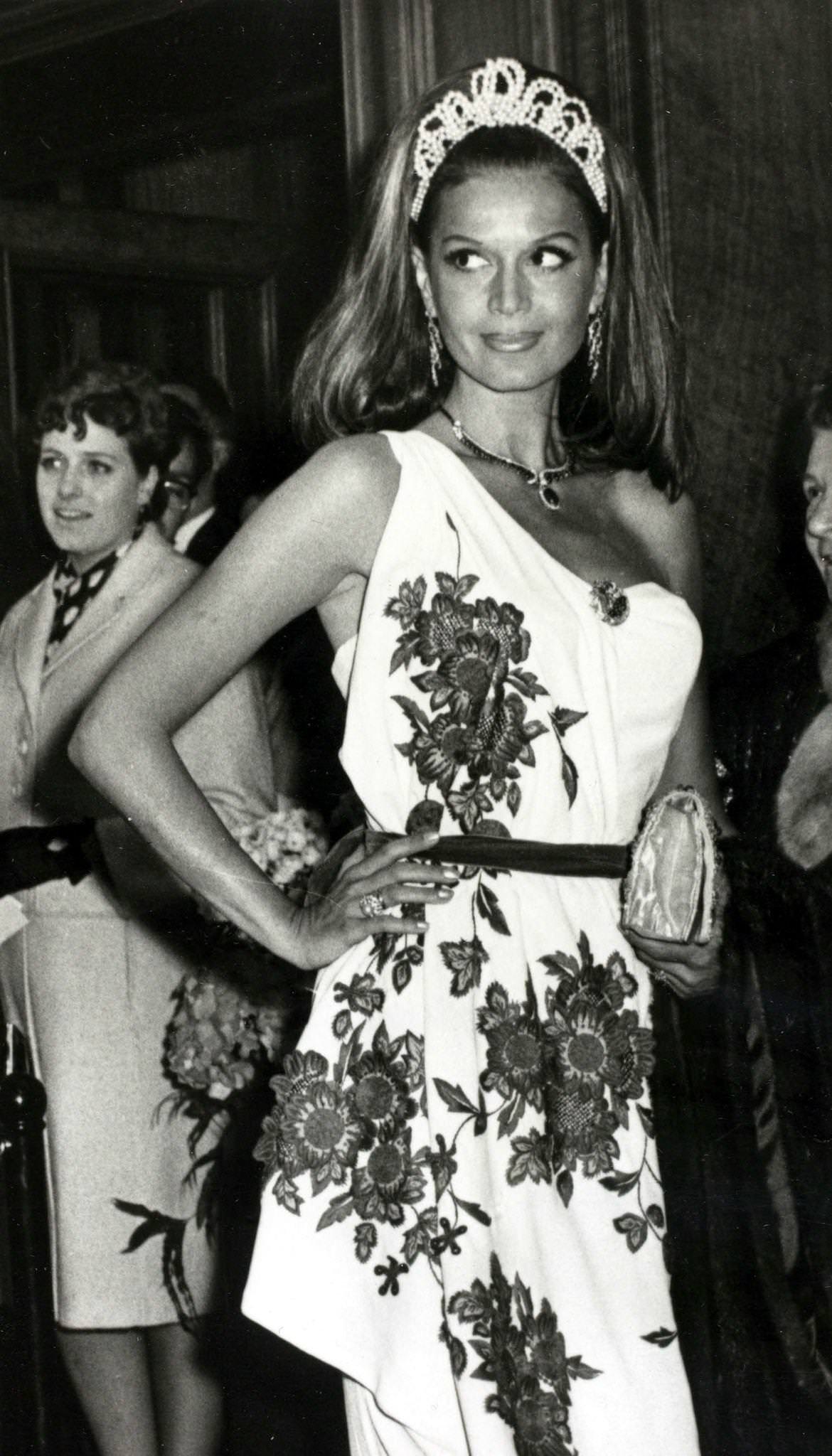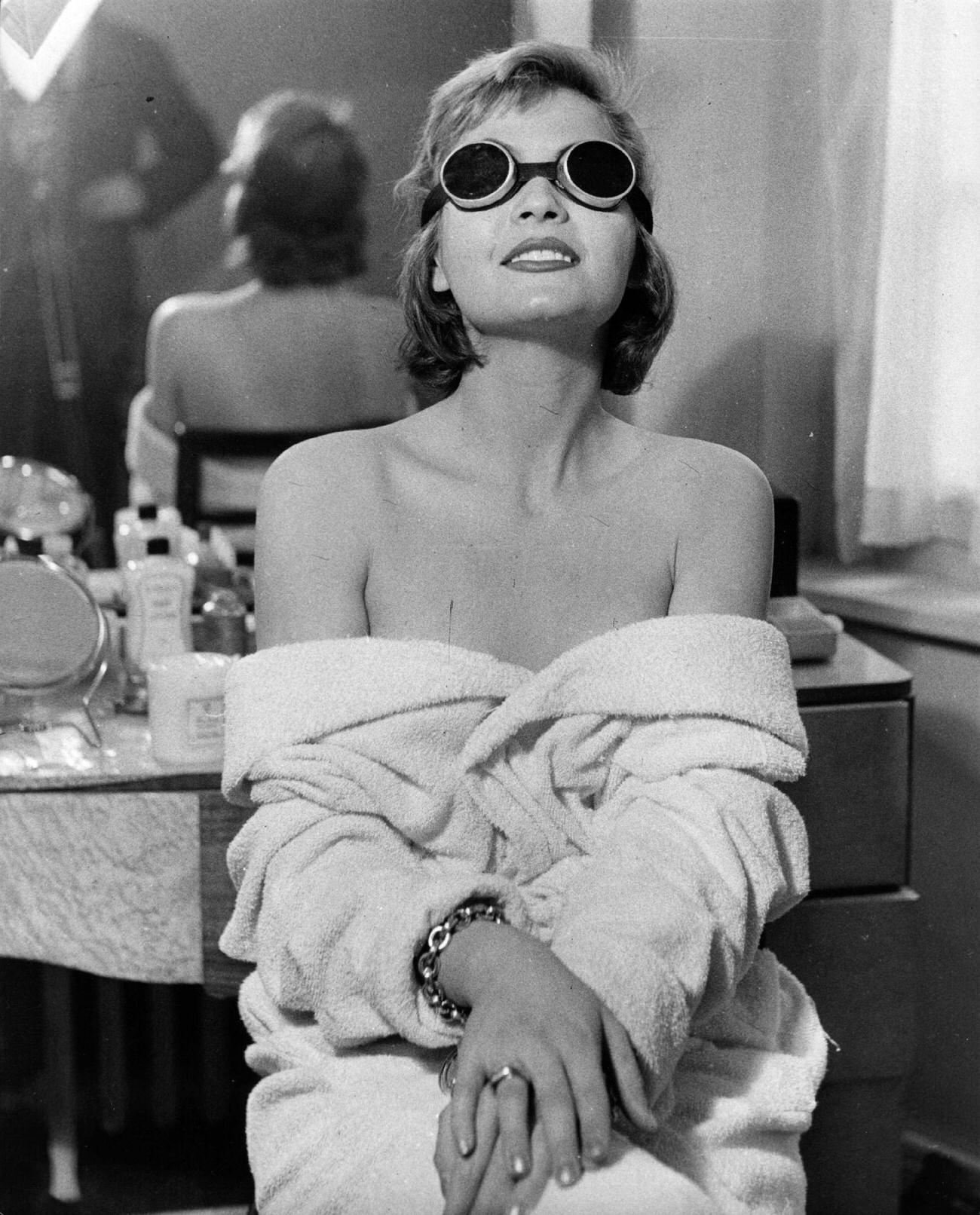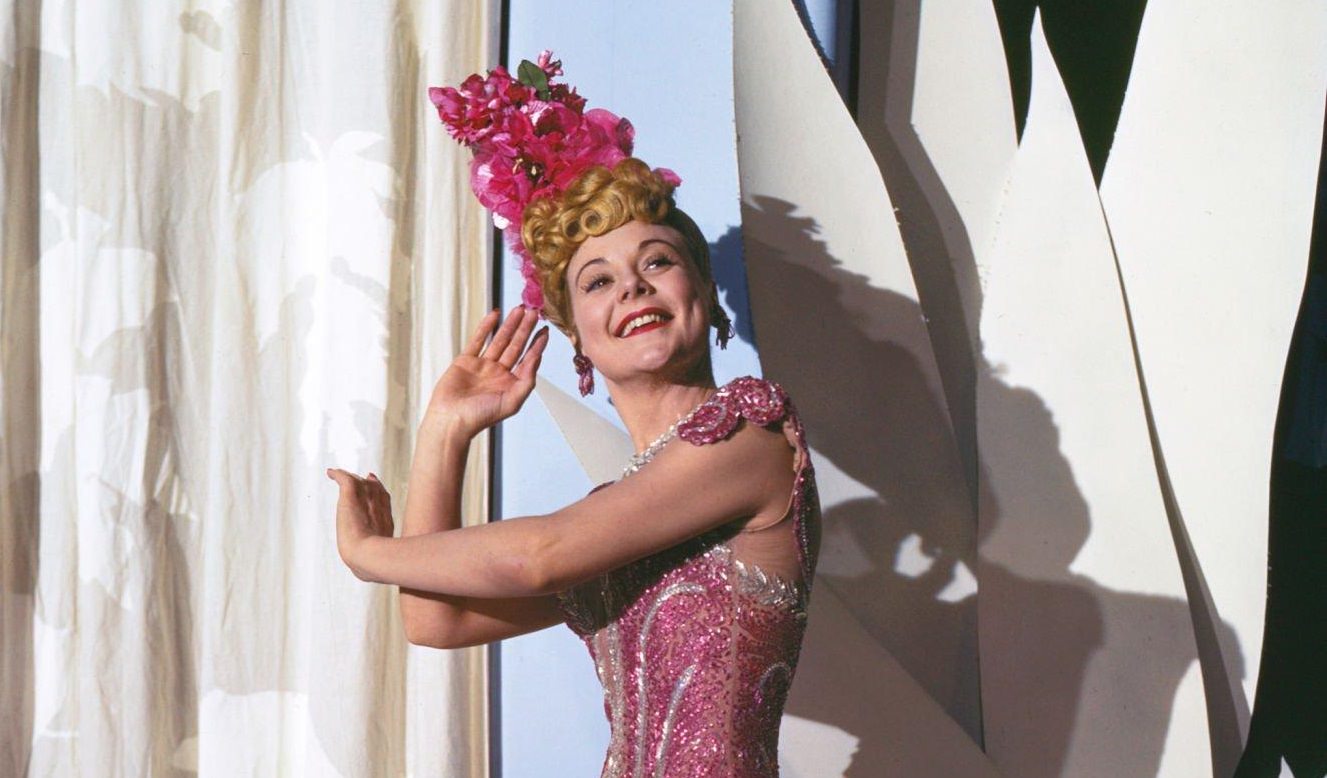Eva Bartok, born as Éva Márta Szőke Ivanovics on June 18, 1927, in Budapest, Hungary, was not just a screen siren but a survivor of tumultuous times. Her ascent in the world of cinema began after the harrows of World War II, a period that had left its scars on her both personally and politically. With the grace of classic Hollywood yet the fiery presence of European stars of the era, Bartok’s career took off in the early 1950s.
She first captured the public’s attention in Britain but her allure soon spread across the Atlantic and throughout Europe. Films like “The Crimson Pirate,” showcasing her alongside Burt Lancaster, gave audiences a glimpse of her captivating talent and screen presence. Bartok’s roles often veiled her real-life struggles with a mesmerizing charm that was both endearing and intriguing.
Stardom and Signature Roles
Eva Bartok’s name became synonymous with a mix of grit and glamour. Her performances spanned genres, from thrillers to romantic dramas, each time leaving an indelible mark on her audience. Her portrayal of characters often broke the mold of the submissive post-war woman, bringing to life strong, complex women with narratives of their own.
In “Ten Thousand Bedrooms,” Bartok’s talent for comedy came to light, while in “Blood and Black Lace,” she delved into the suspenseful world of a fashion house plagued by murders, highlighting her ability to adapt to the changing tones of cinema. These films were not only commercial successes but also cinematic landmarks that celebrated her as a versatile actress capable of crossing cultural and linguistic barriers.
Personal Life
Off the screen, Eva Bartok’s life was no less dramatic than her films. Her personal story included fleeing from the Nazis and surviving the brutalities of World War II. She married several times, with each relationship adding to her life’s rich tapestry. Her partners ranged from royalty, like her marriage to the German-Austrian actor Curd Jürgens, to the curious choice of marrying a Luftwaffe officer to avoid deportation, a union that lasted only a few days.
Her fourth husband was the famed composer Béla Bartók Jr., whose name she retained even after their marriage ended. The most sensational of all her relationships was with Frank Sinatra, although brief, it was a testament to her charm that transcended her film roles.
Towards the latter part of her life, Eva Bartok stepped away from the limelight. She embraced Buddhism, which brought her peace and solace, a stark contrast to the upheaval of her earlier years. Bartok passed away on August 1, 1998, in London, leaving behind a legacy that was as complex as it was captivating.


